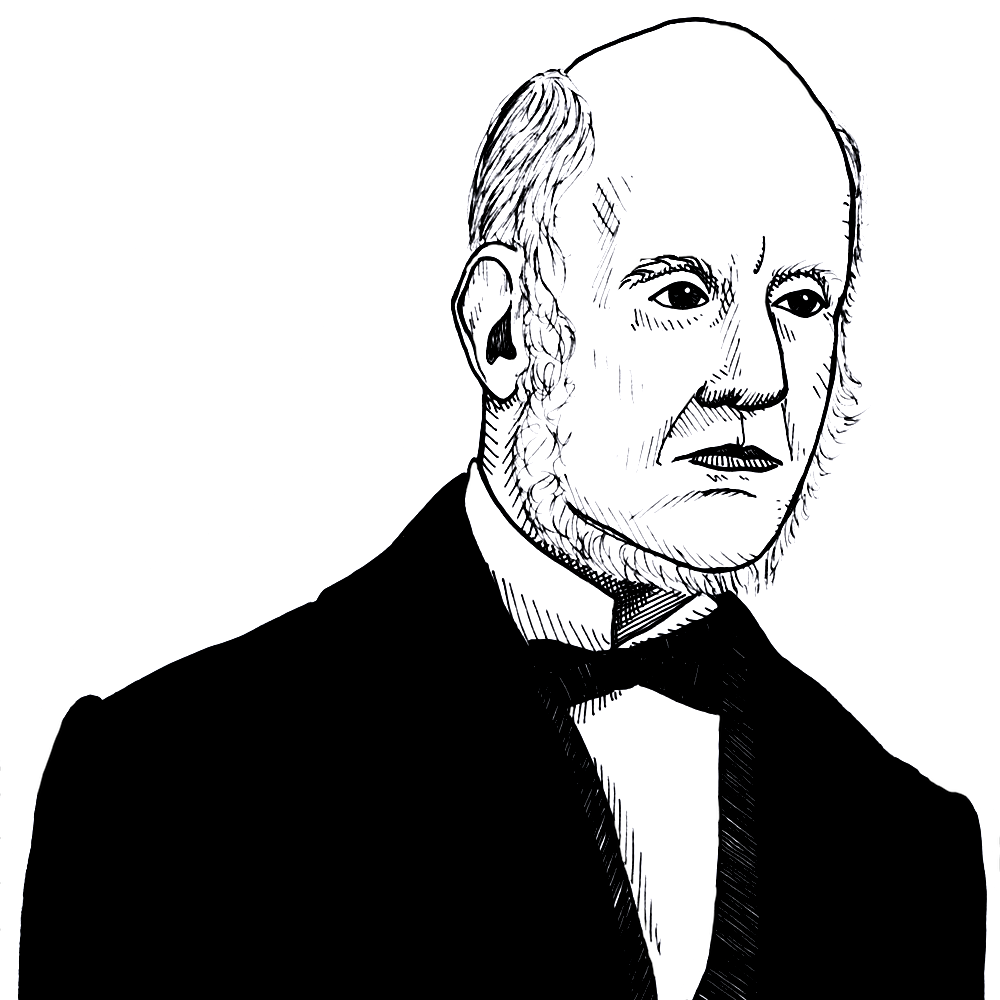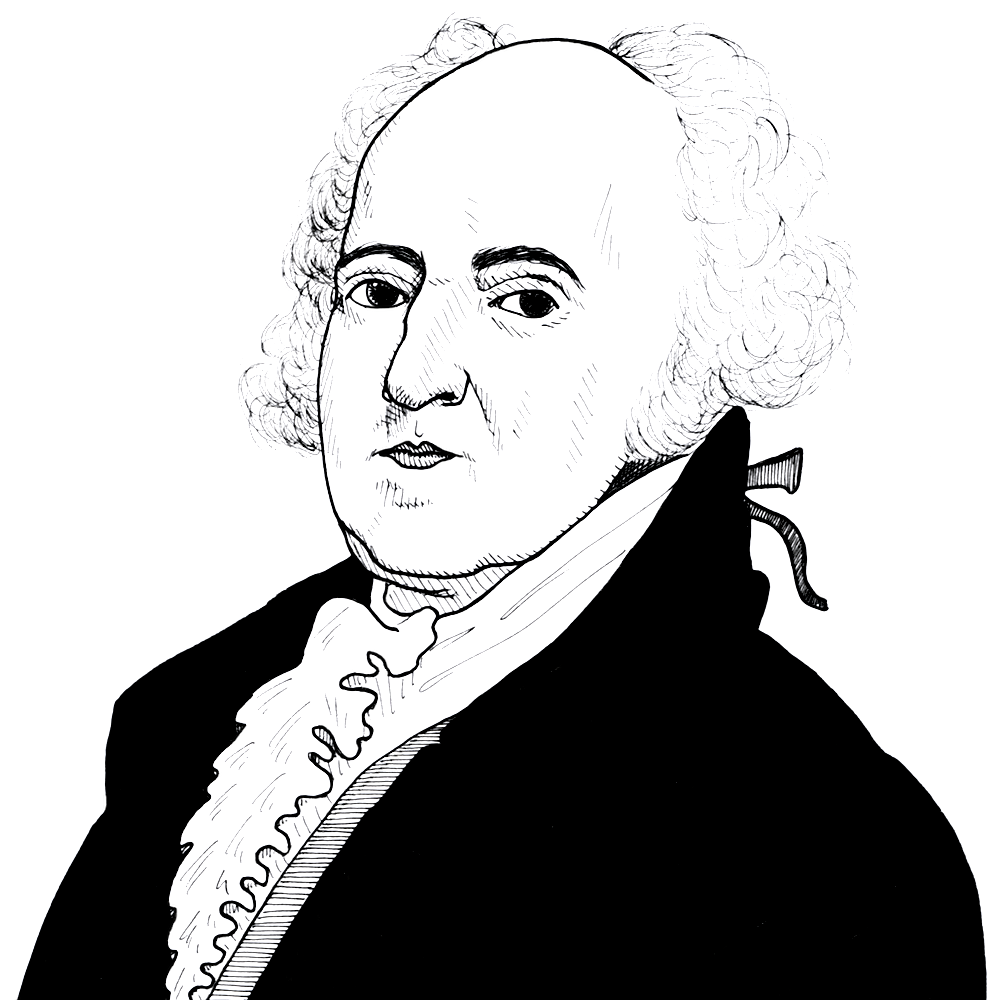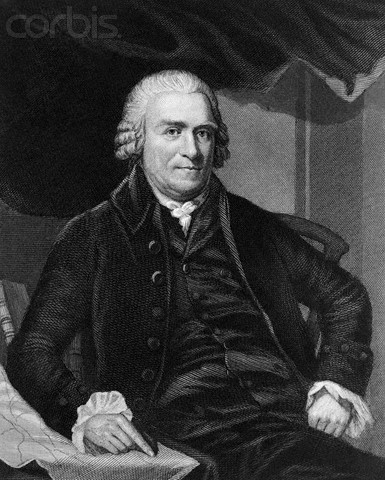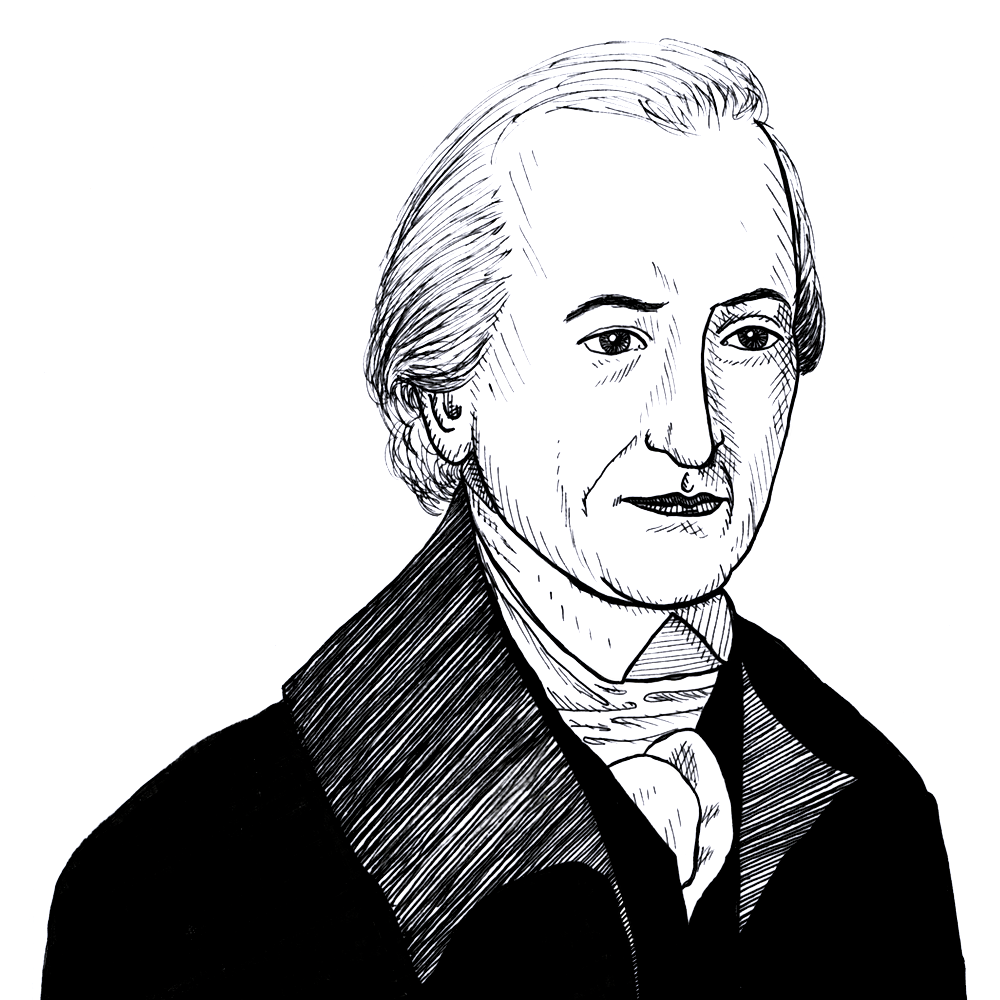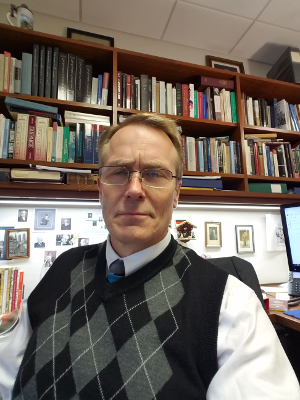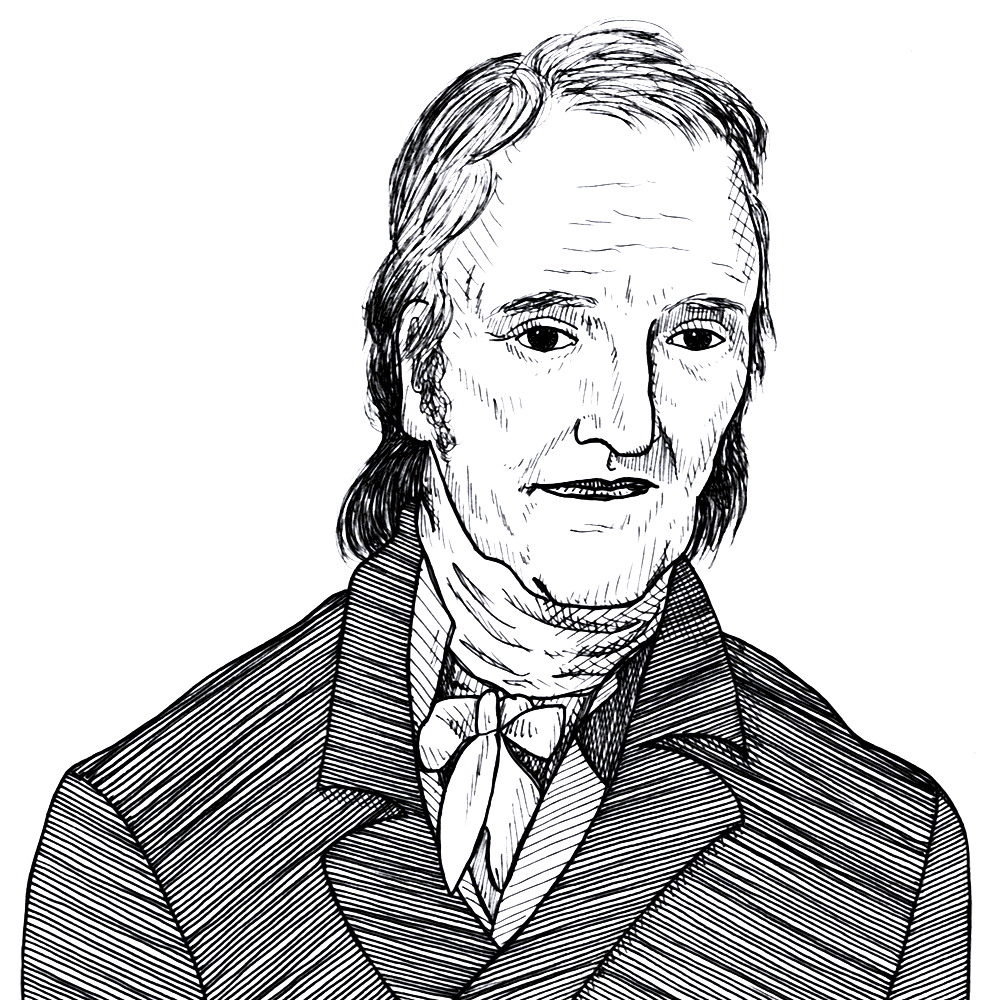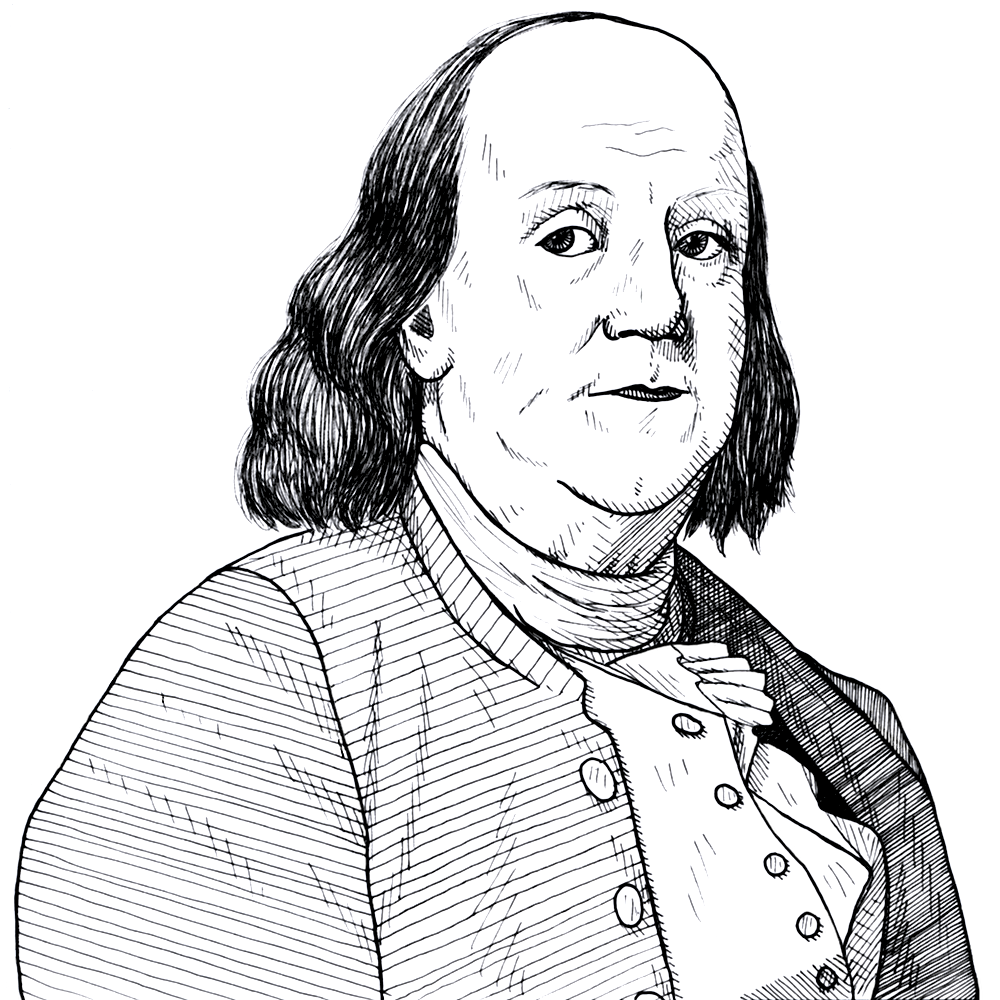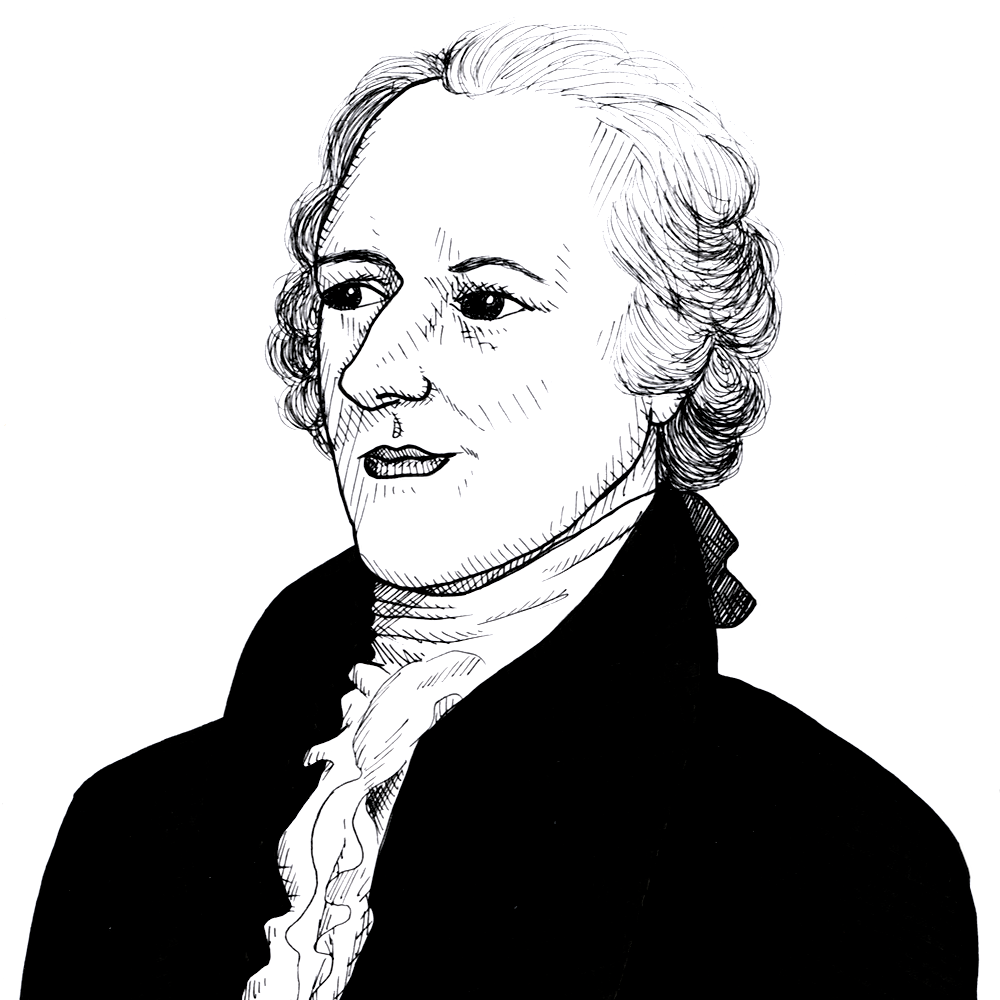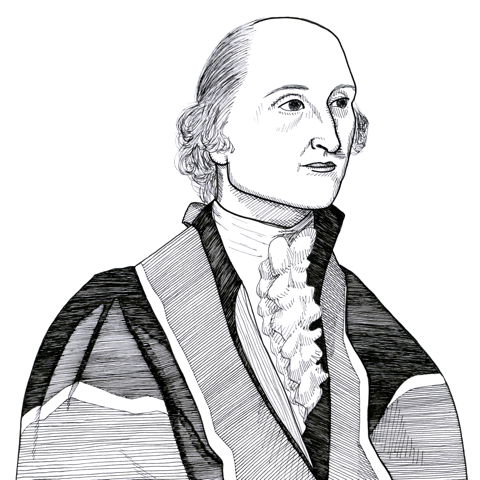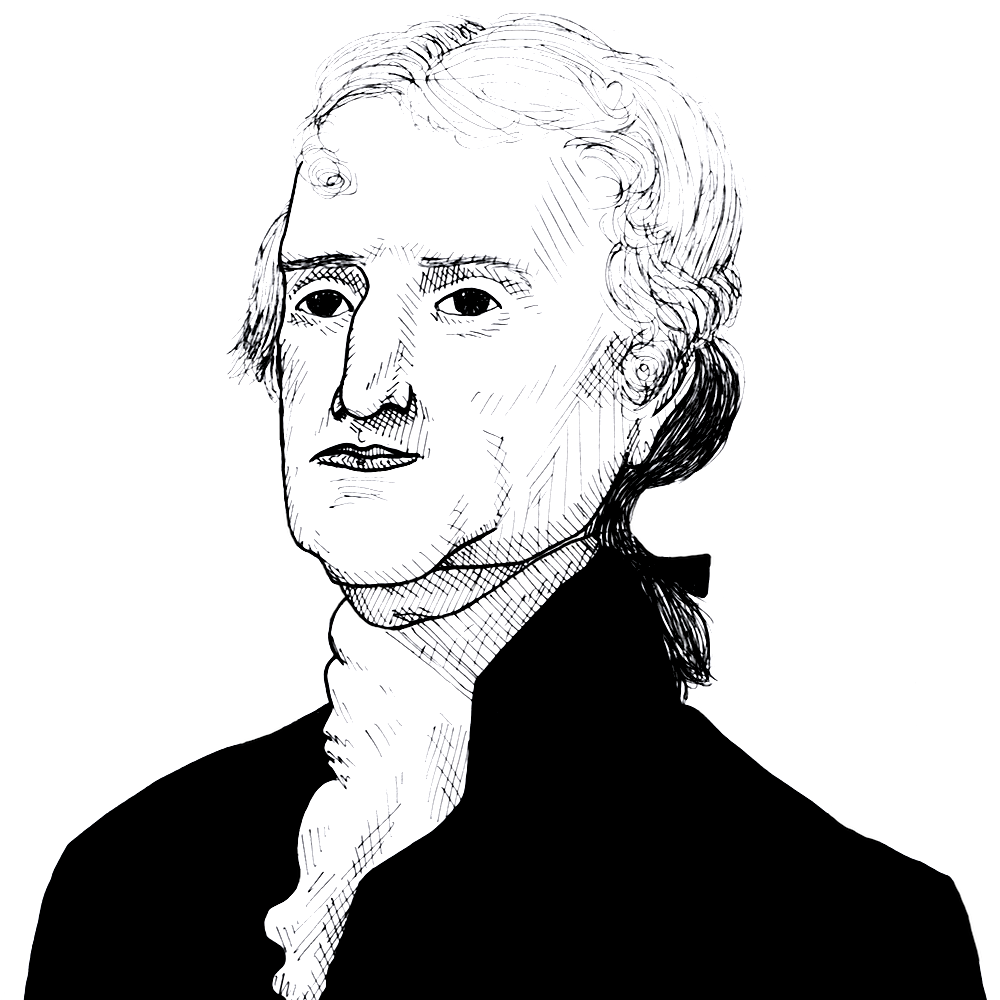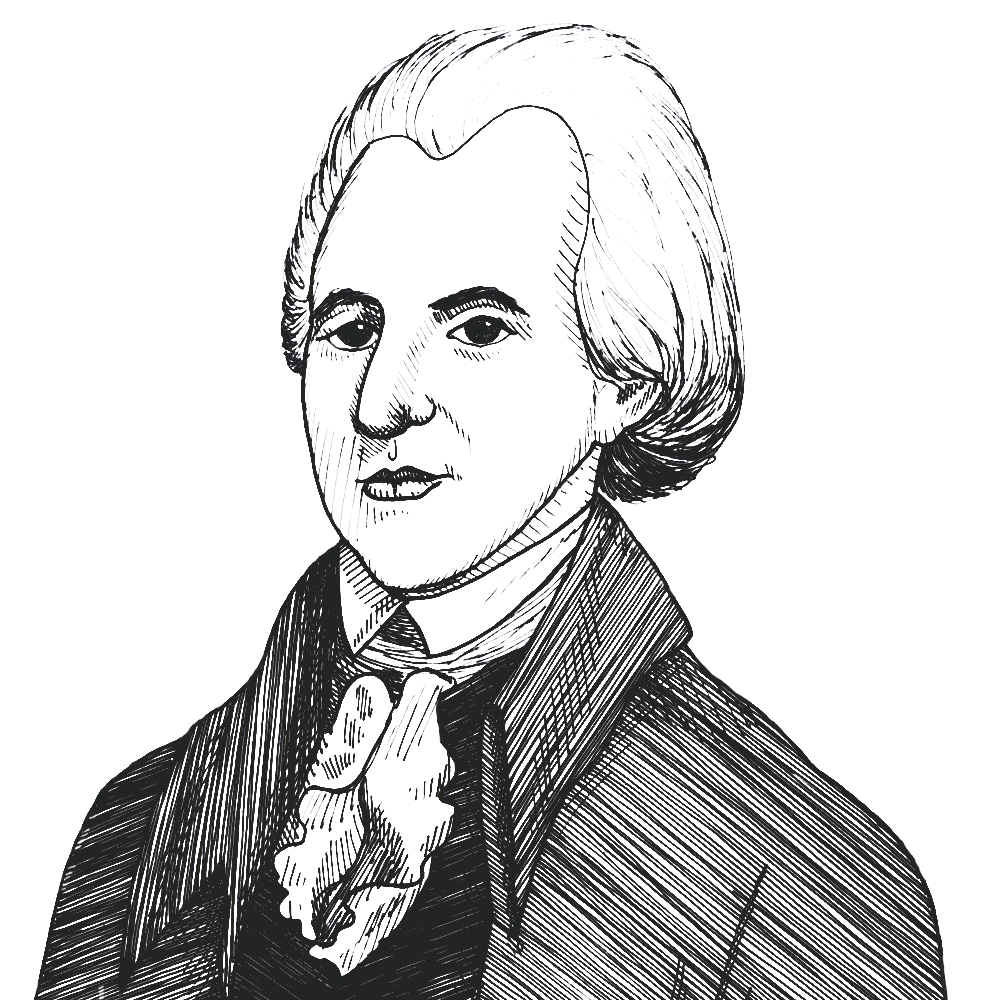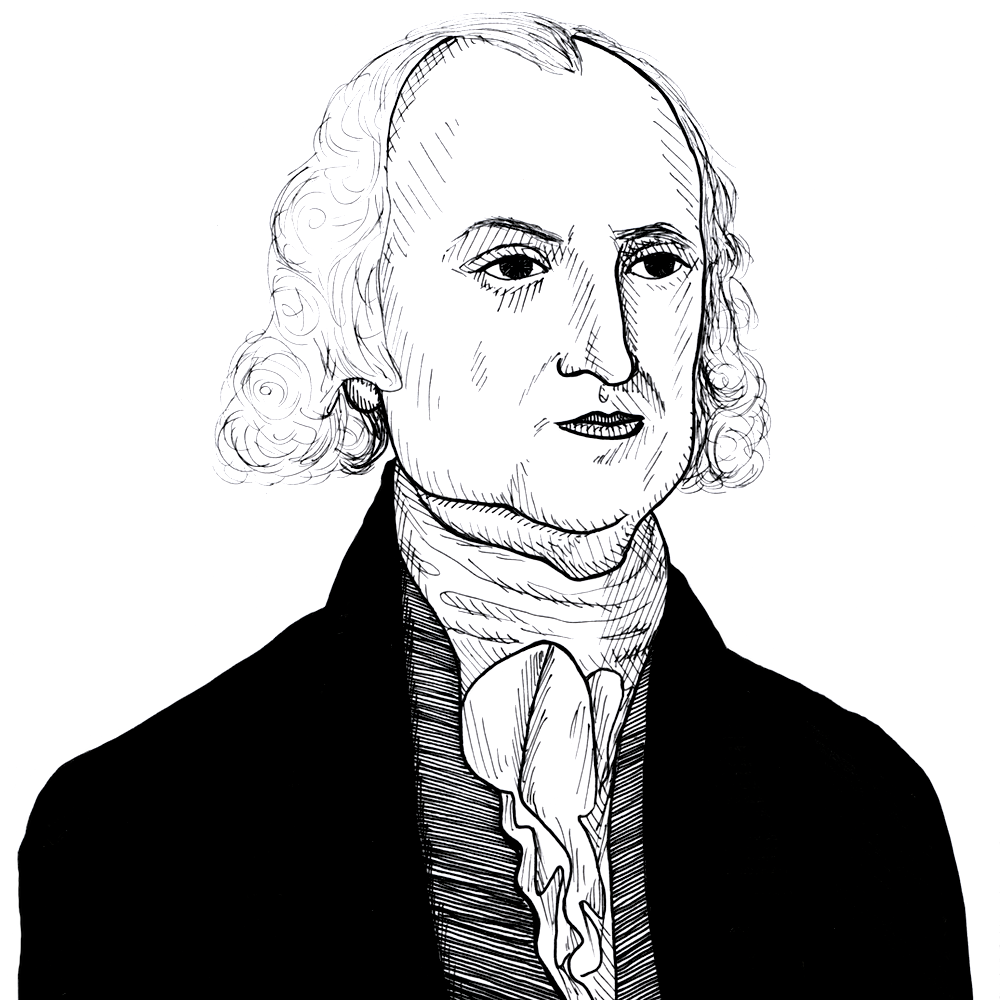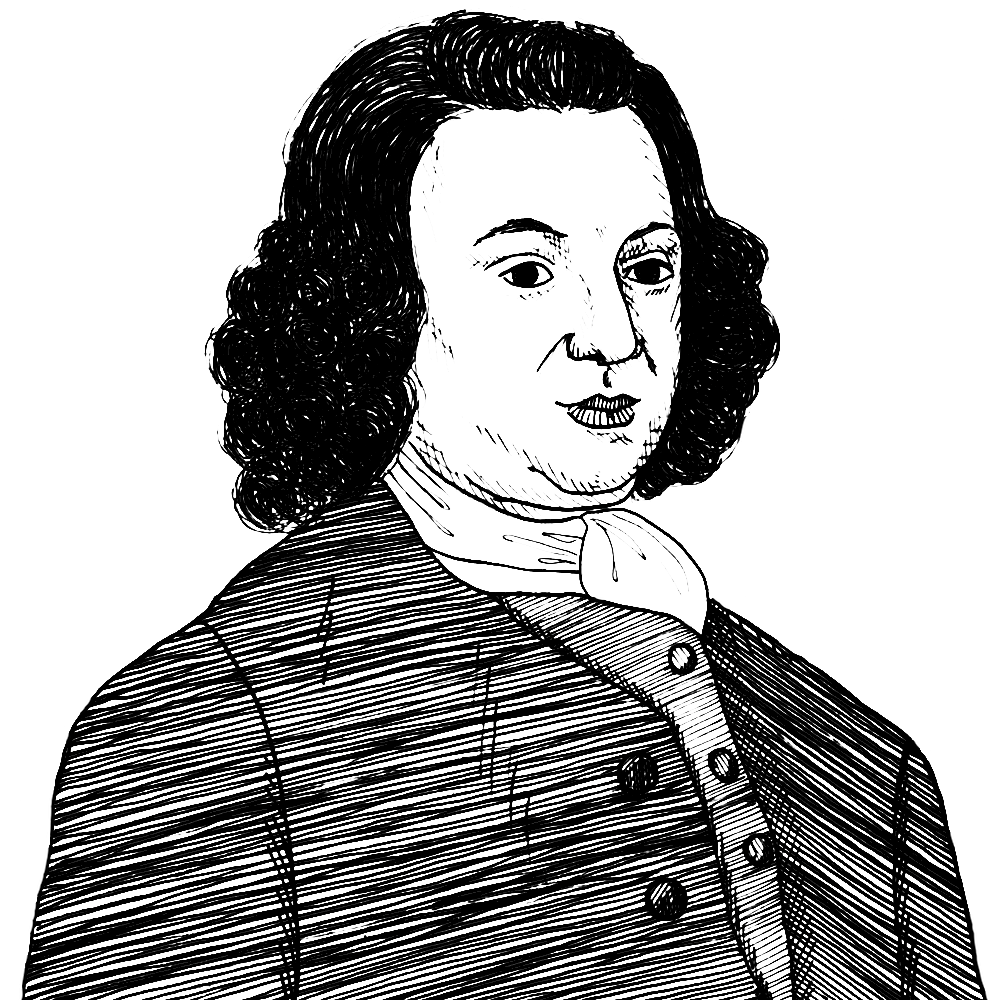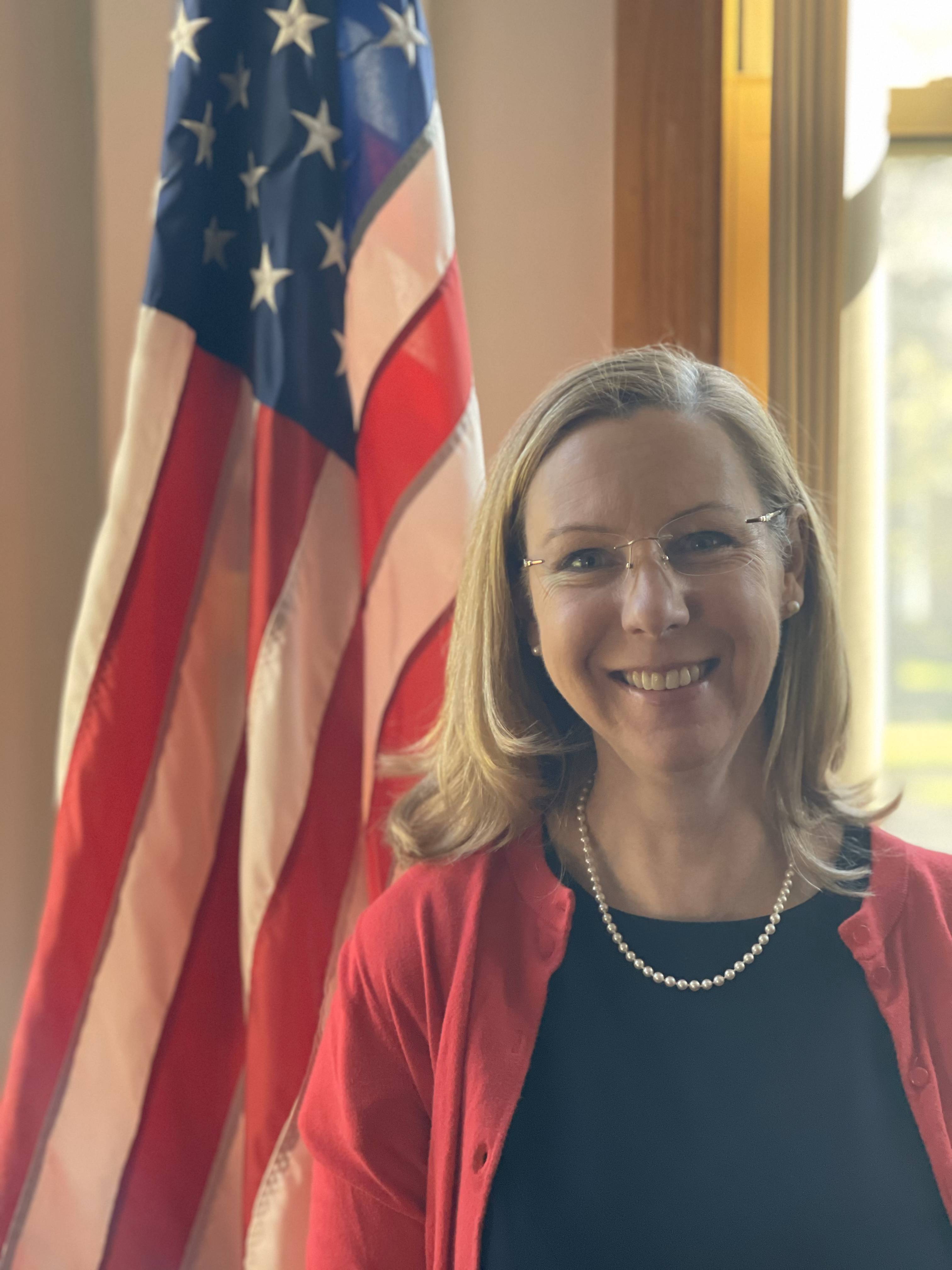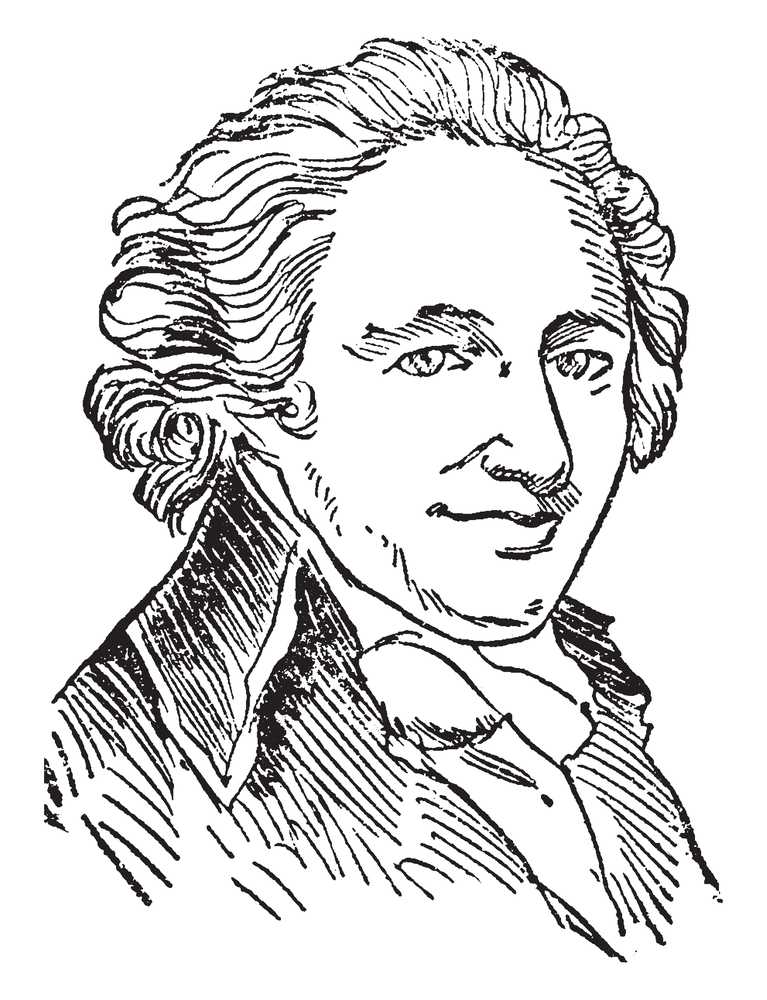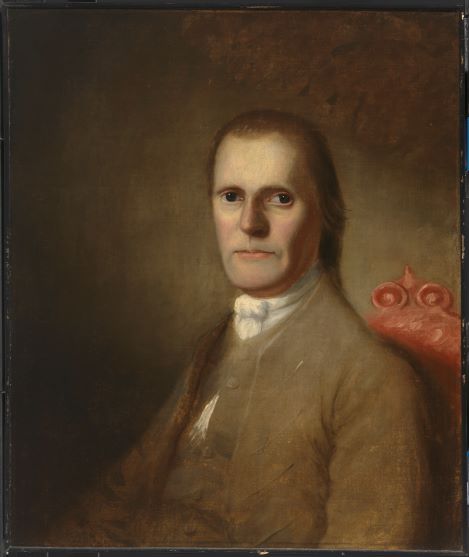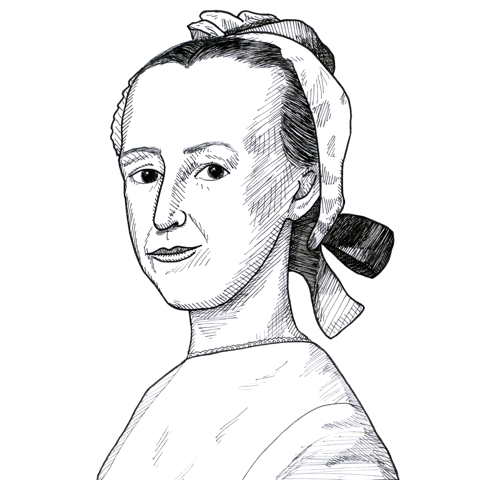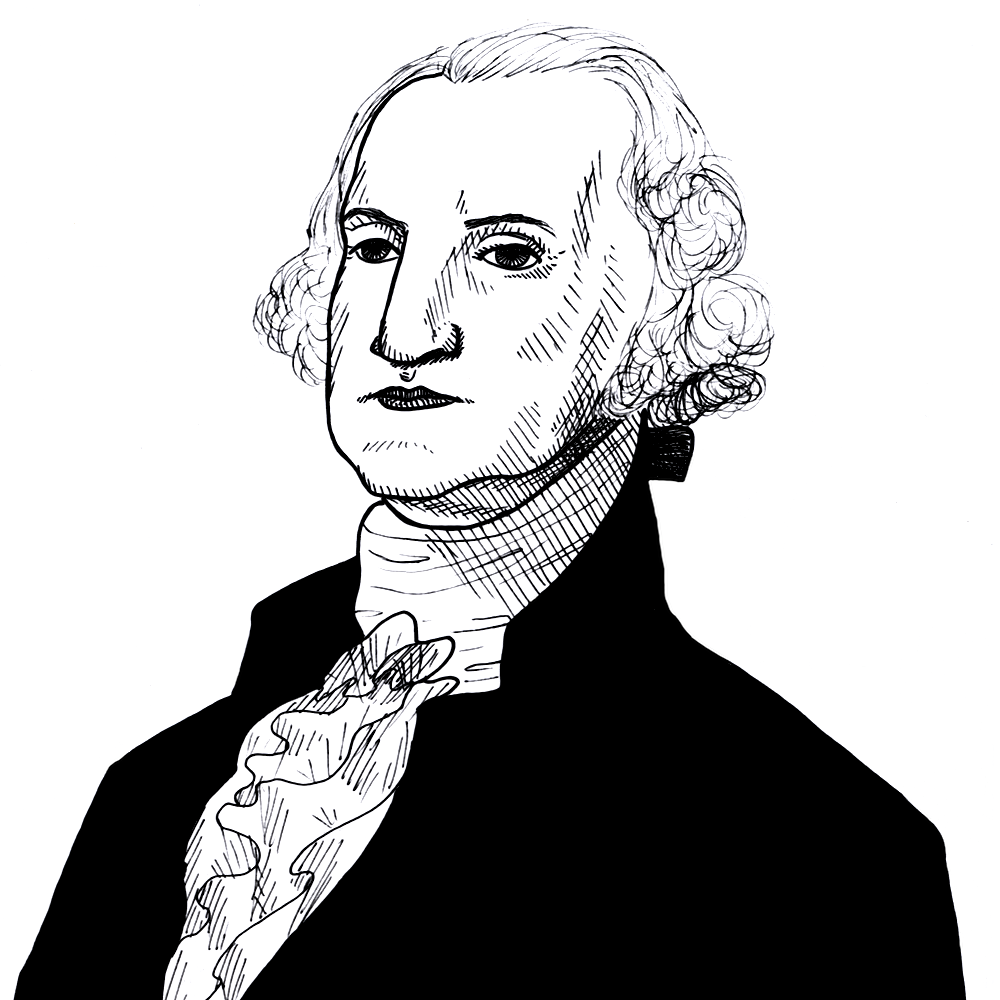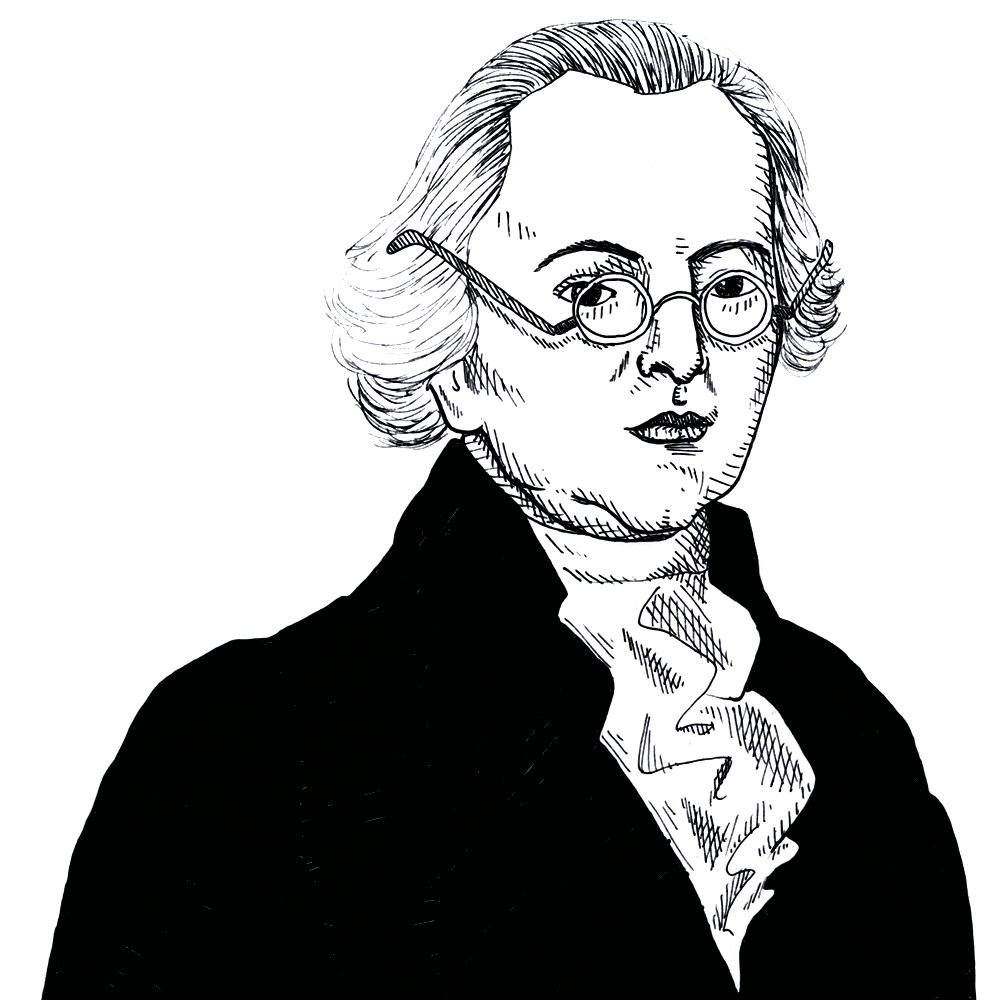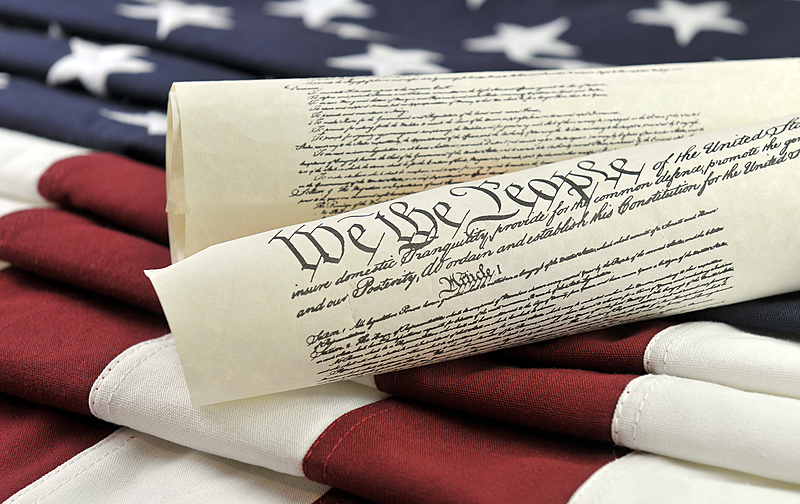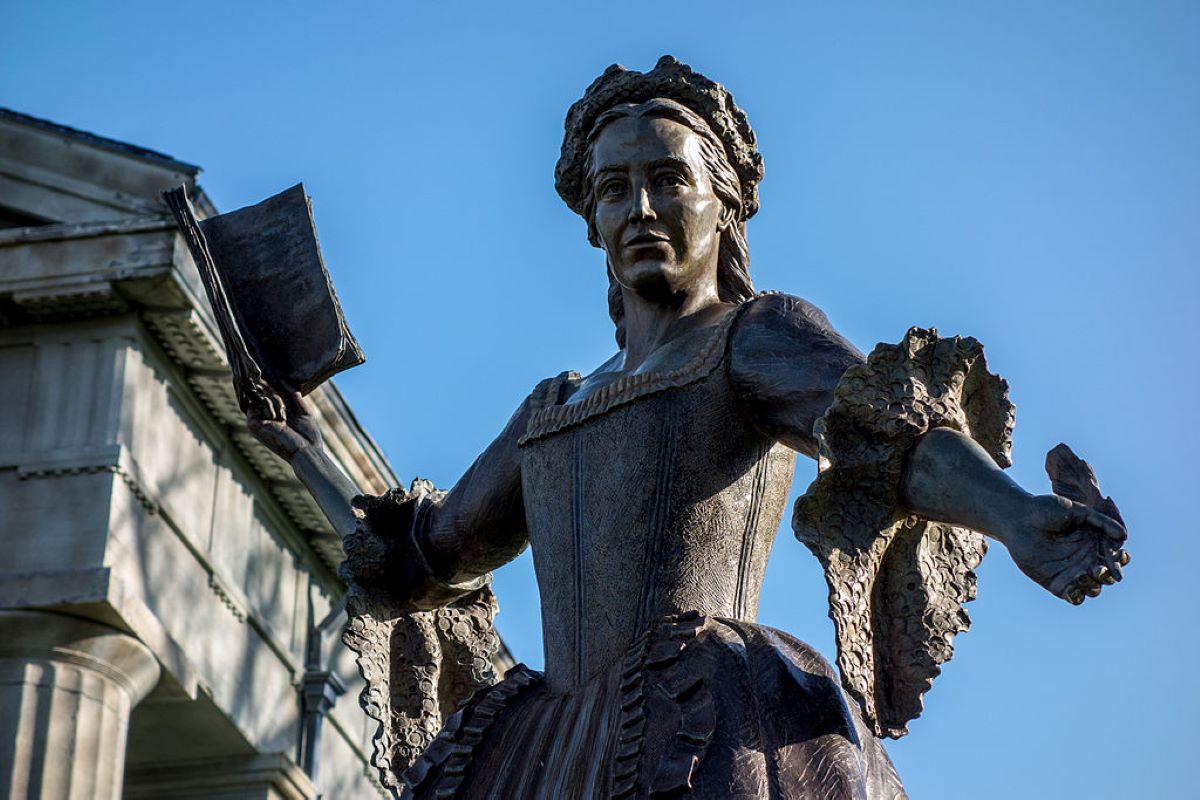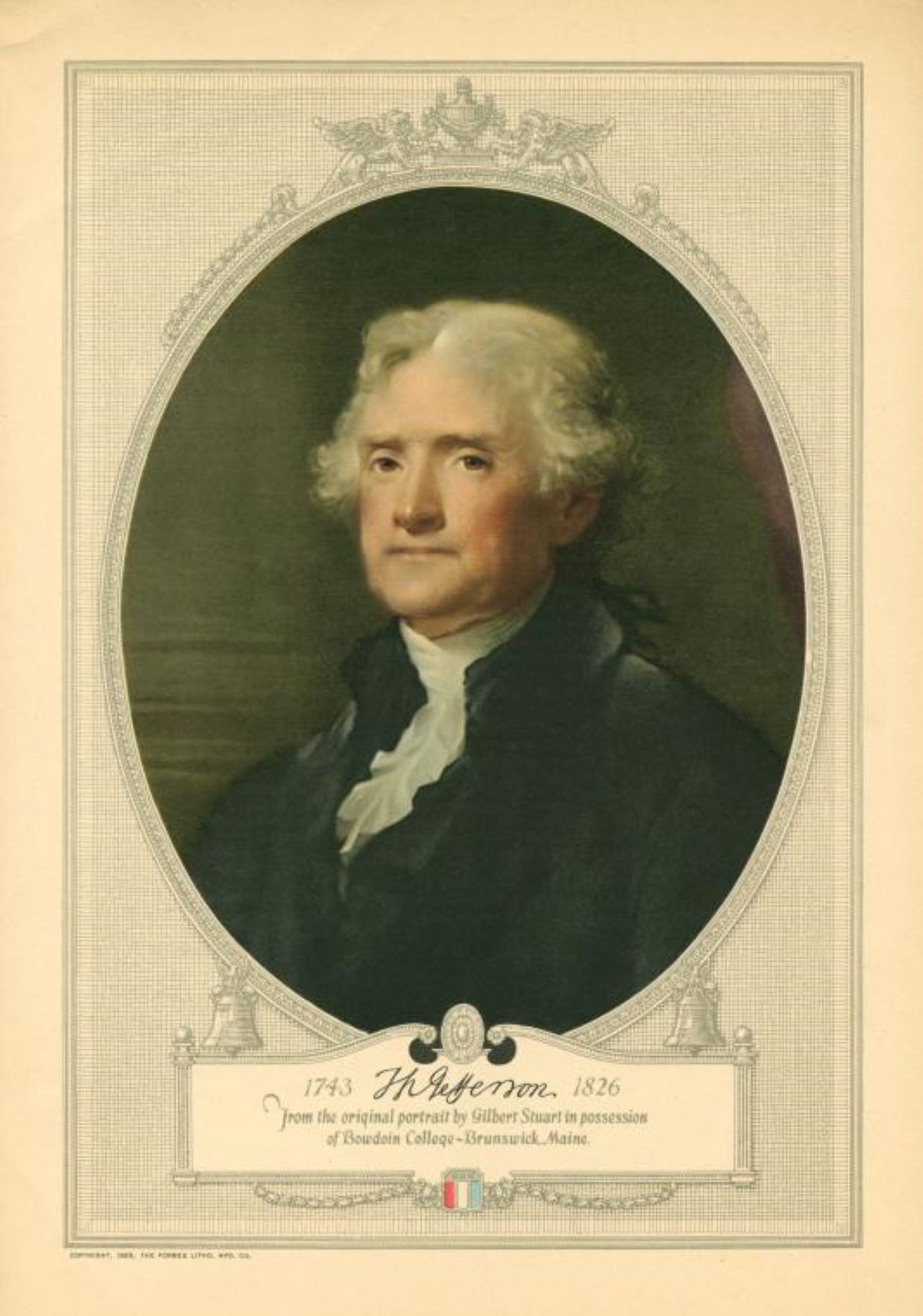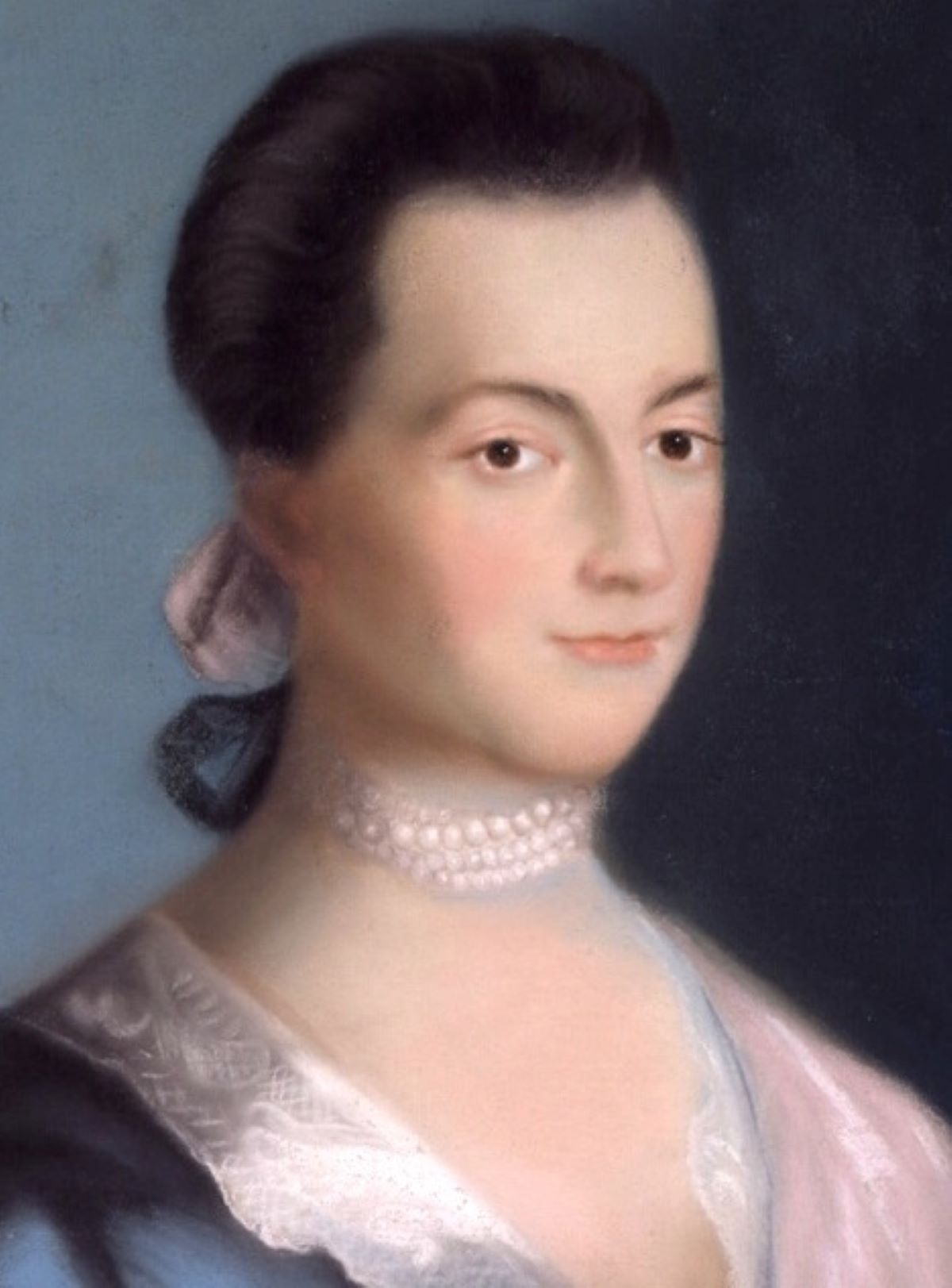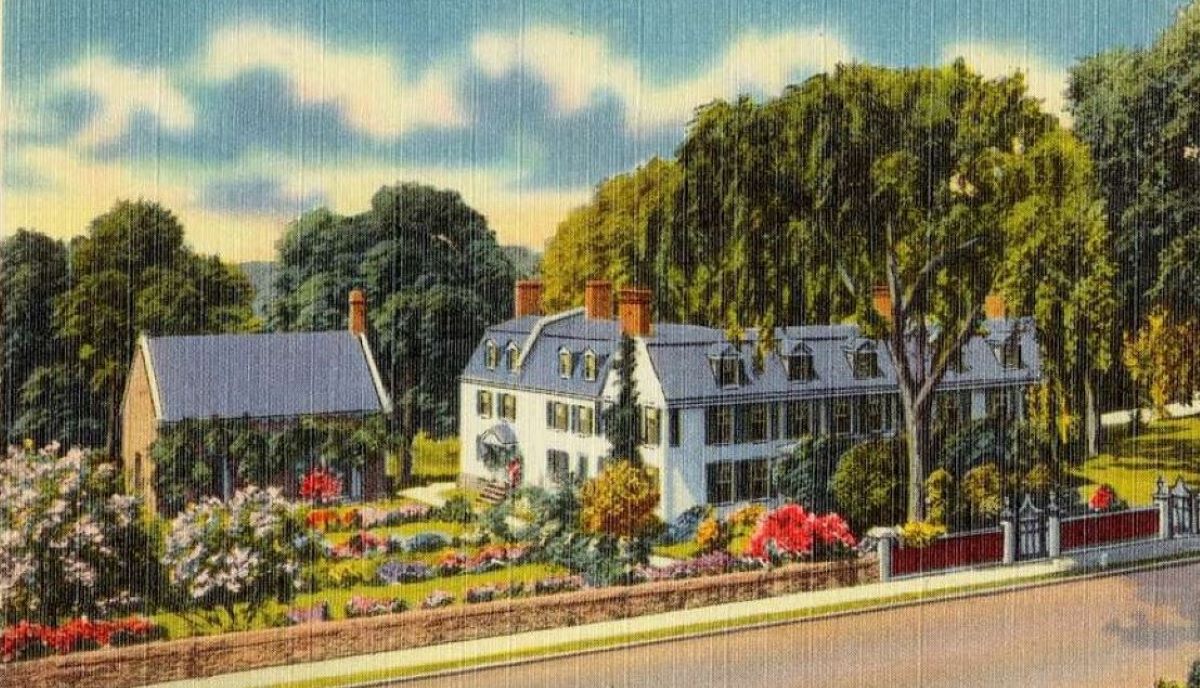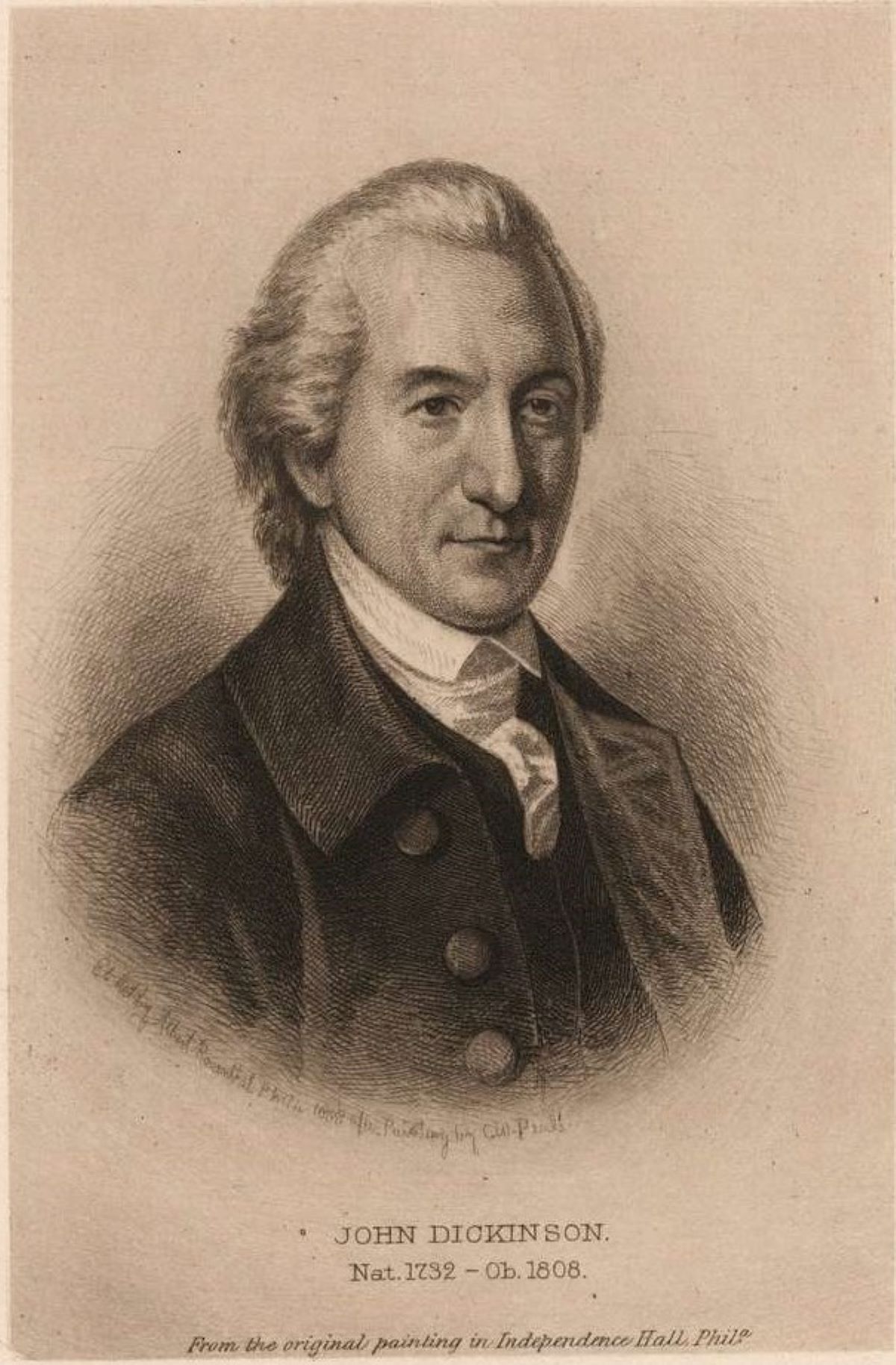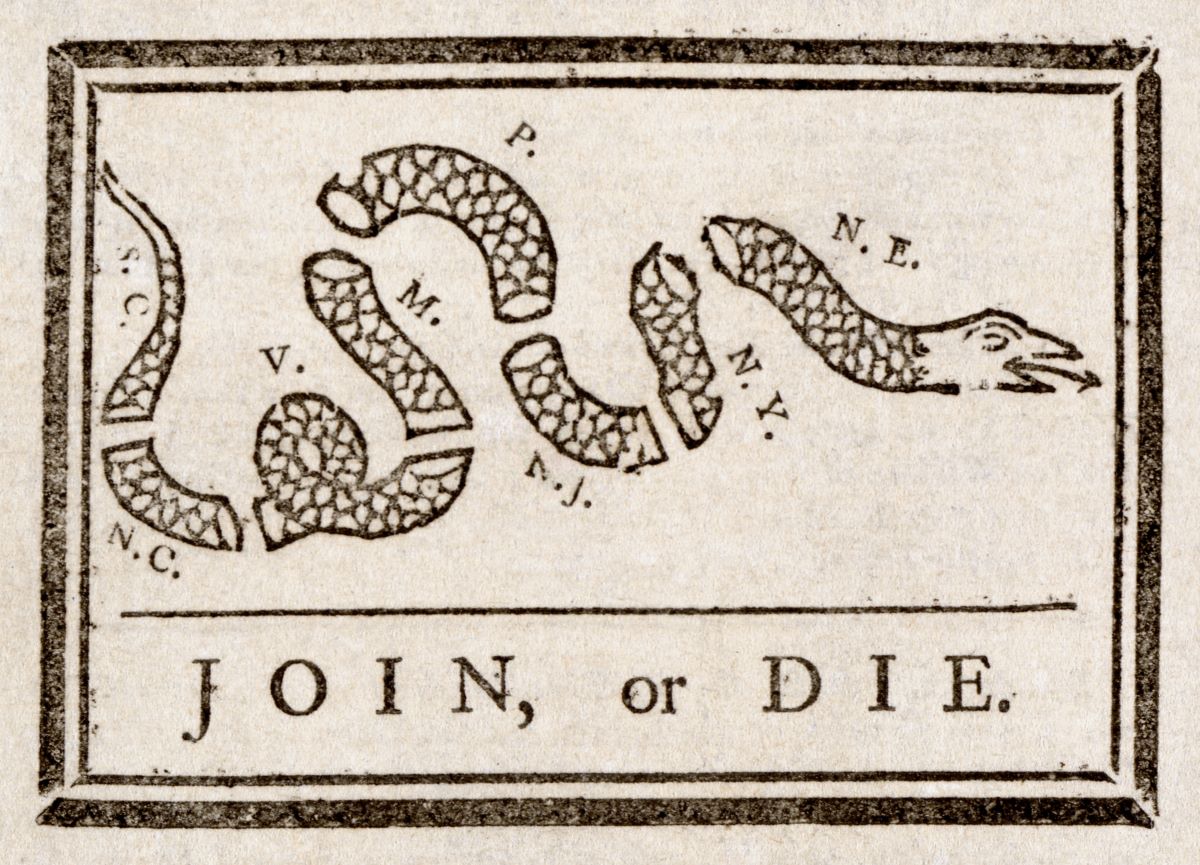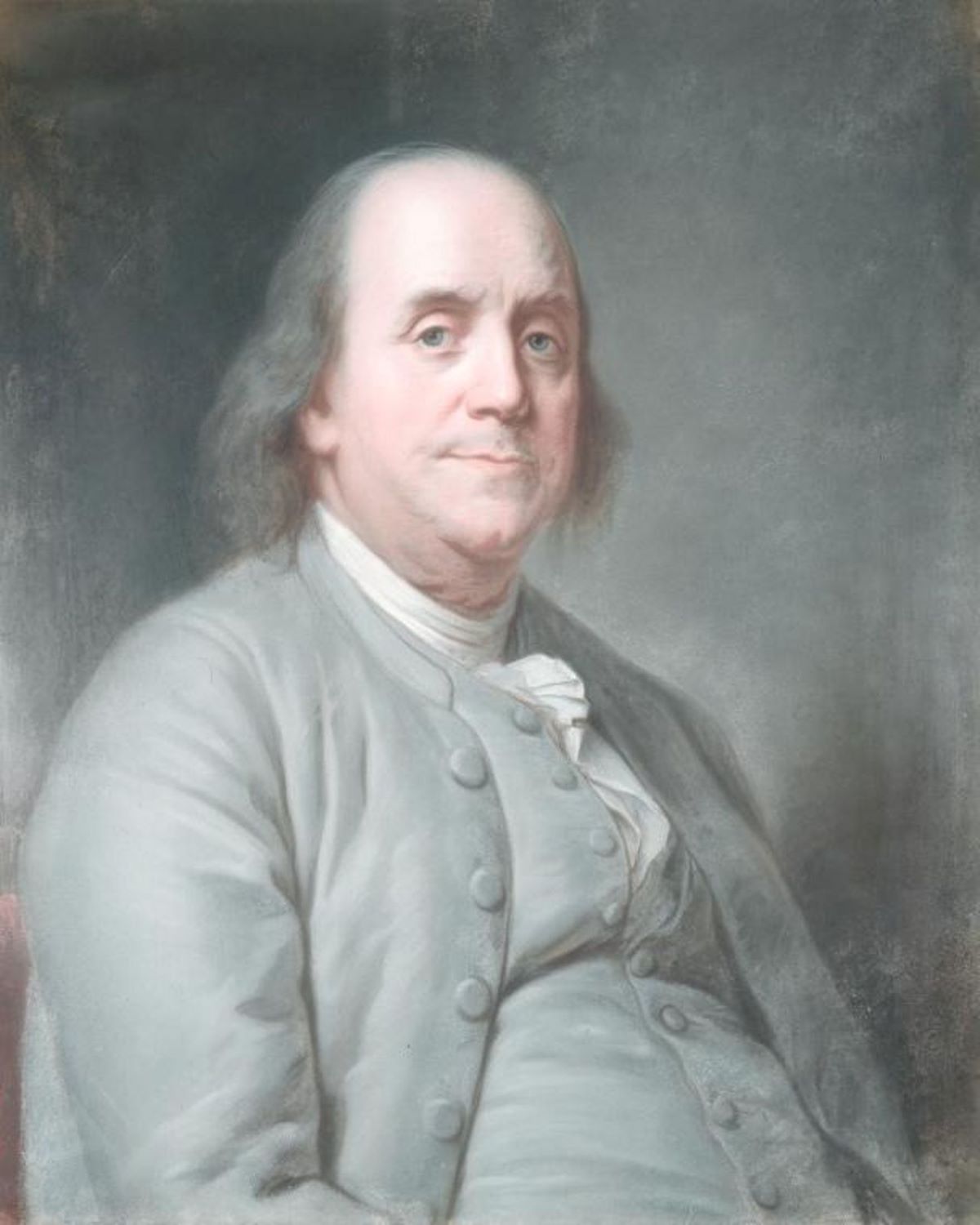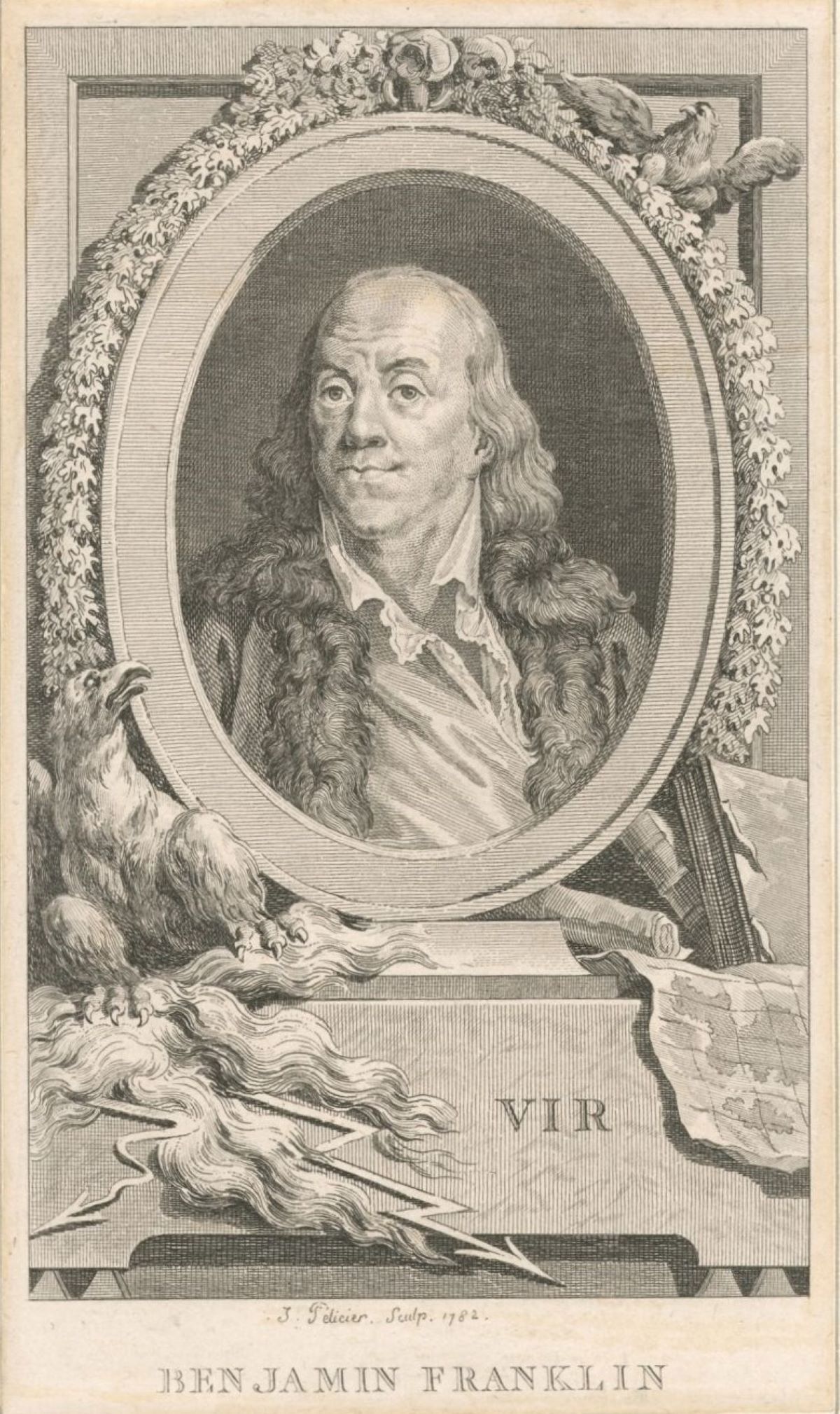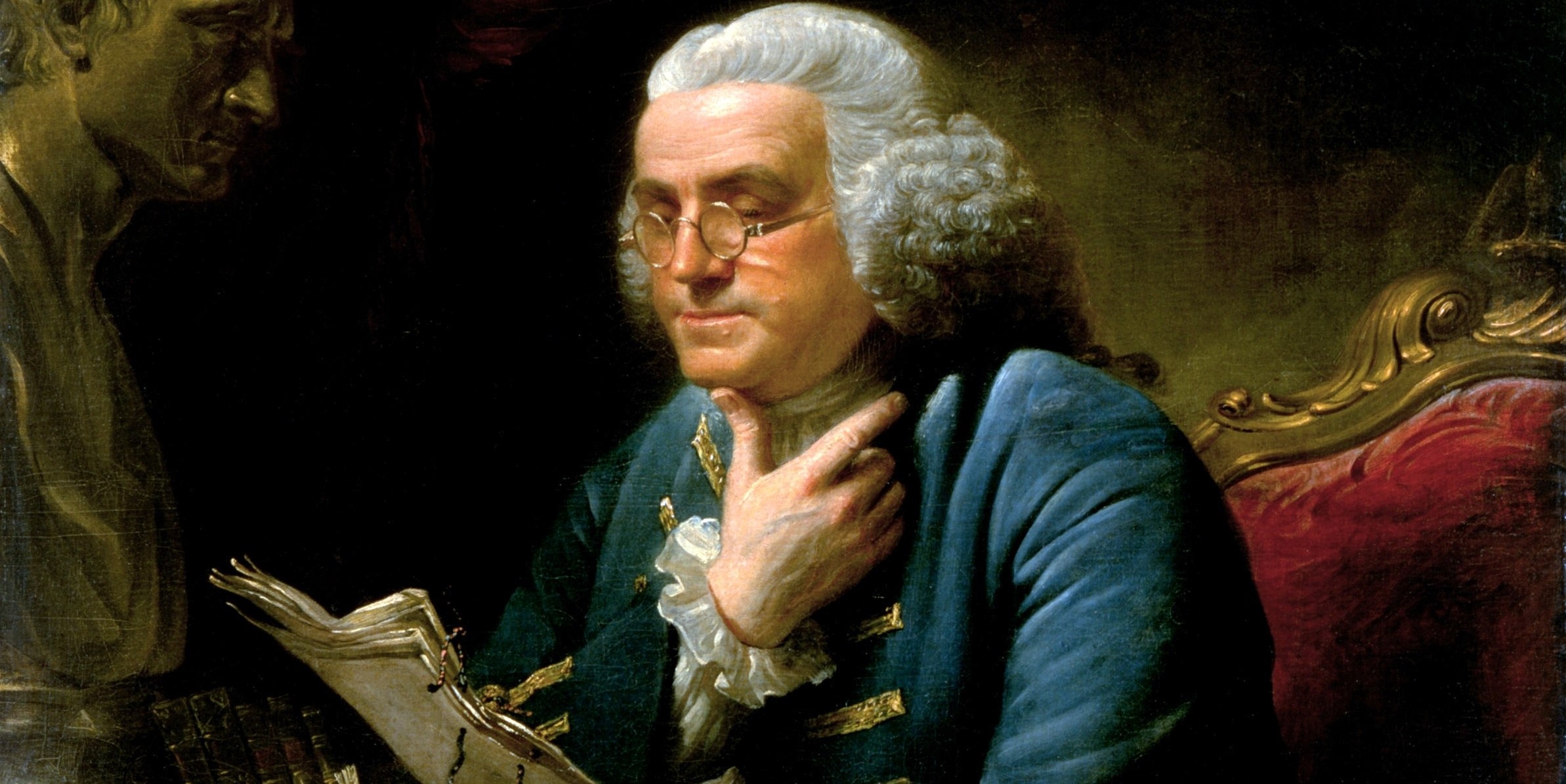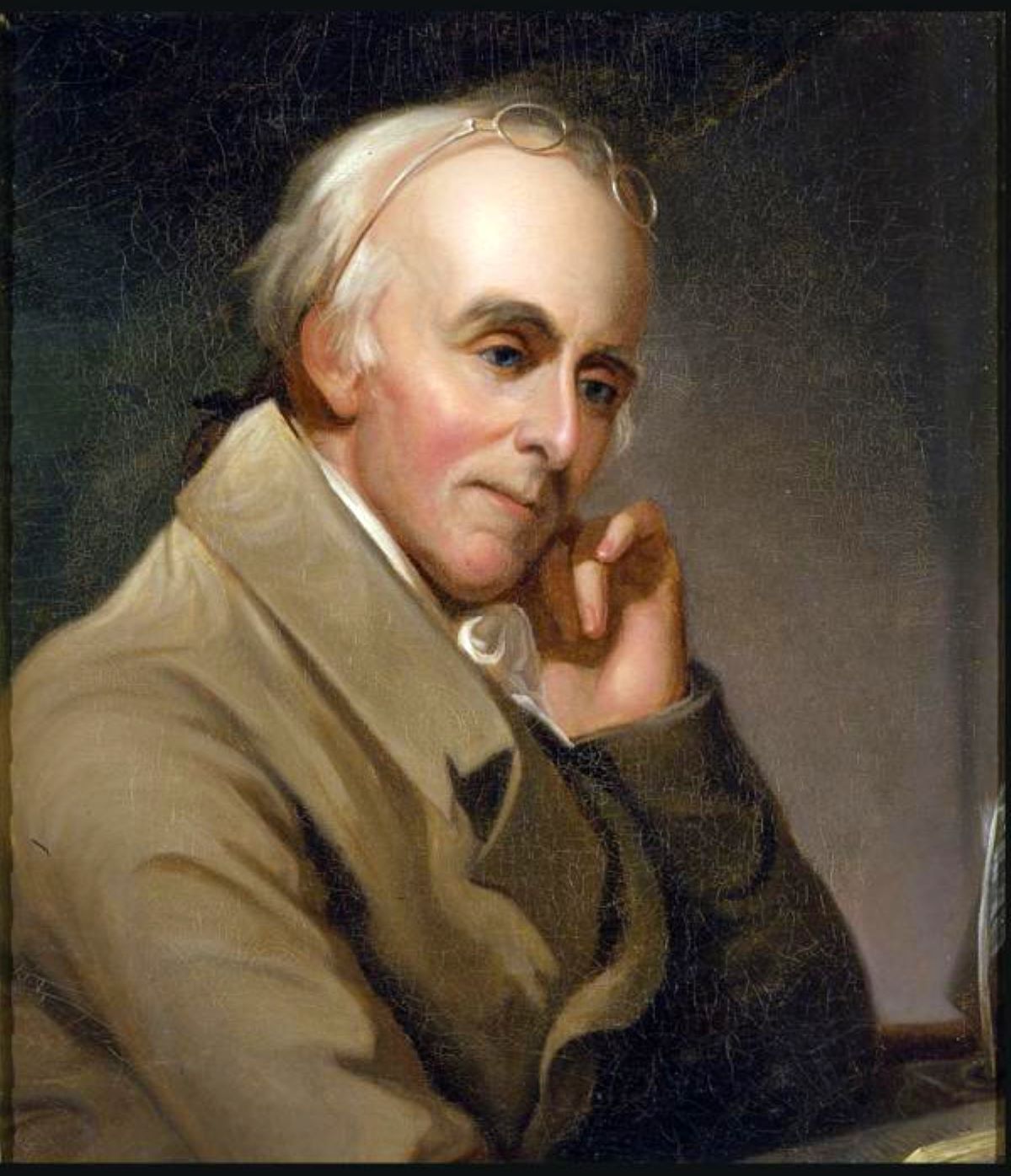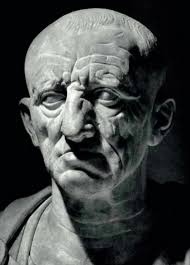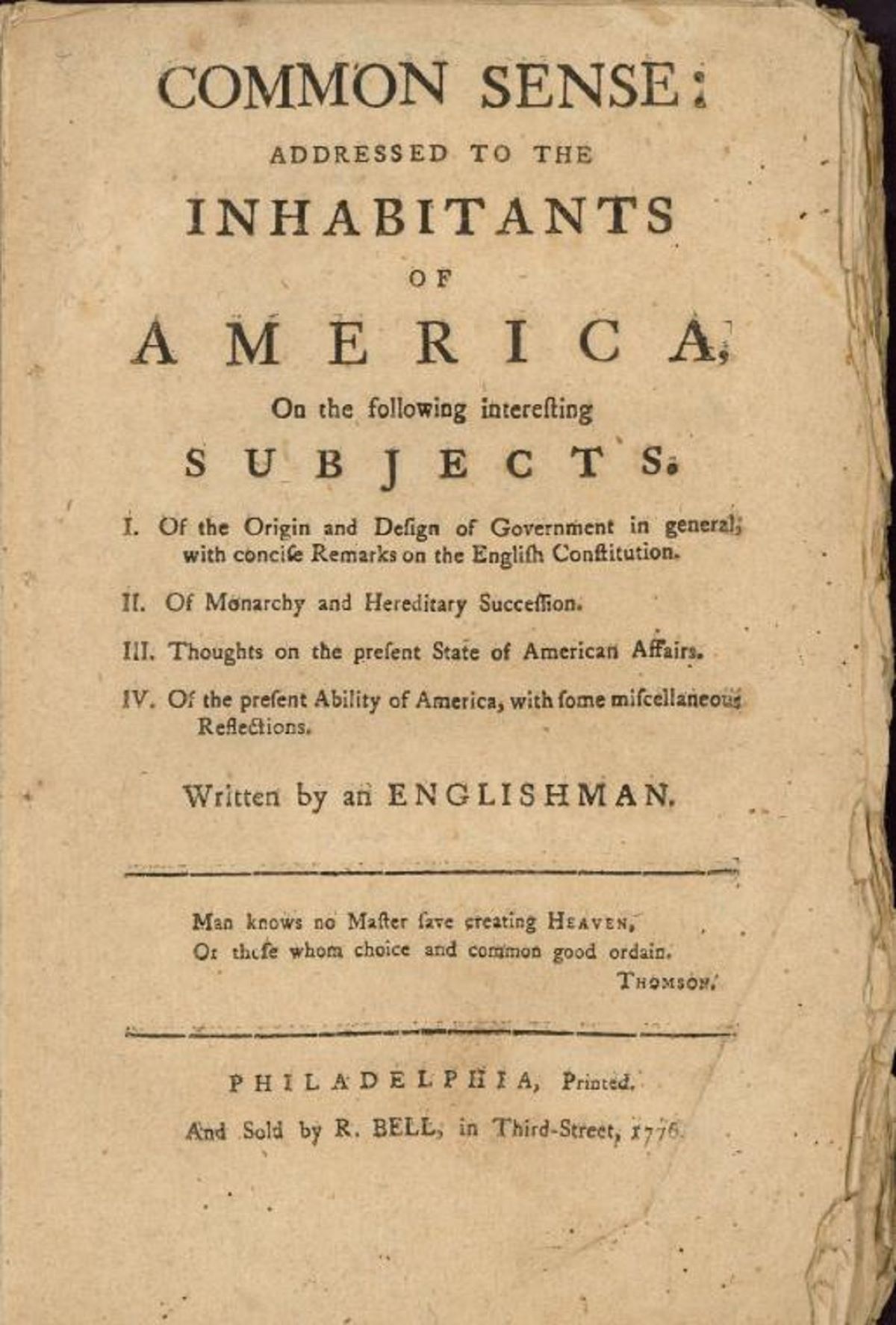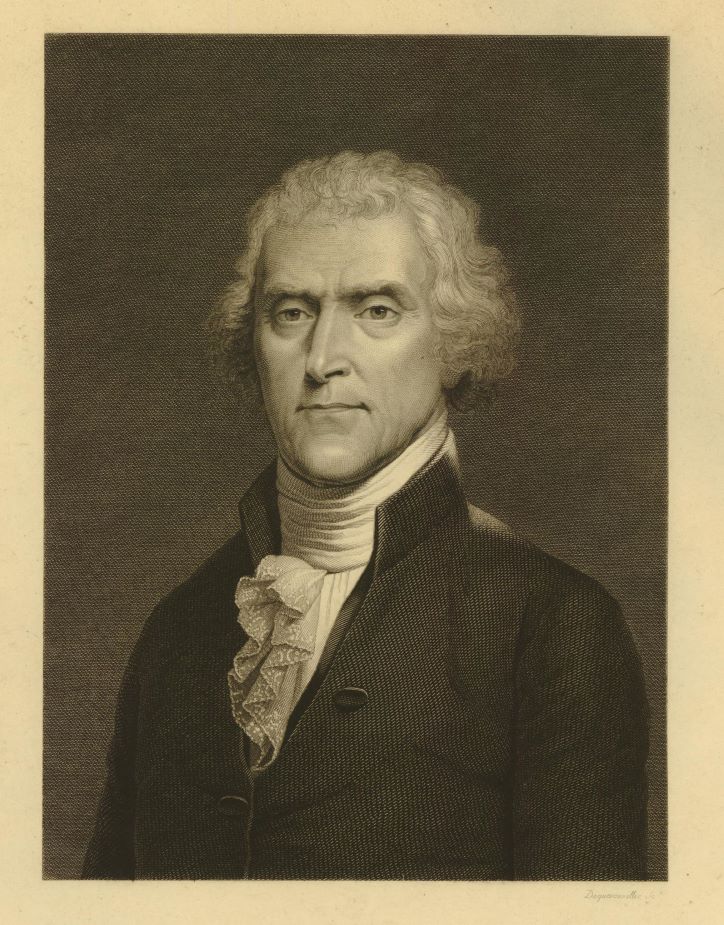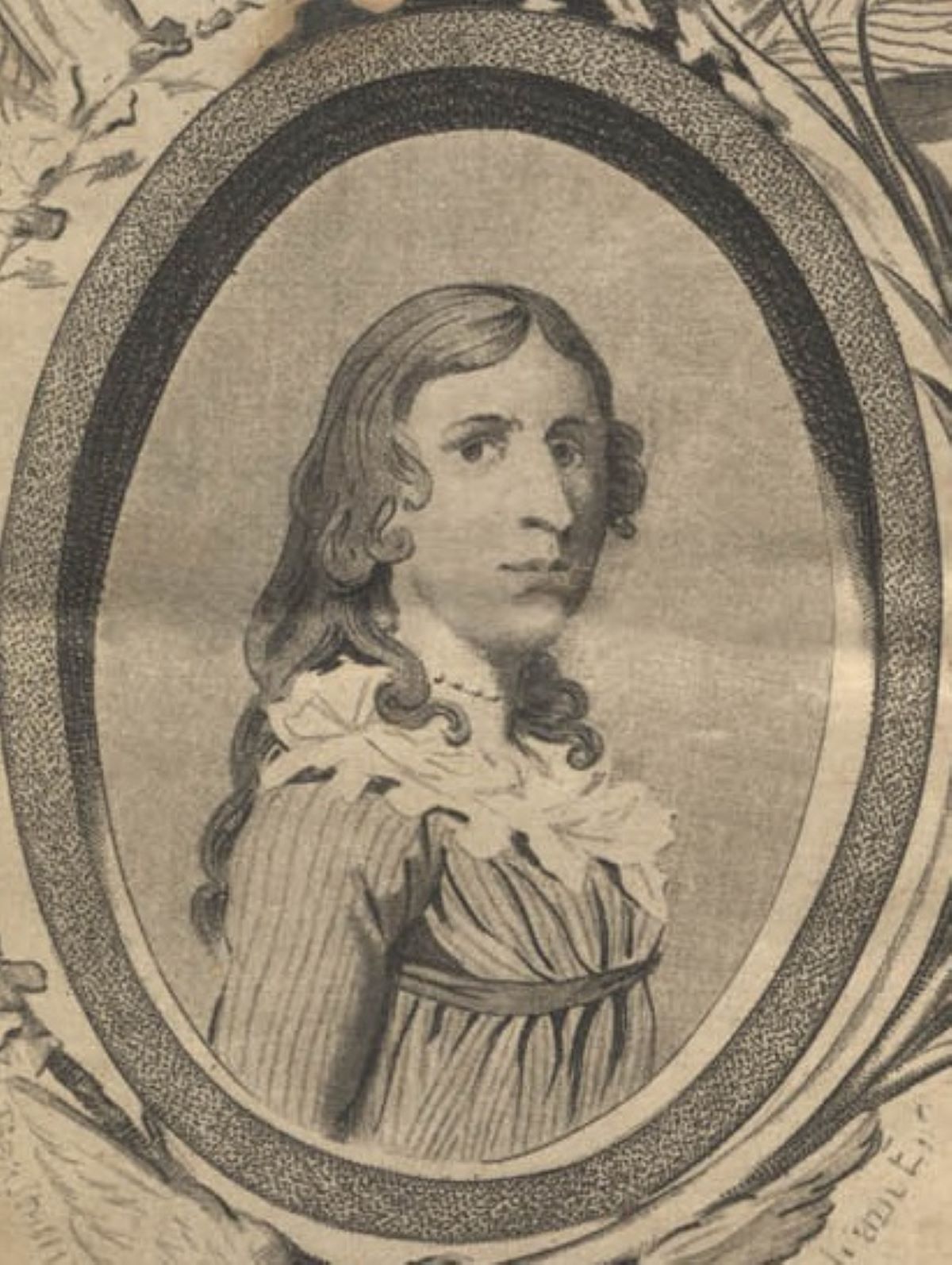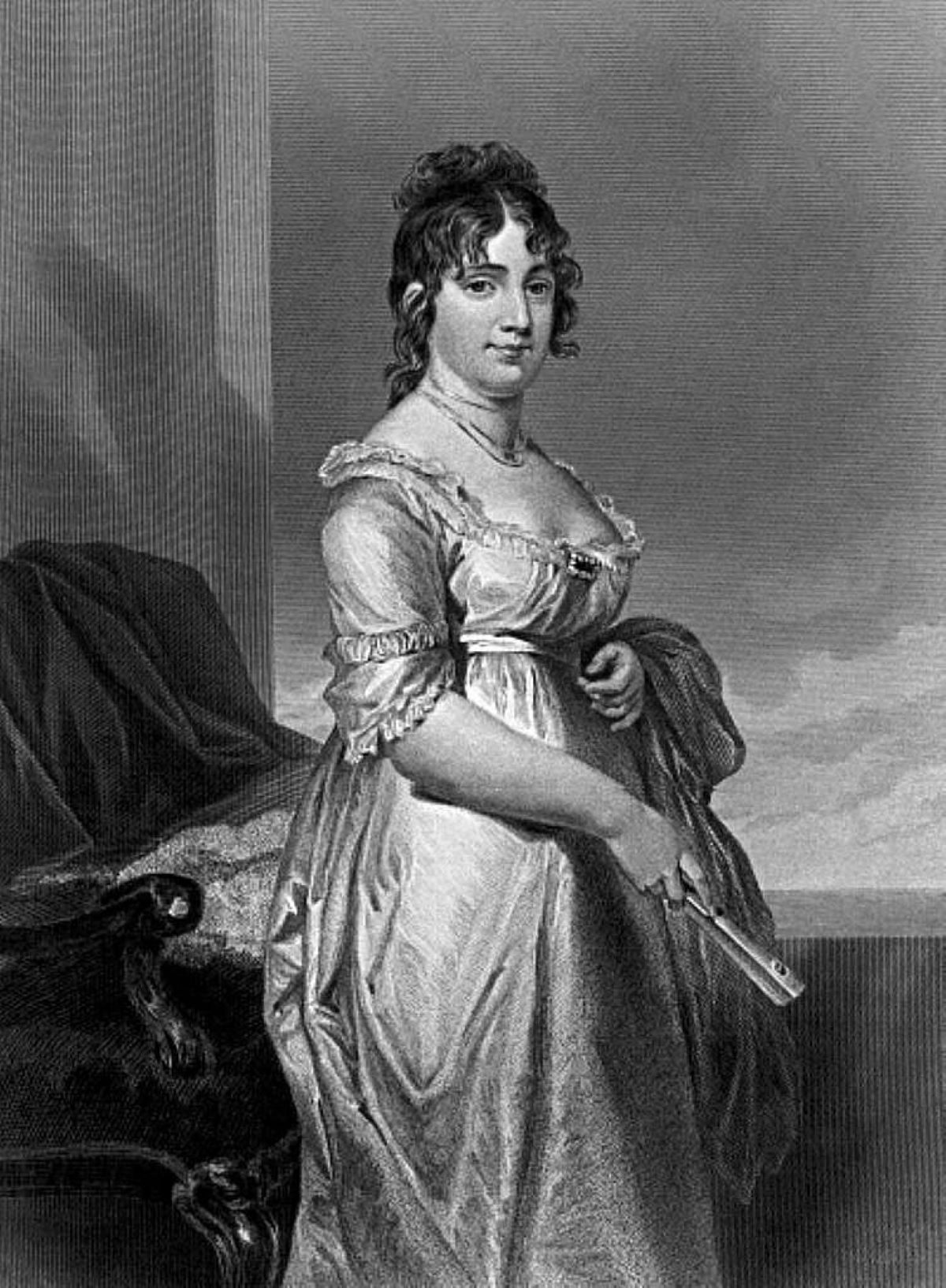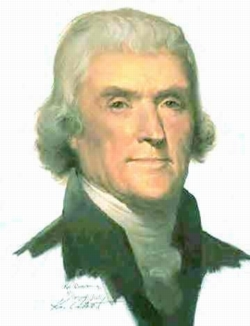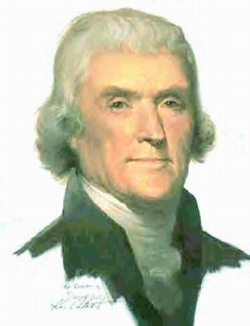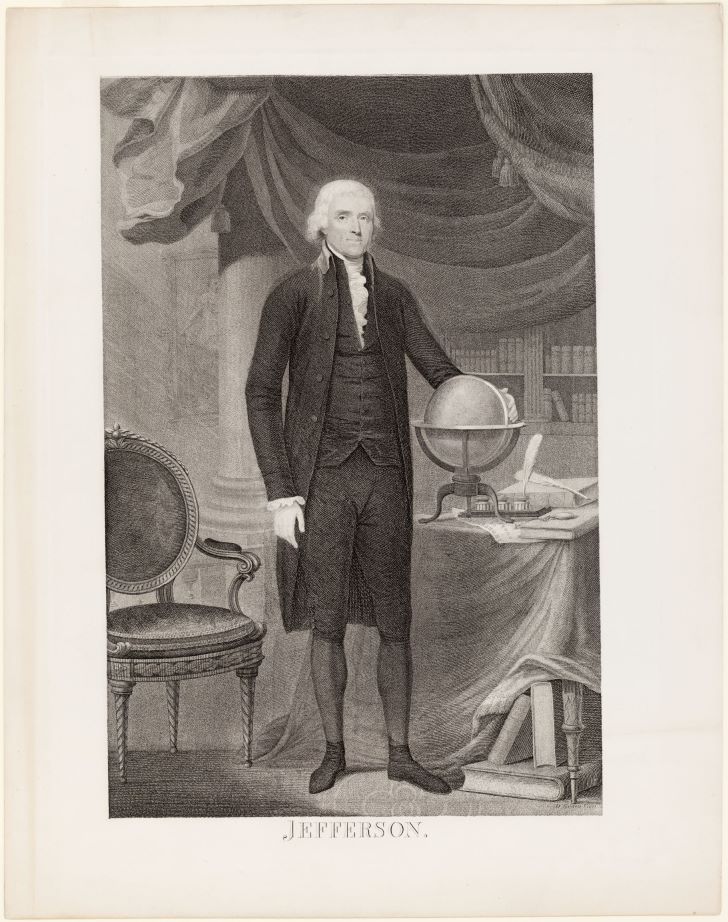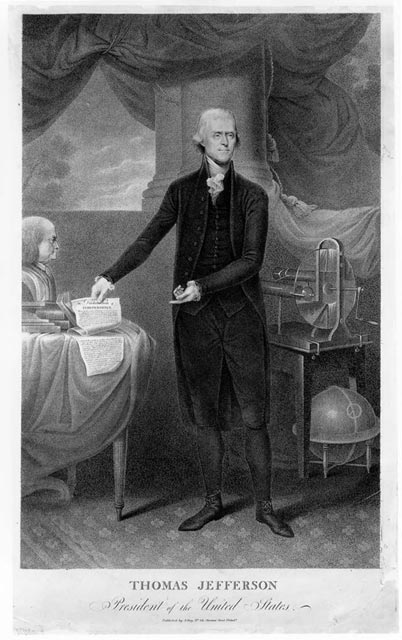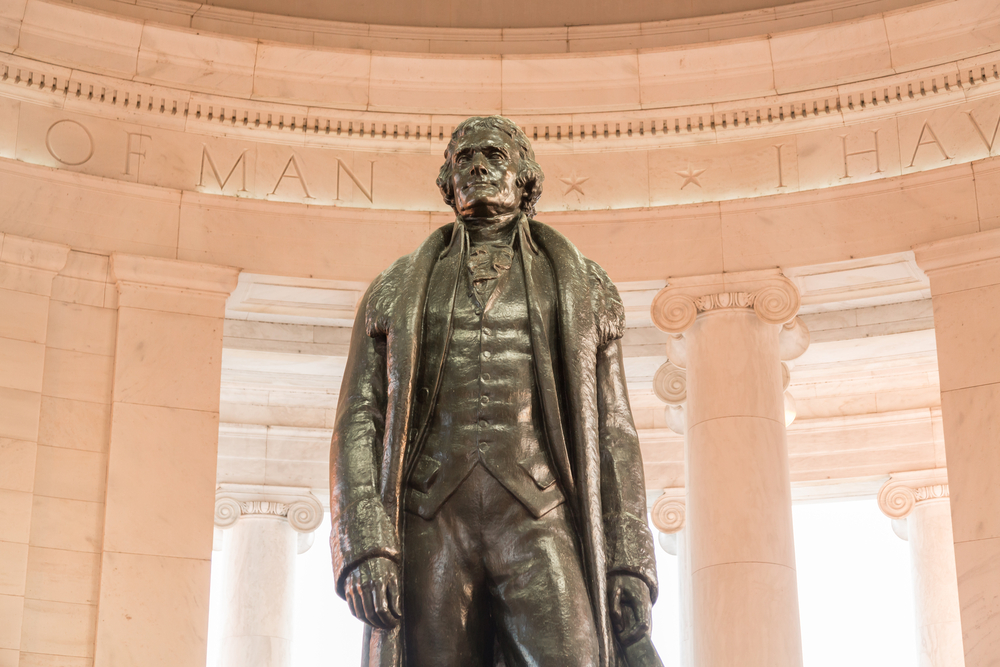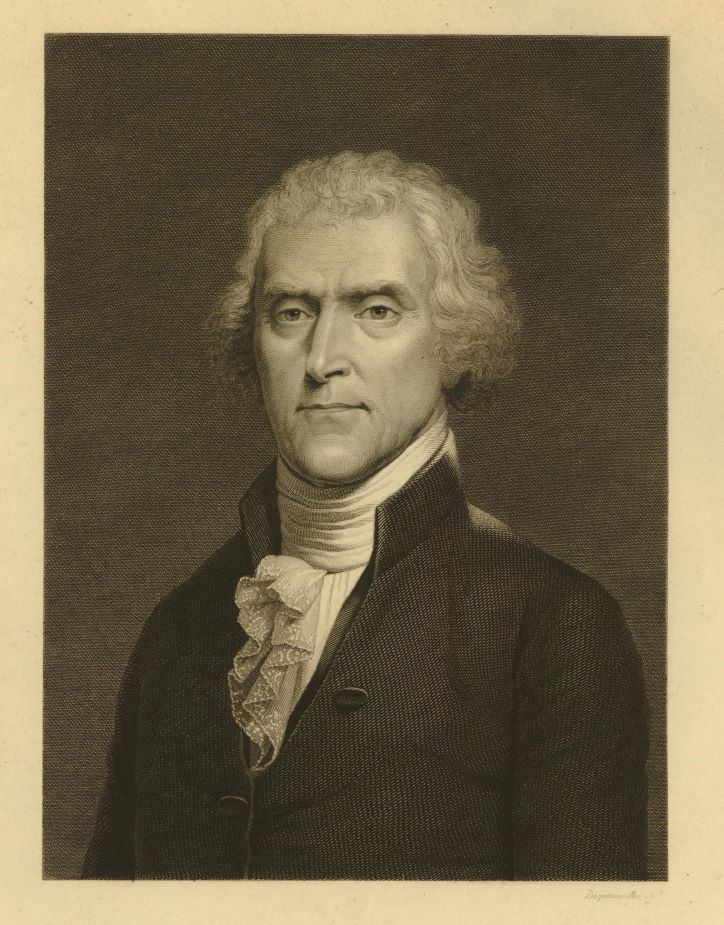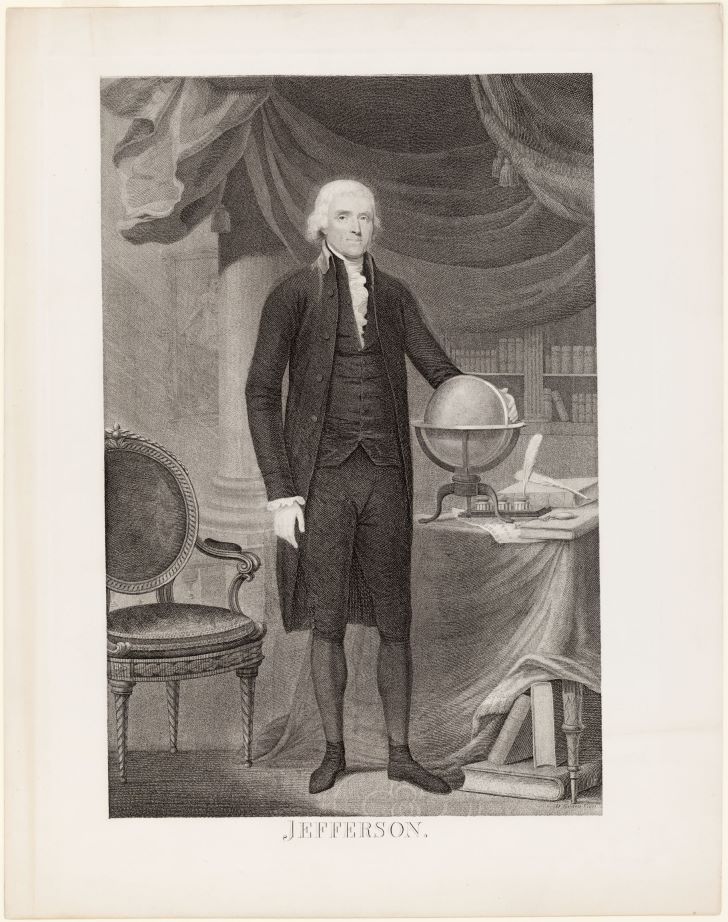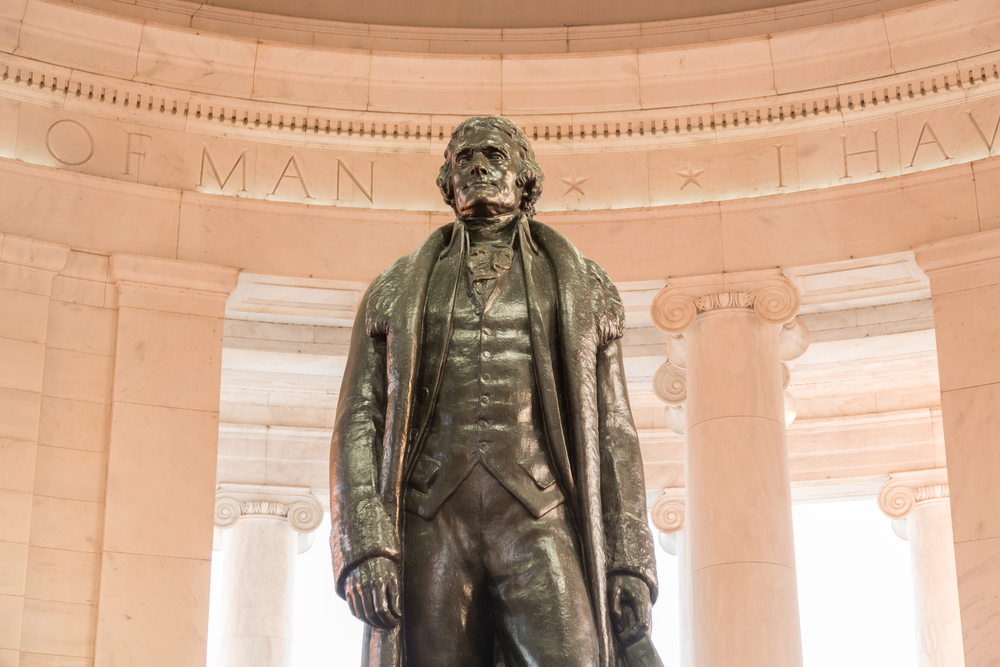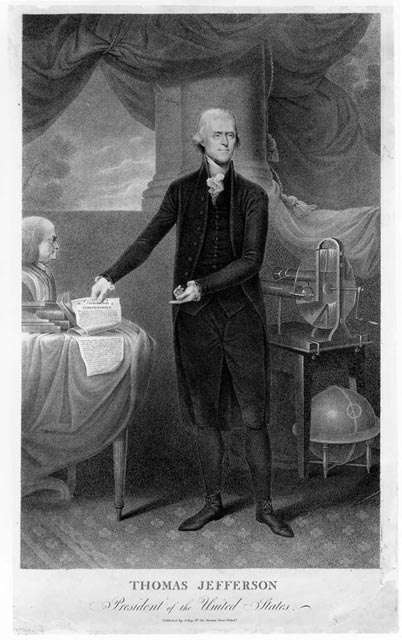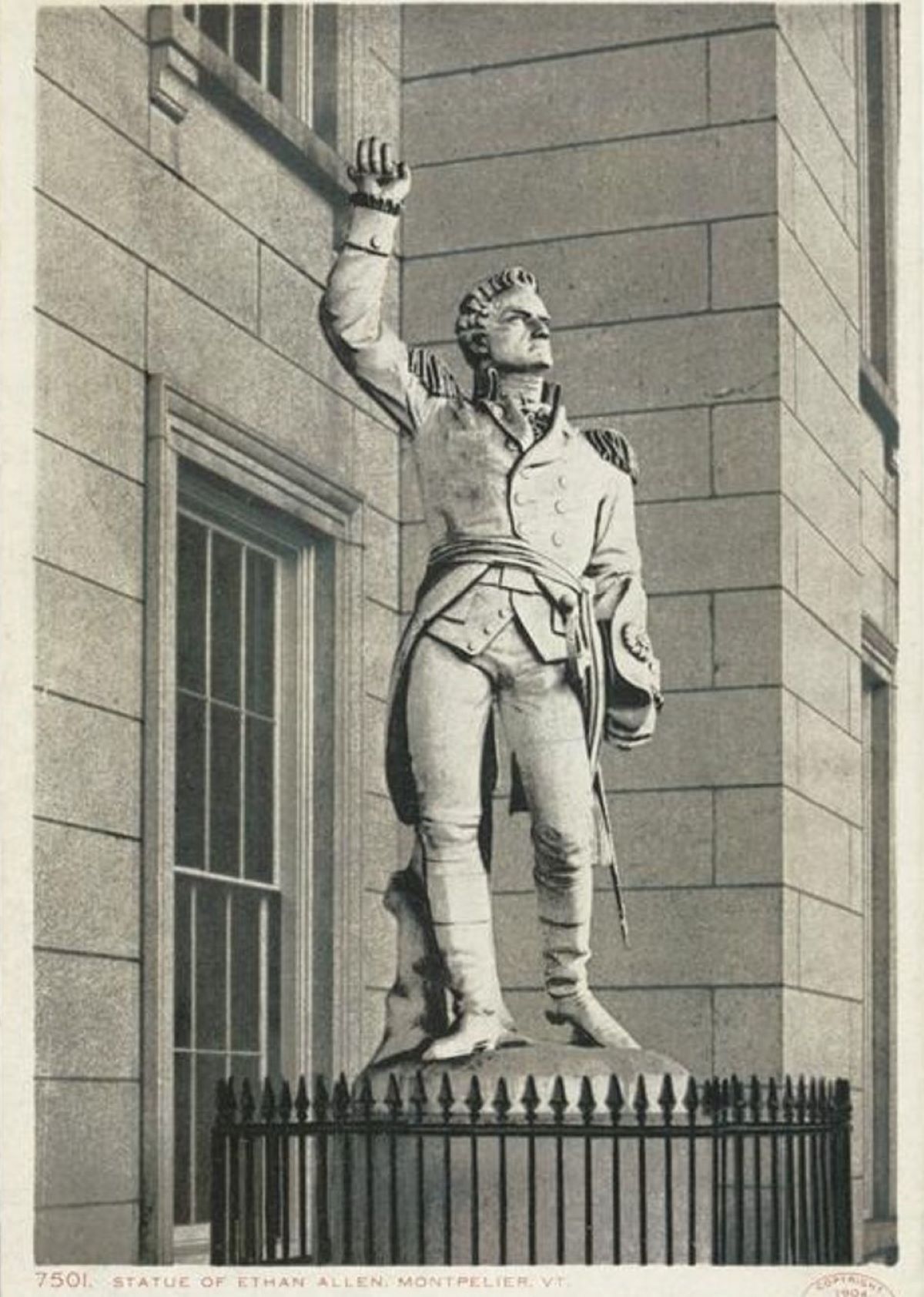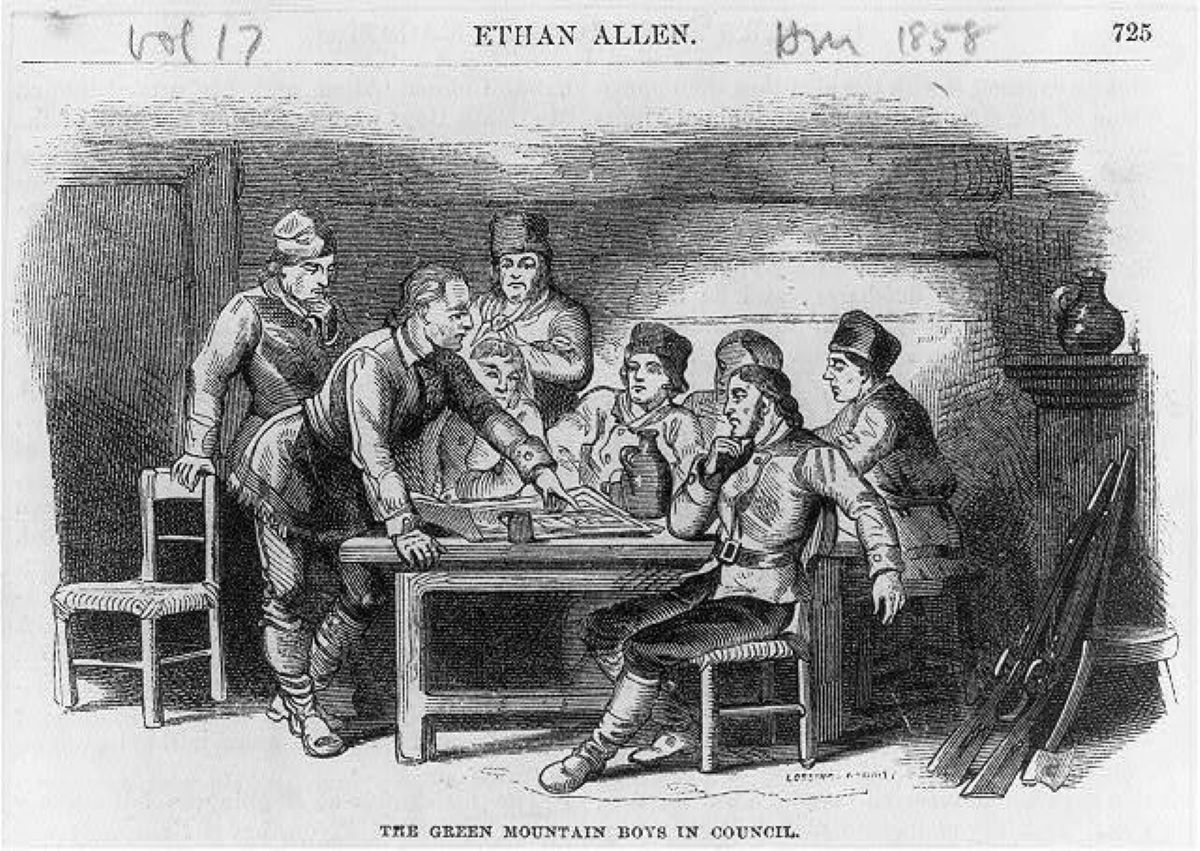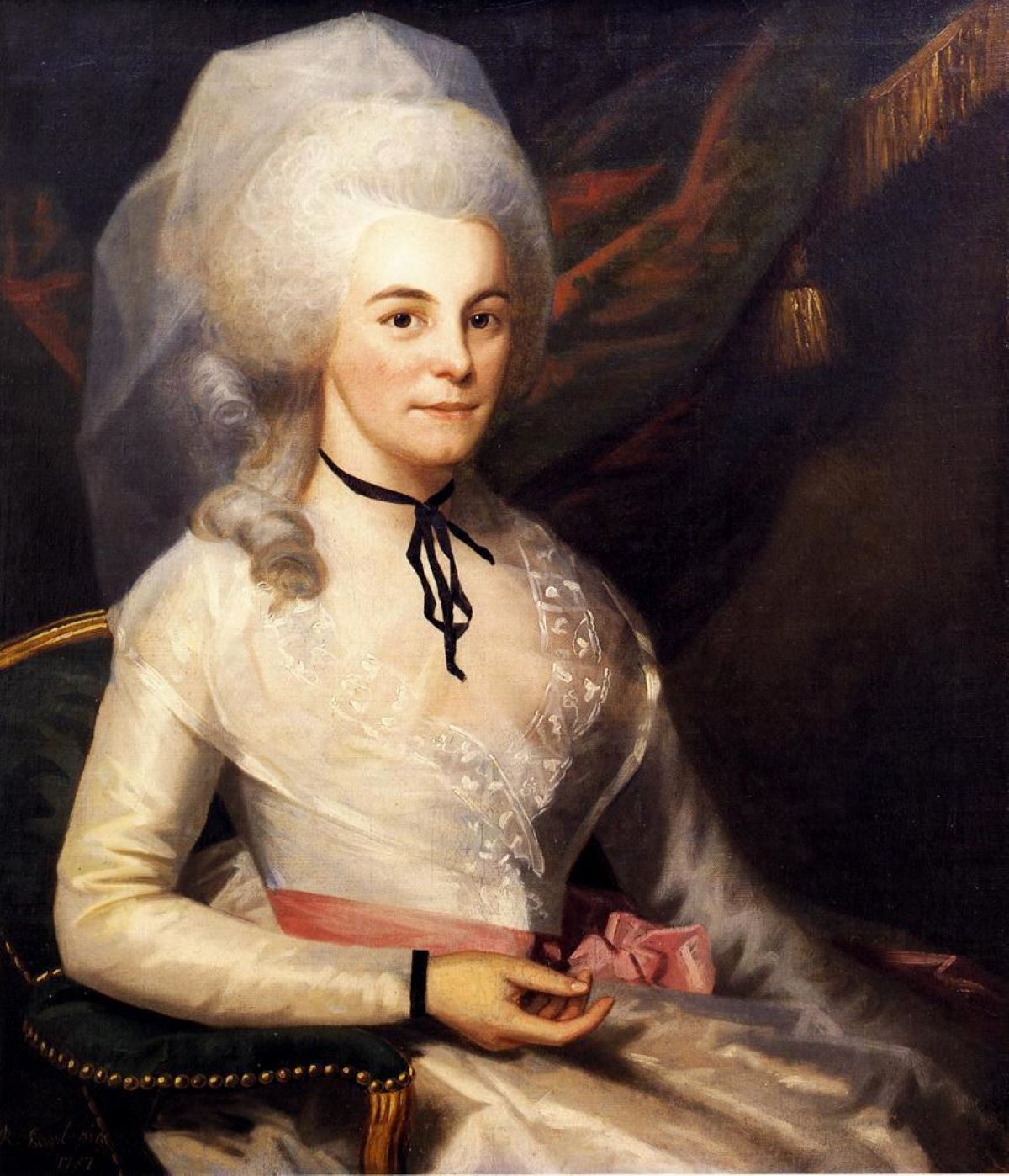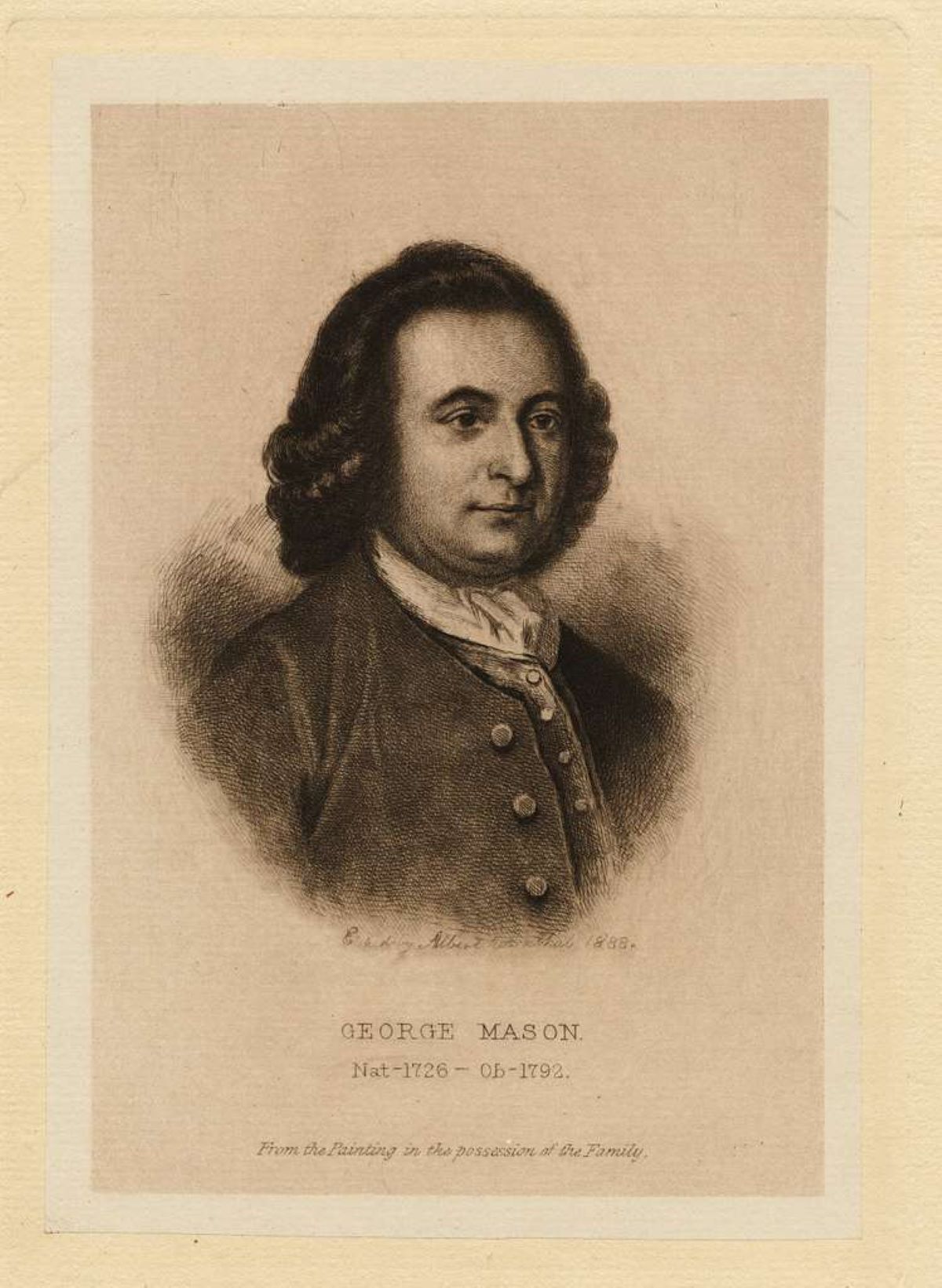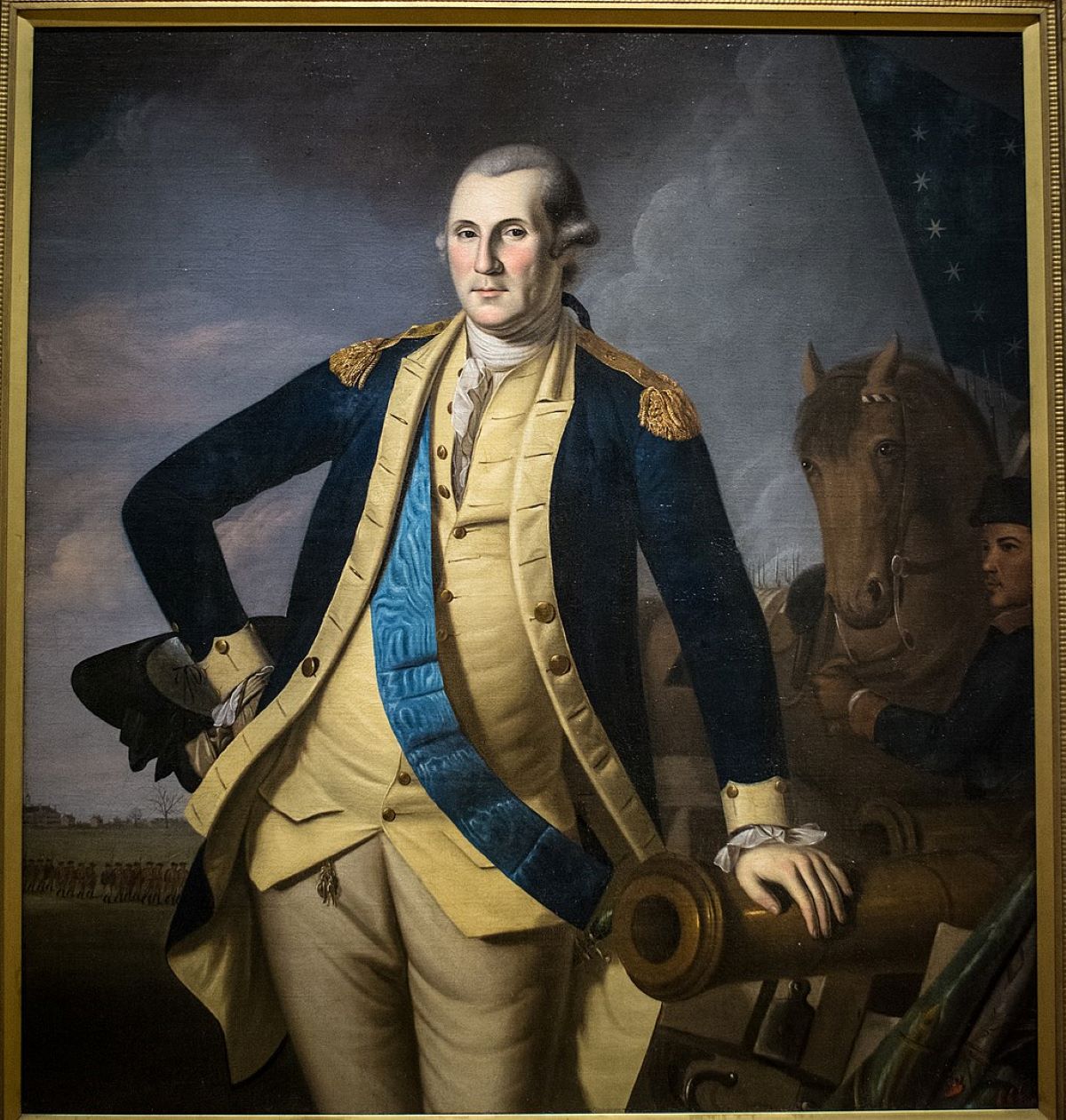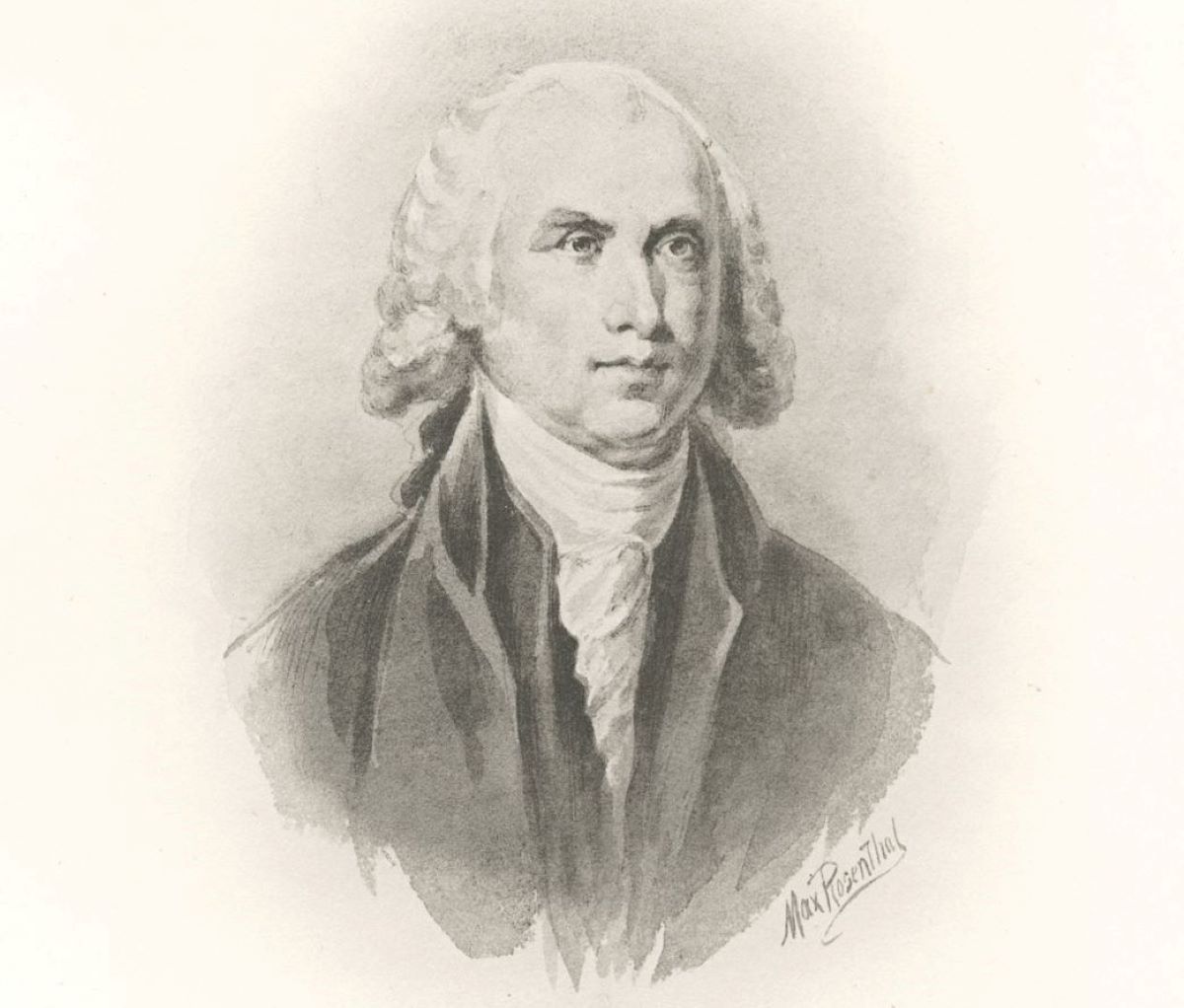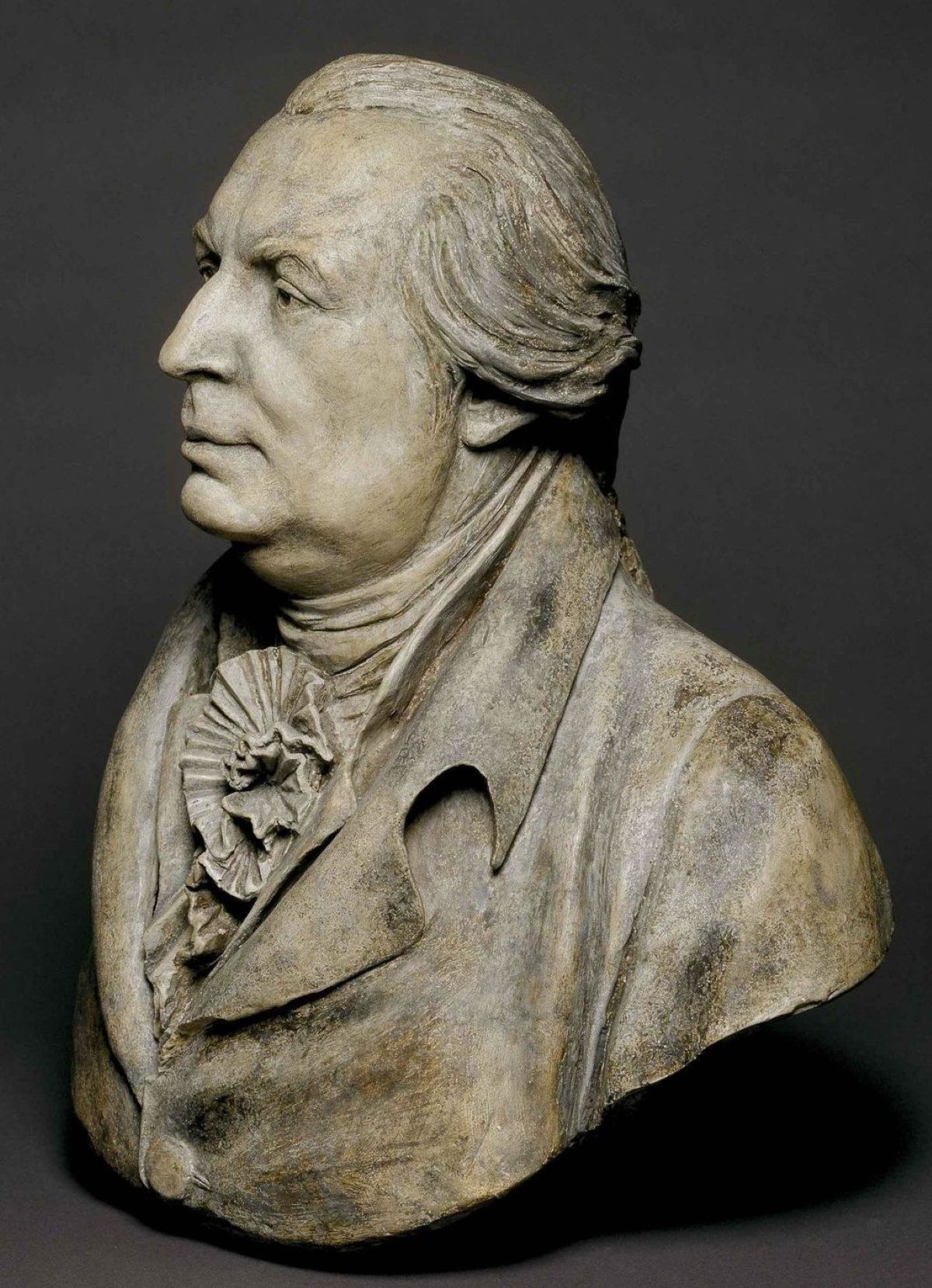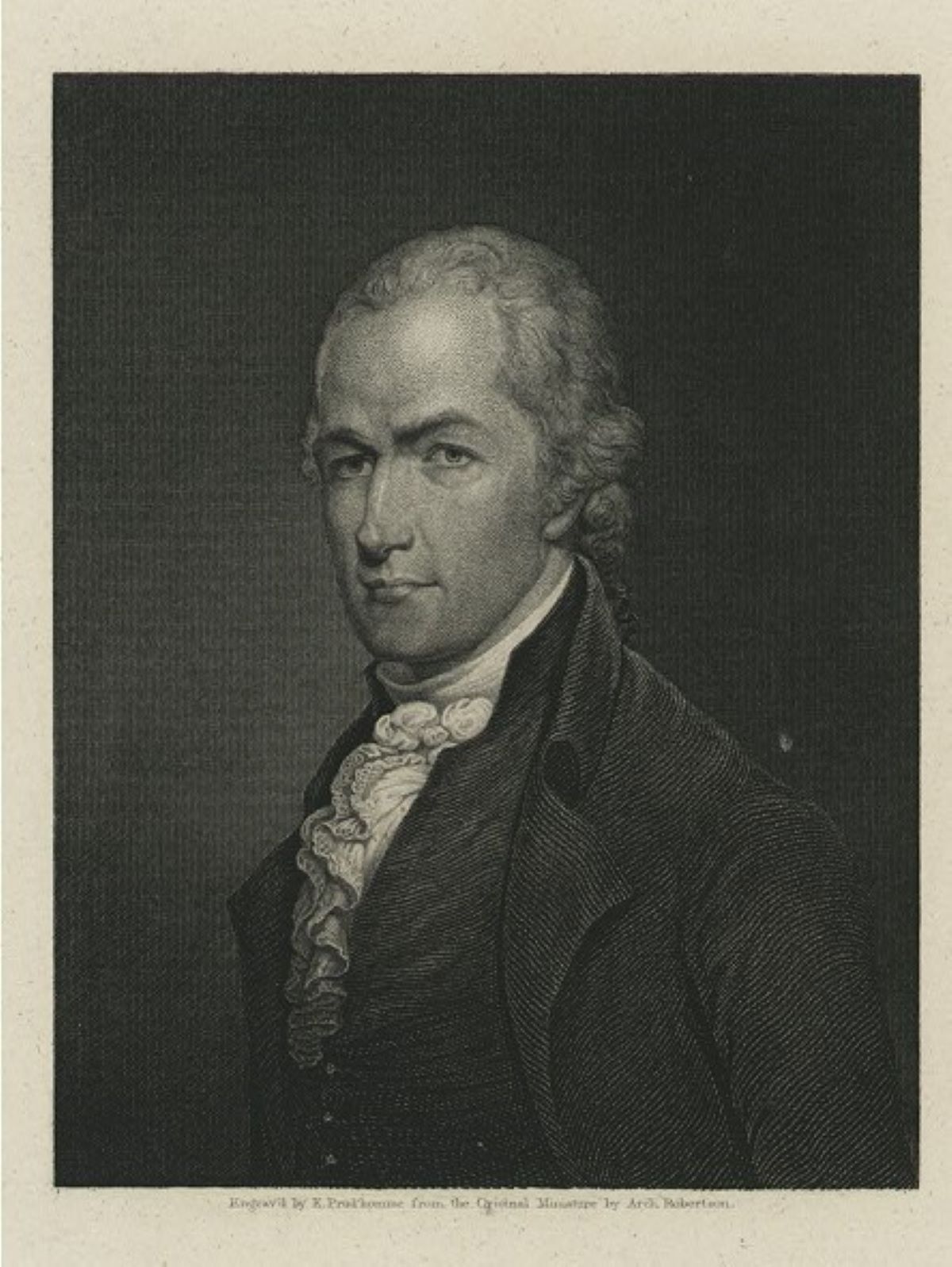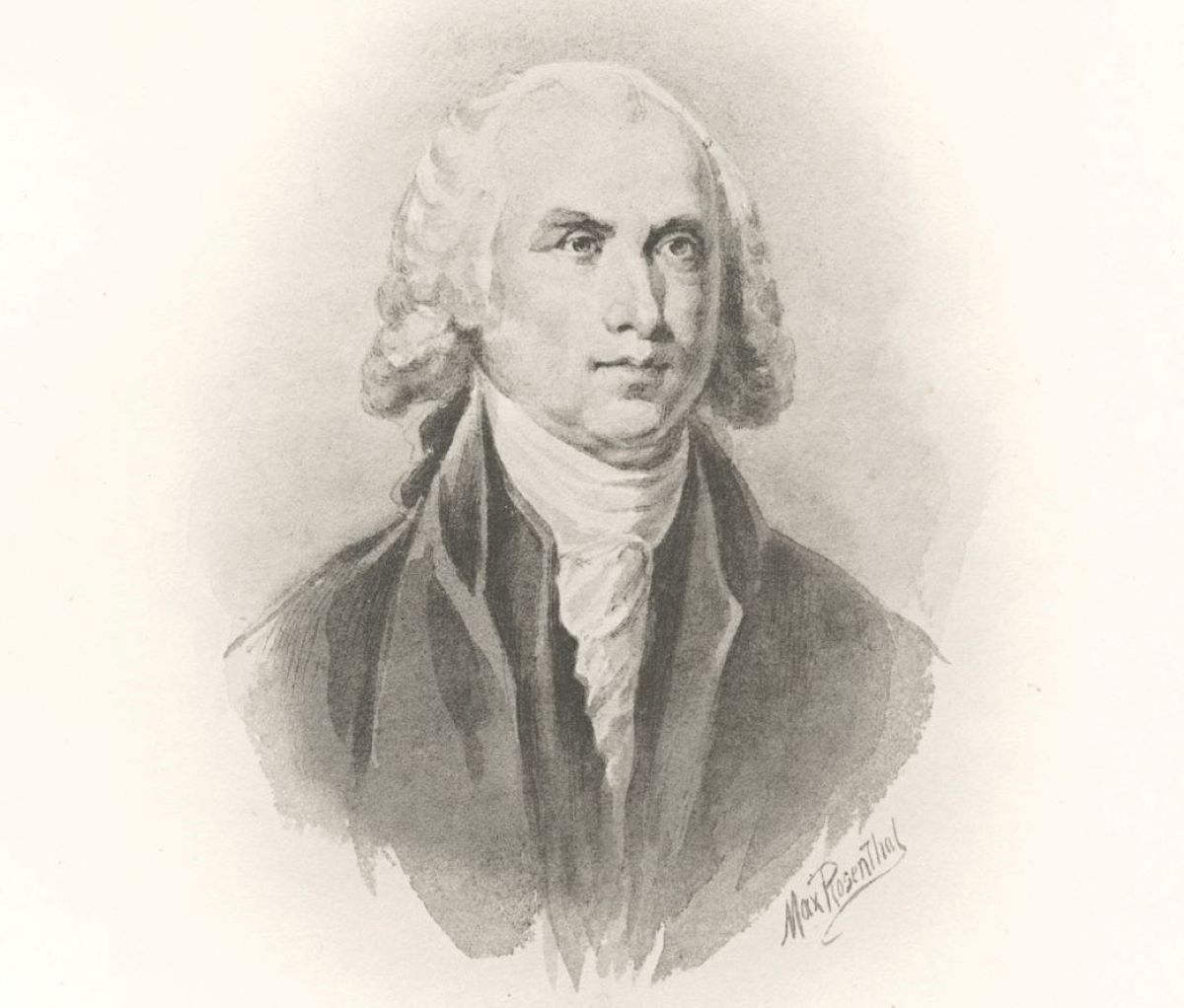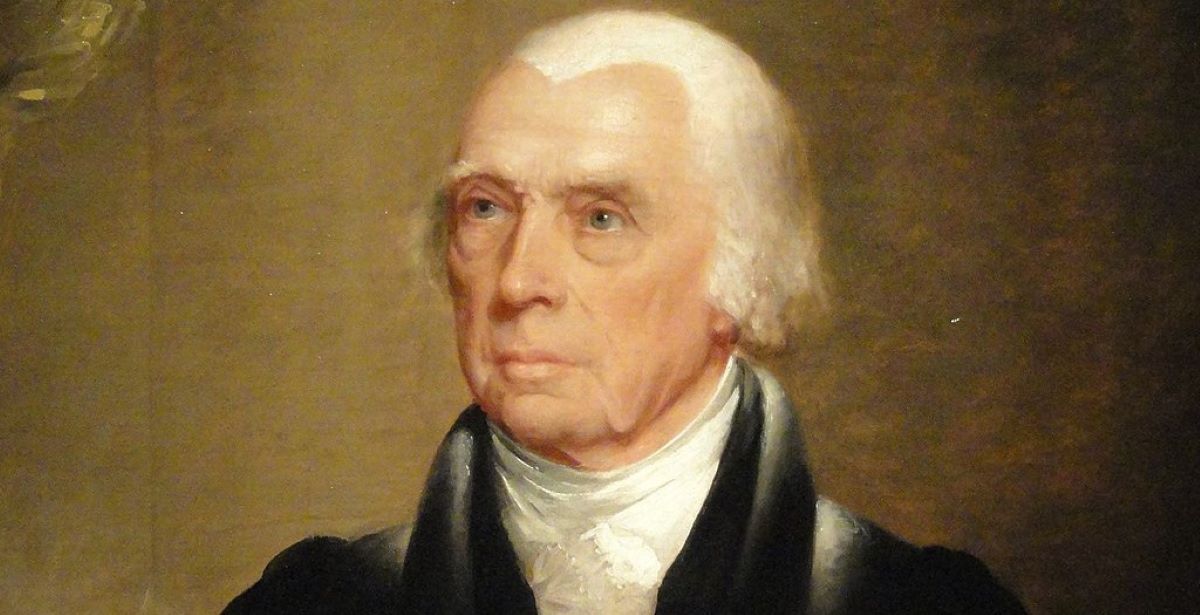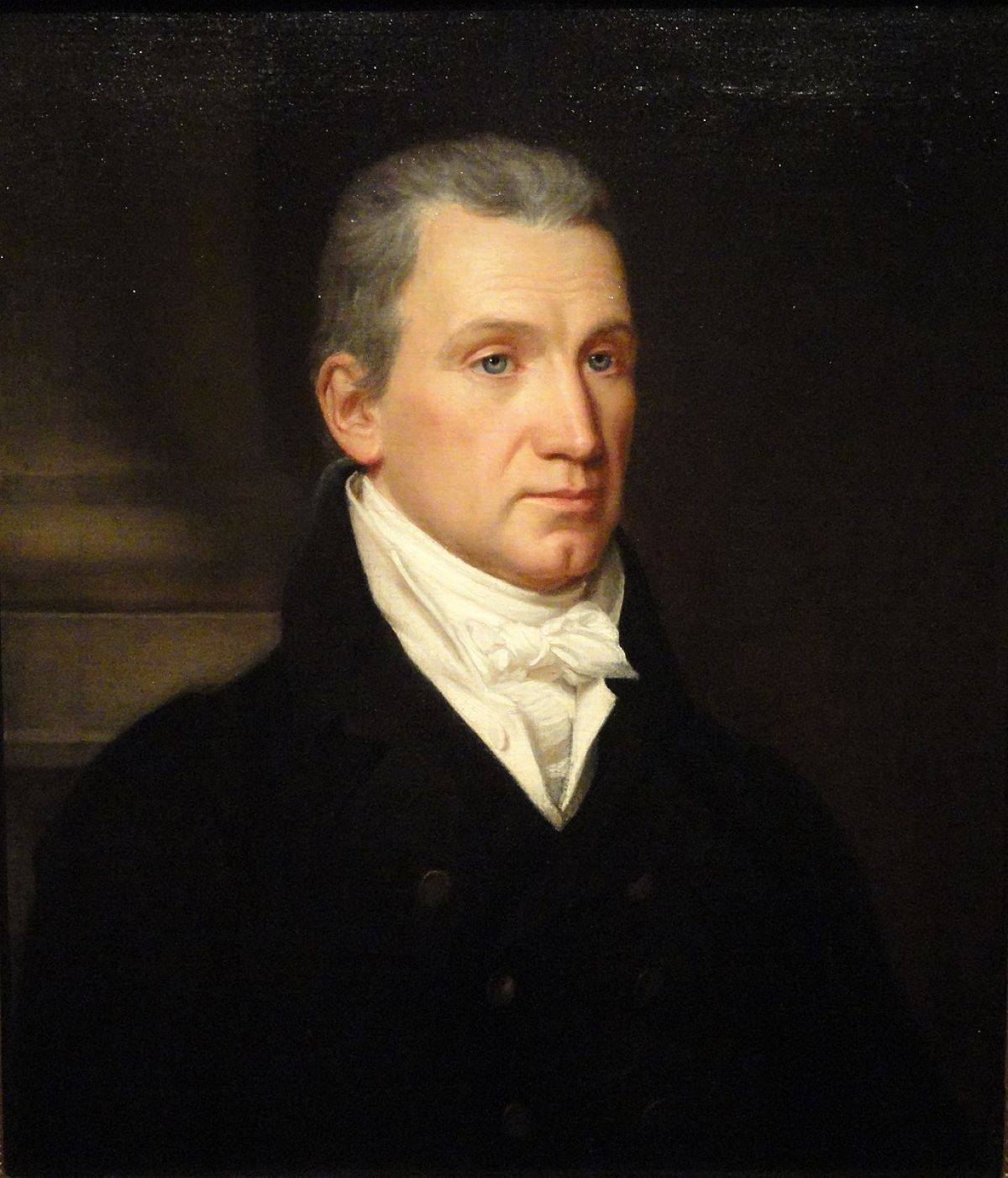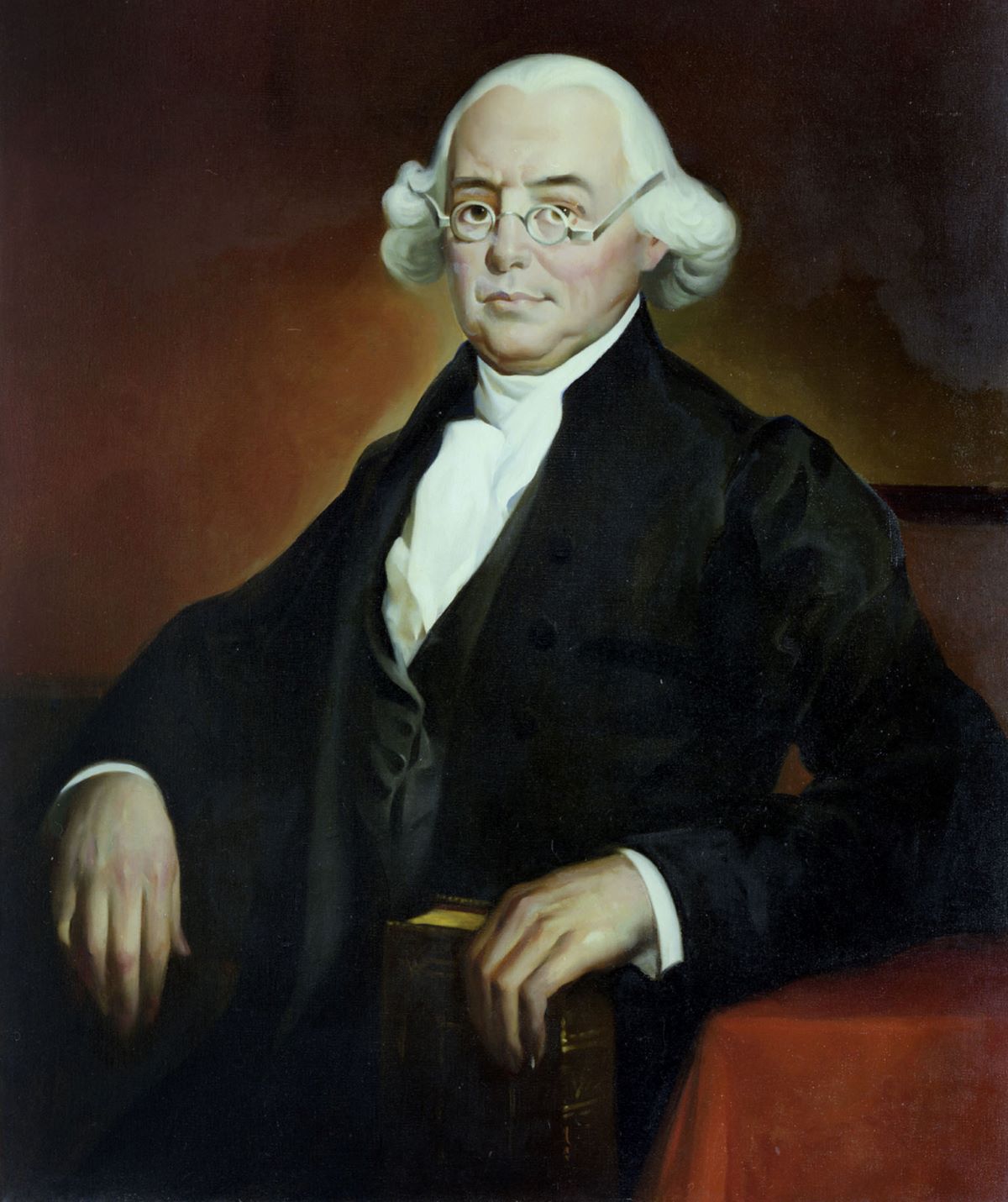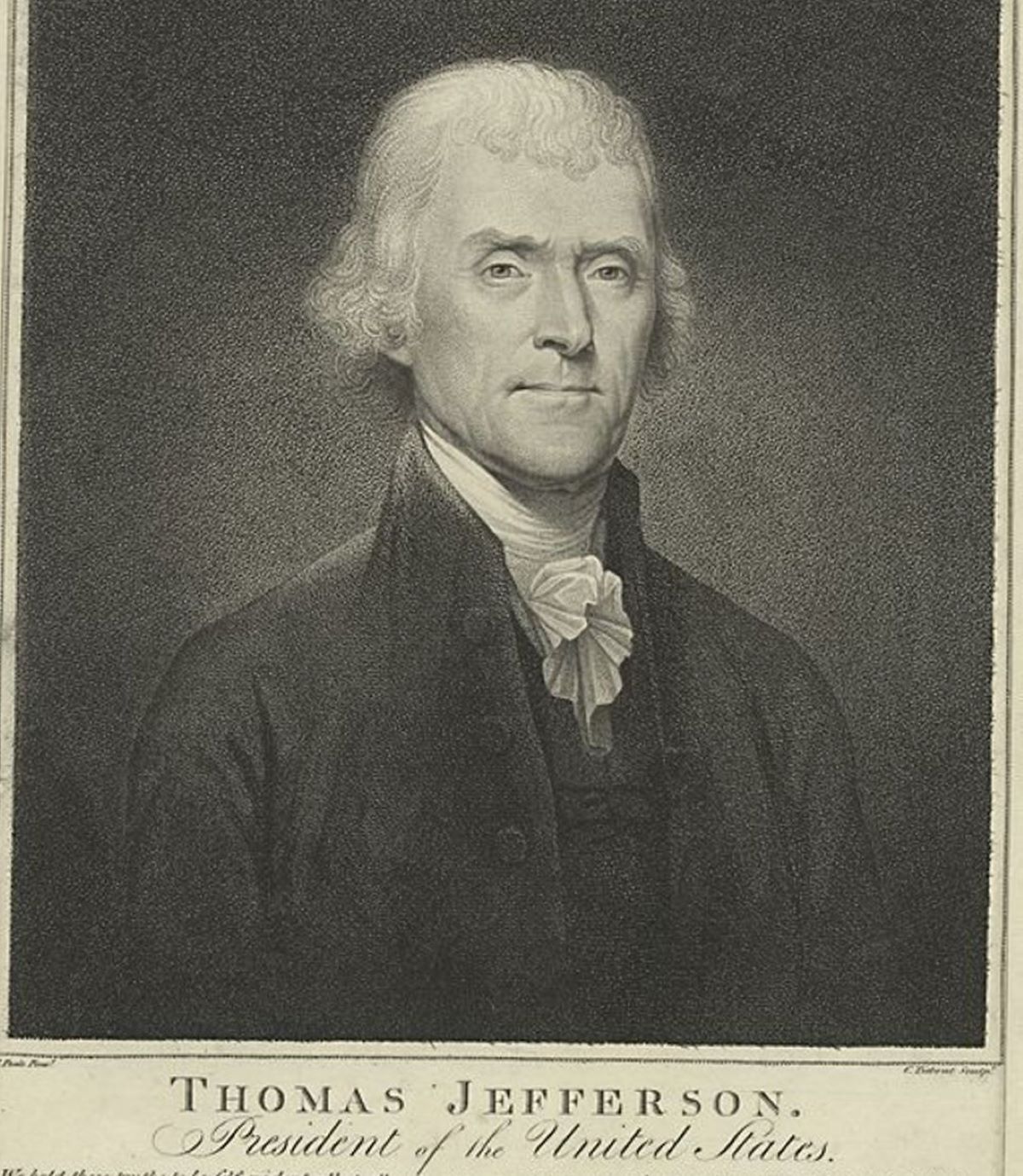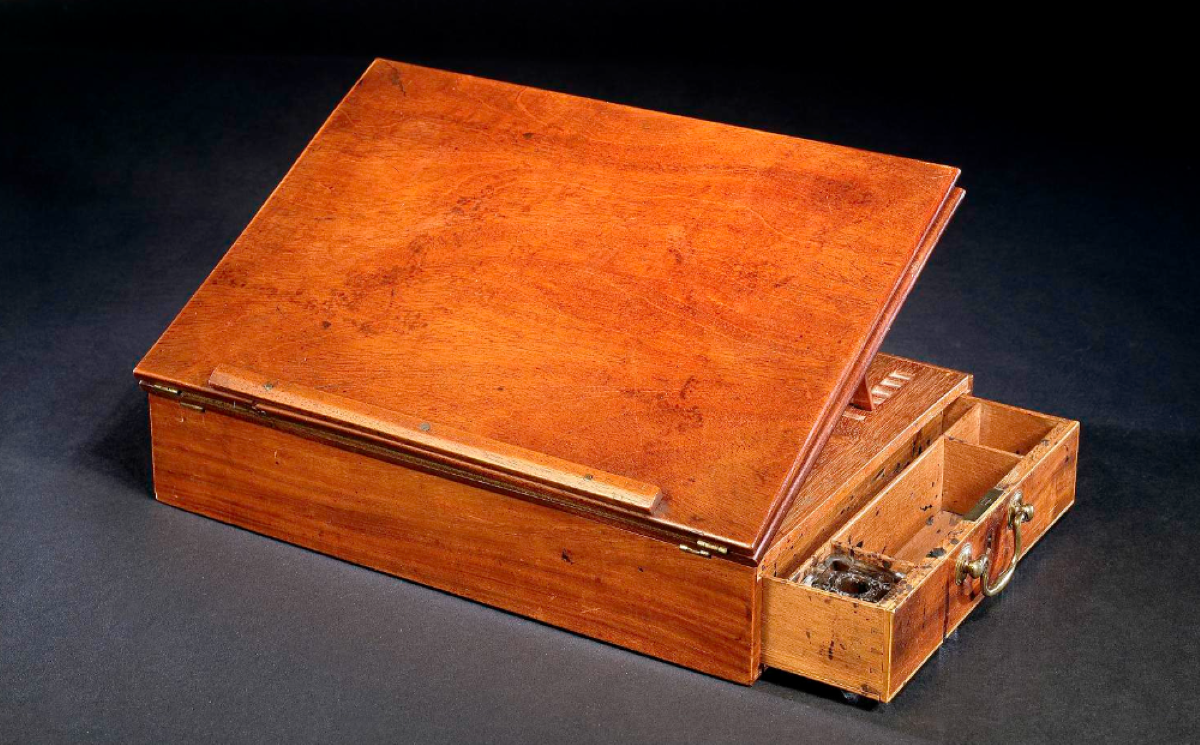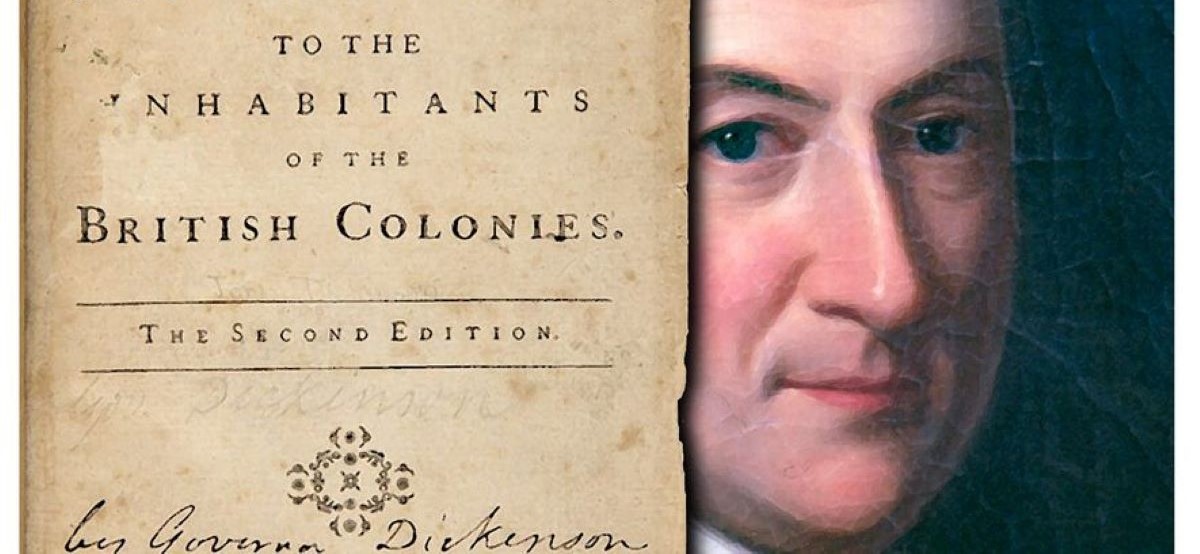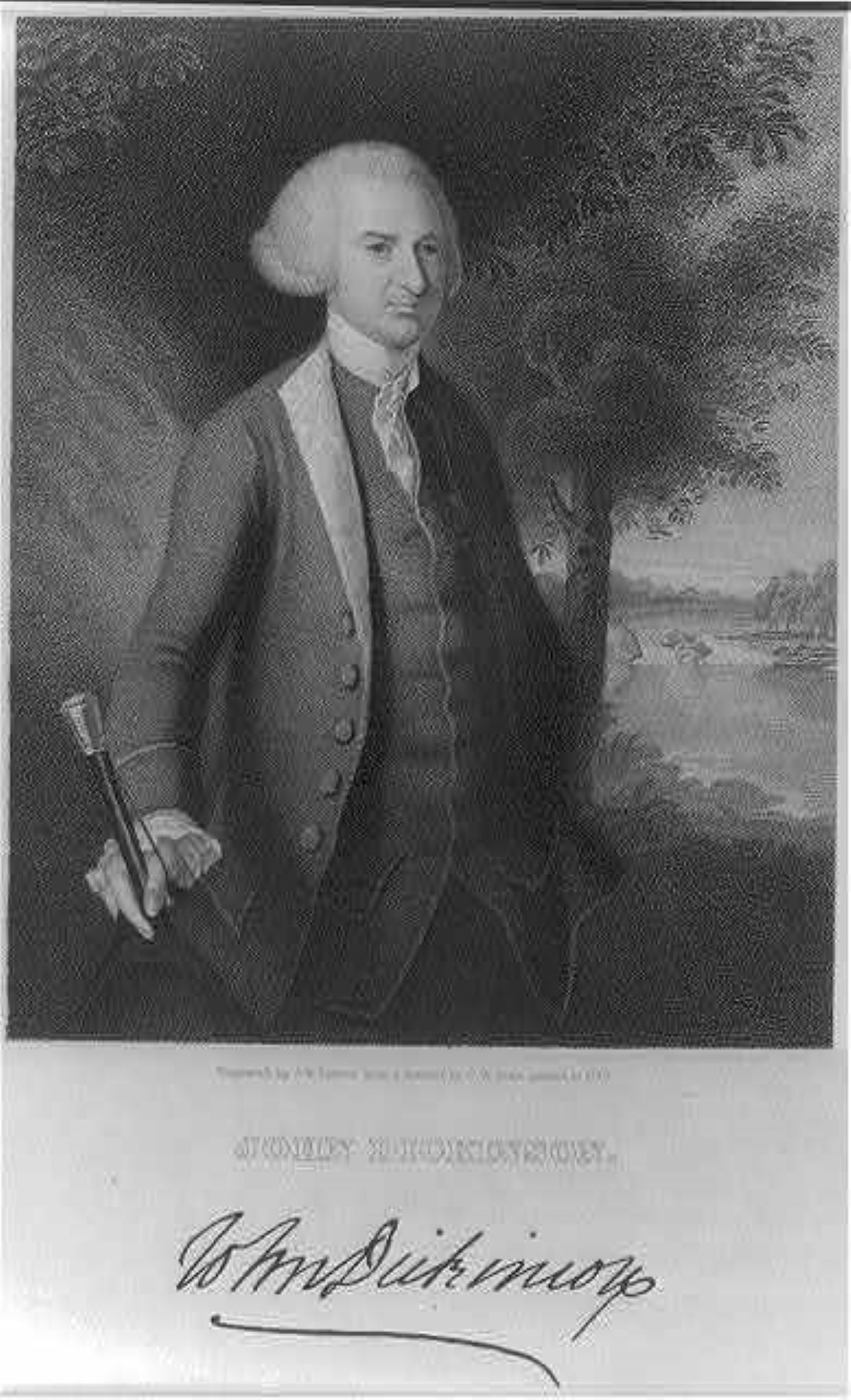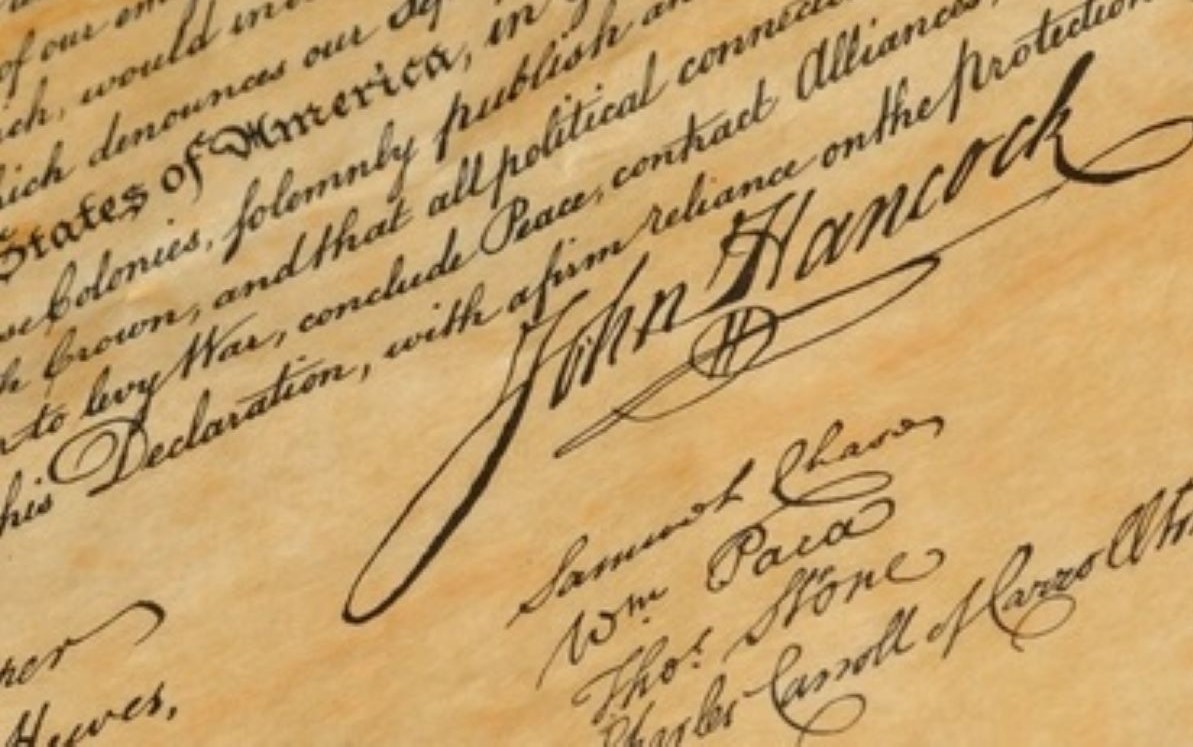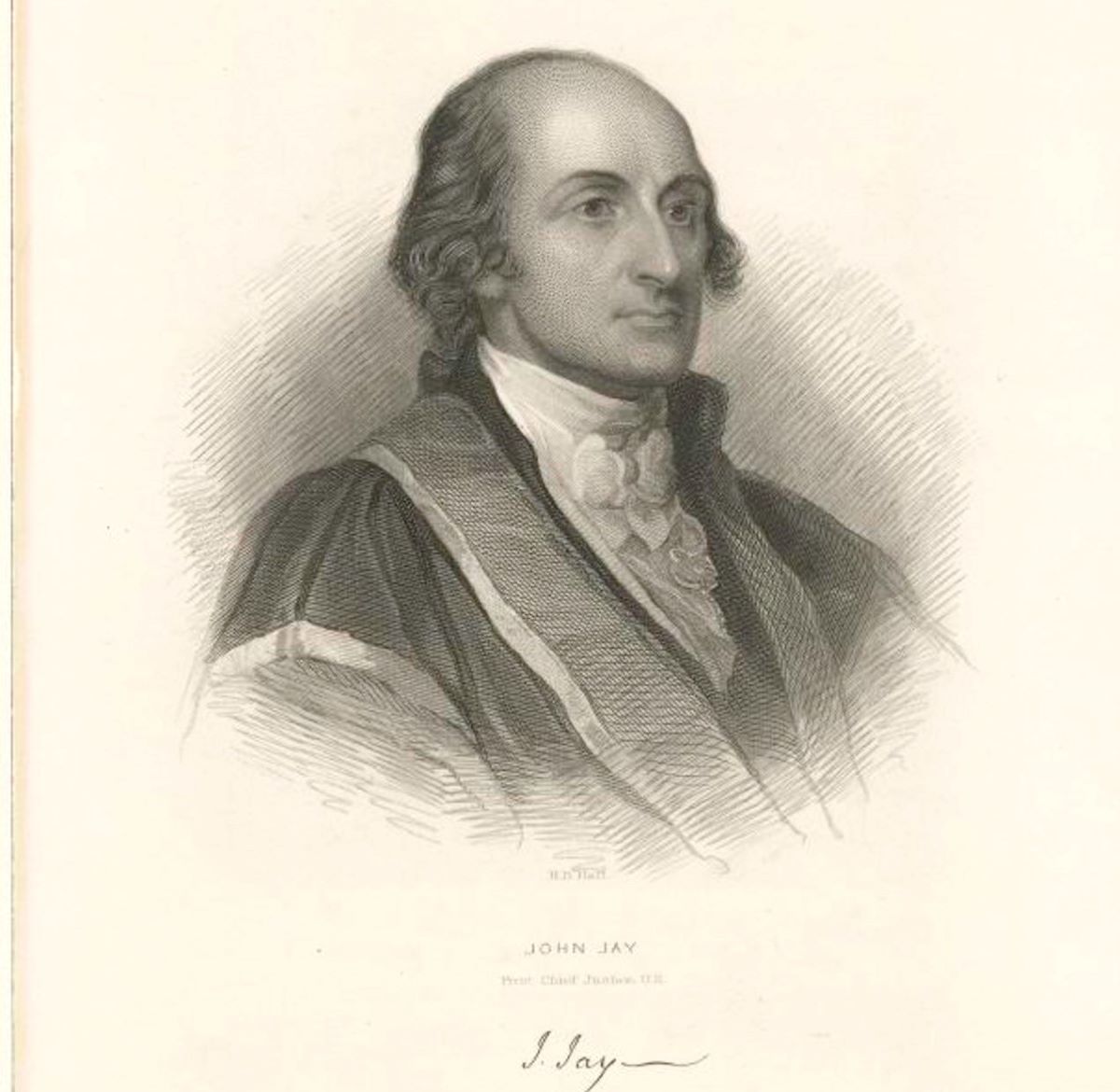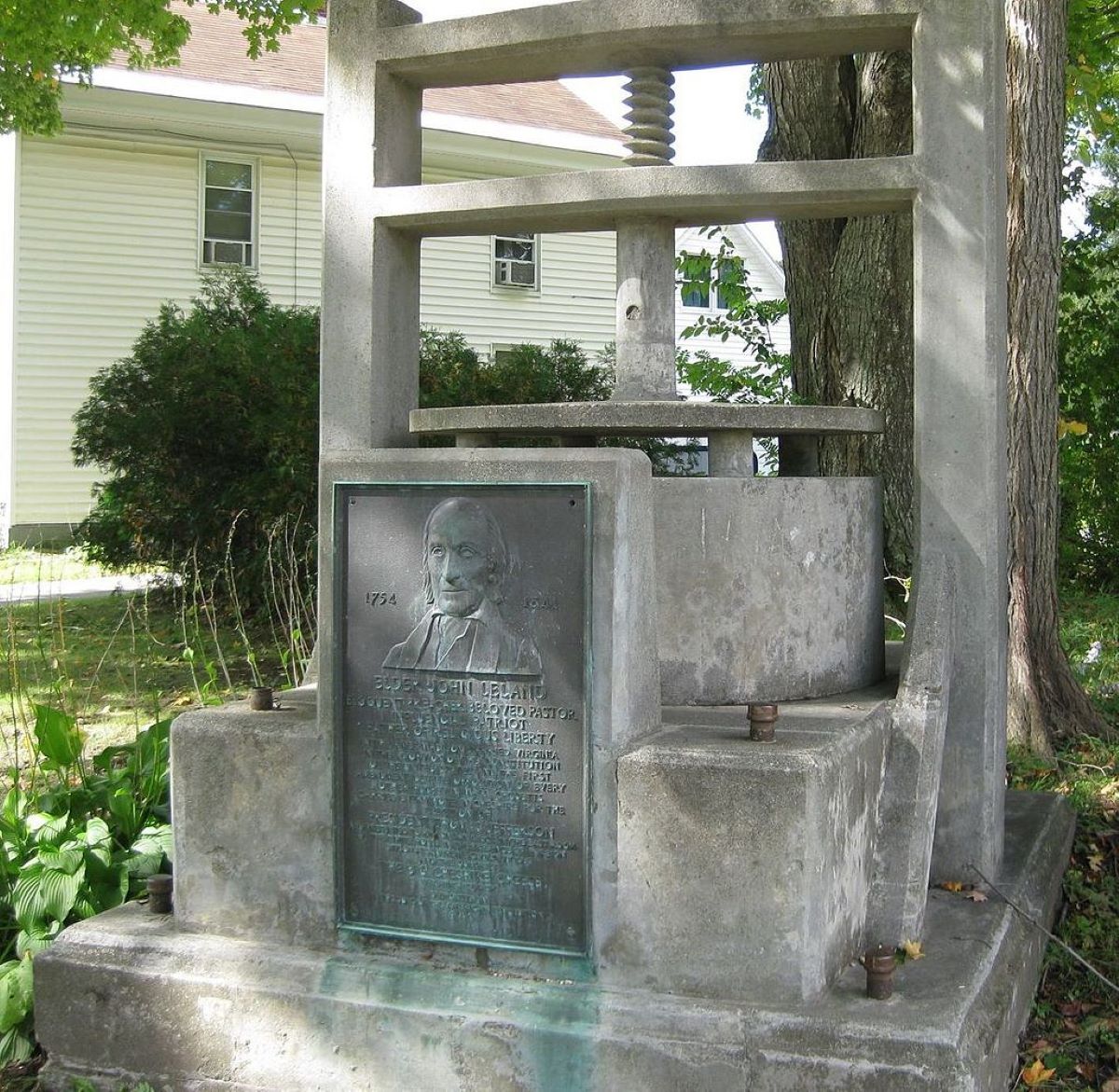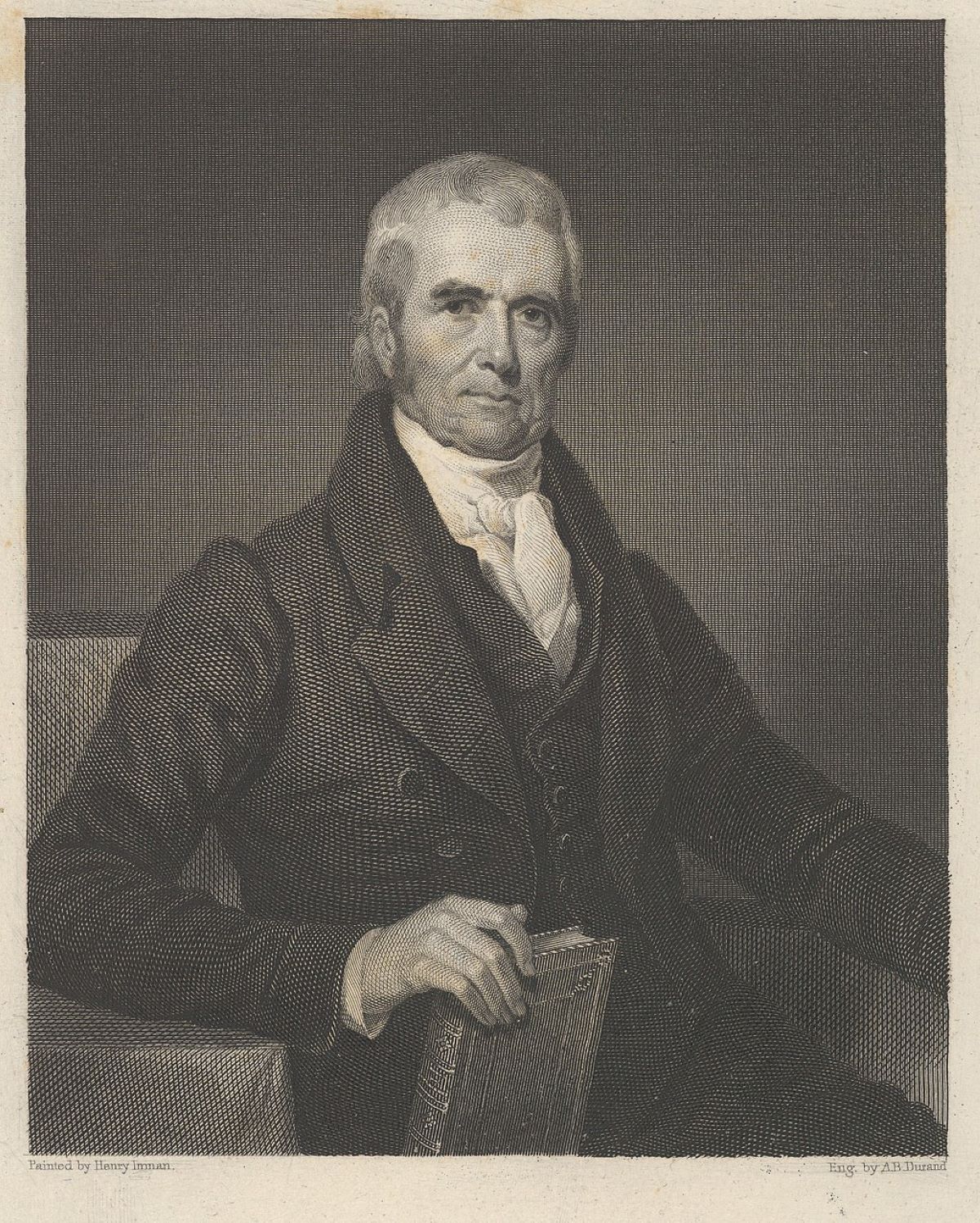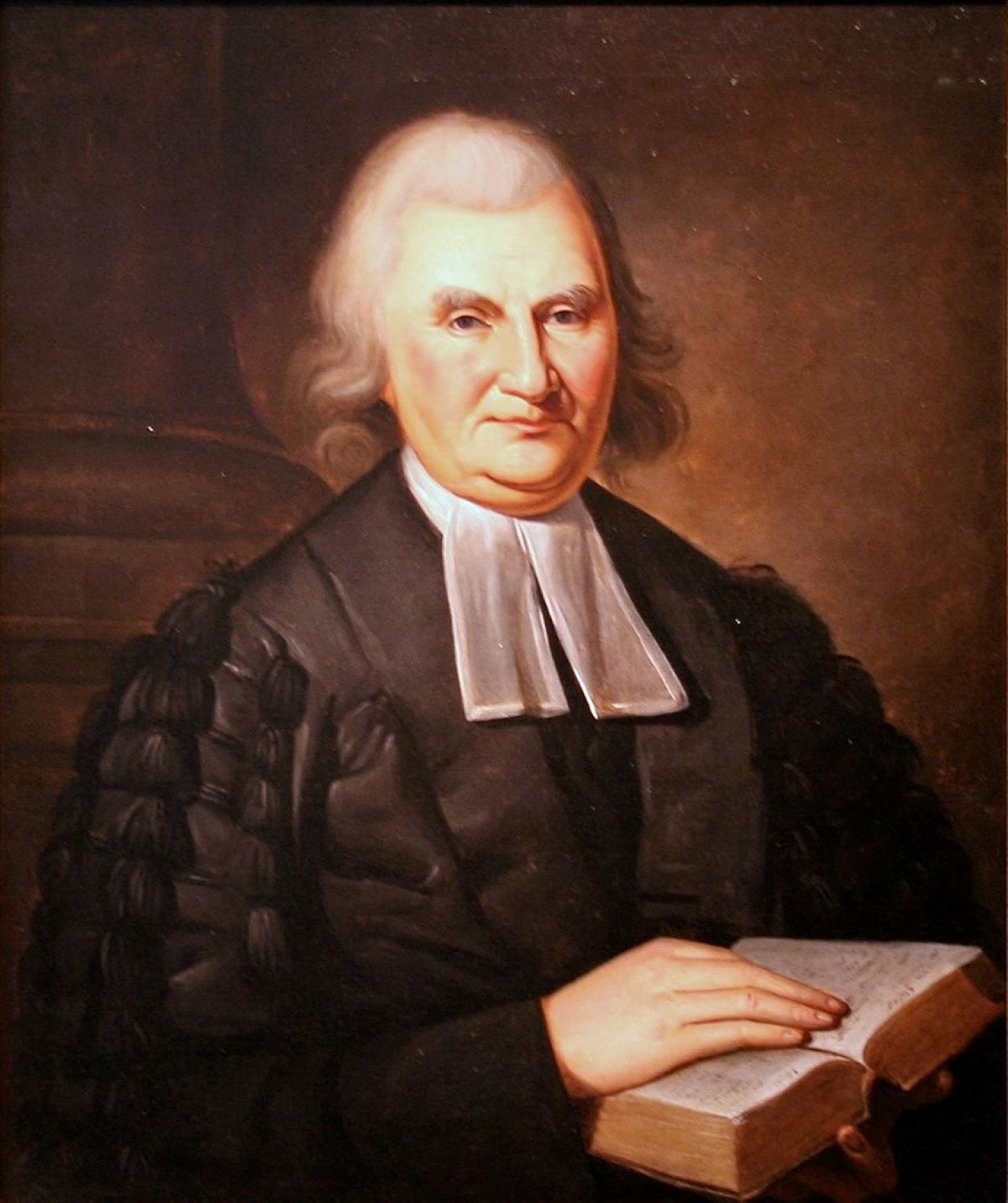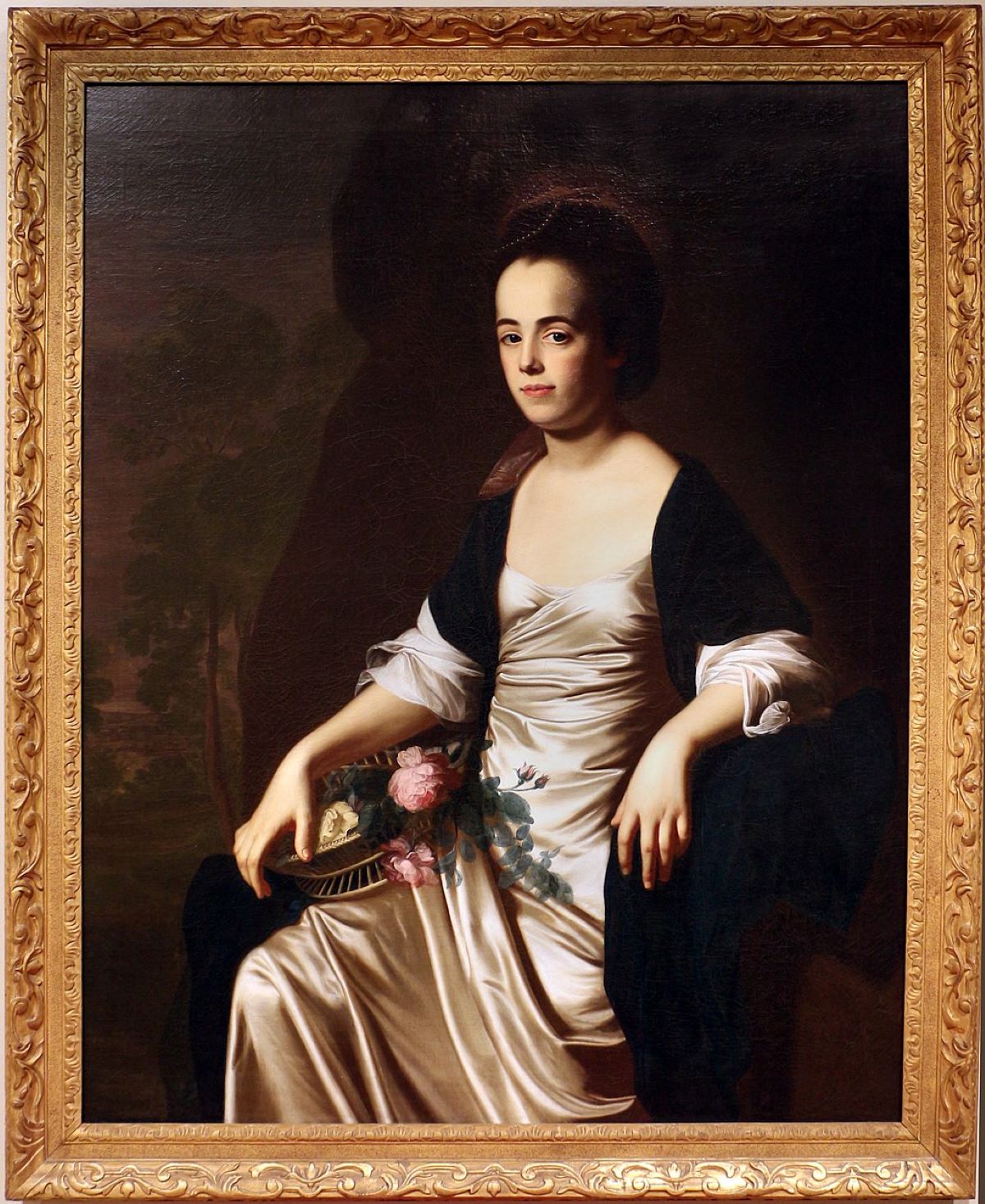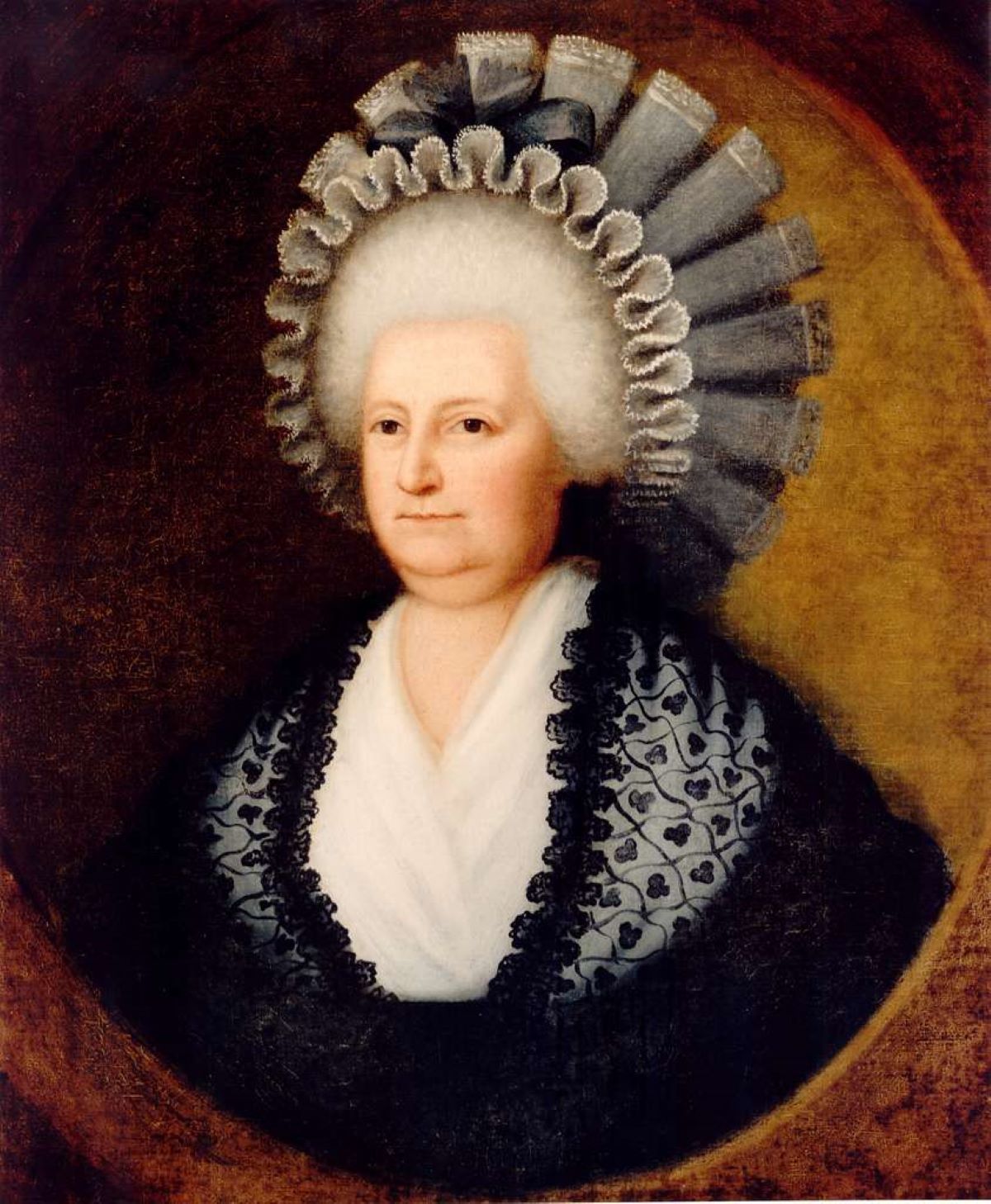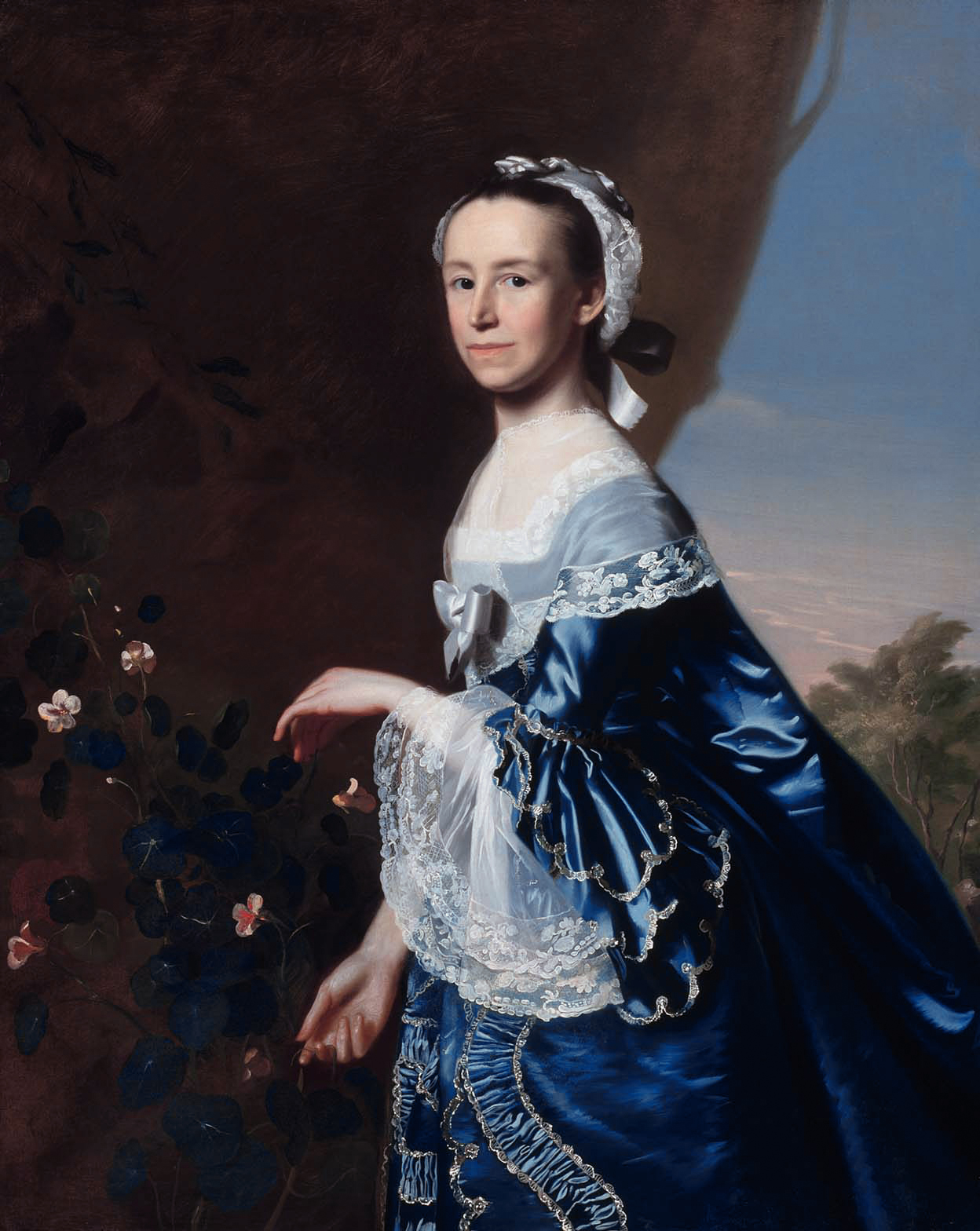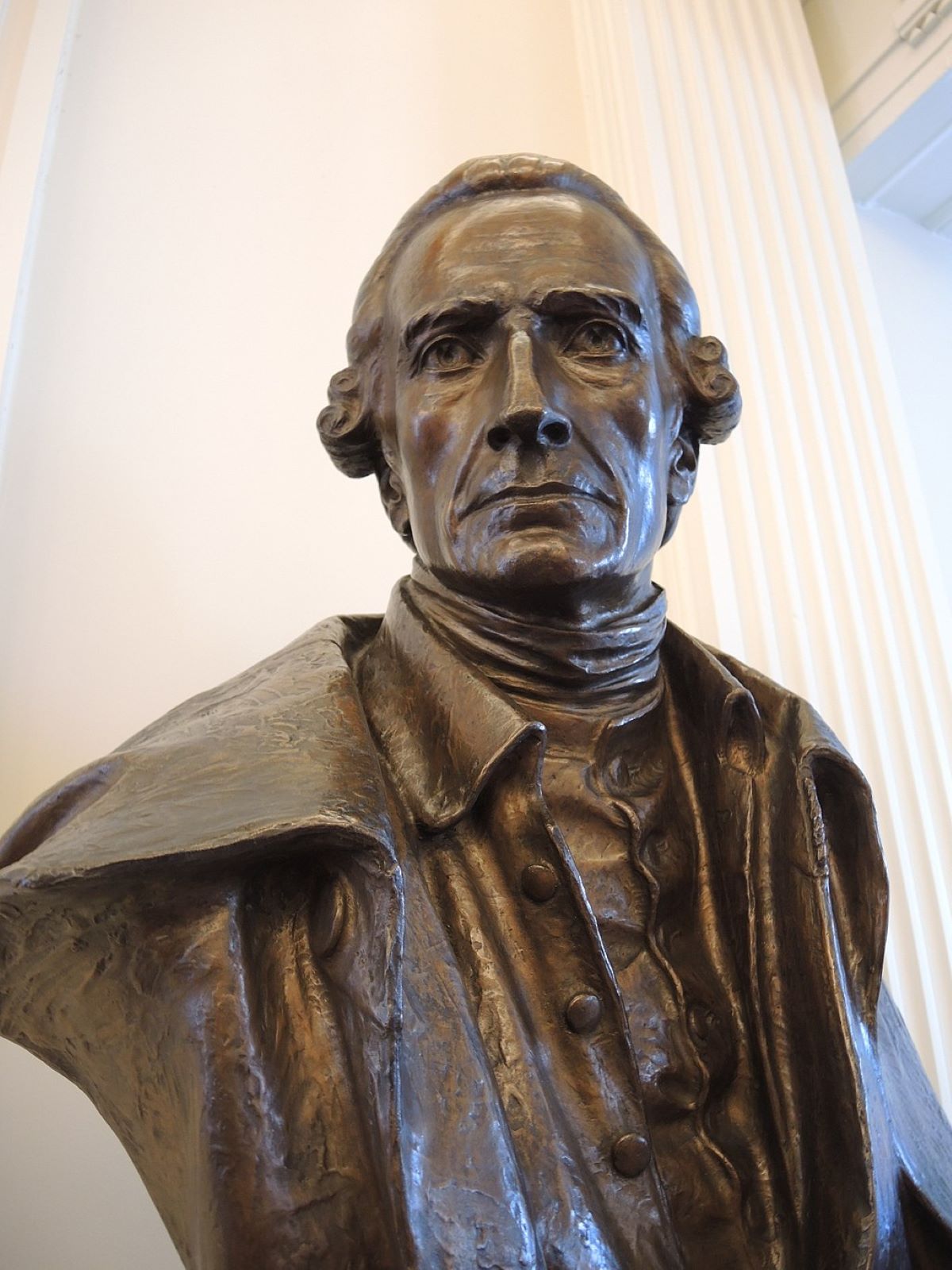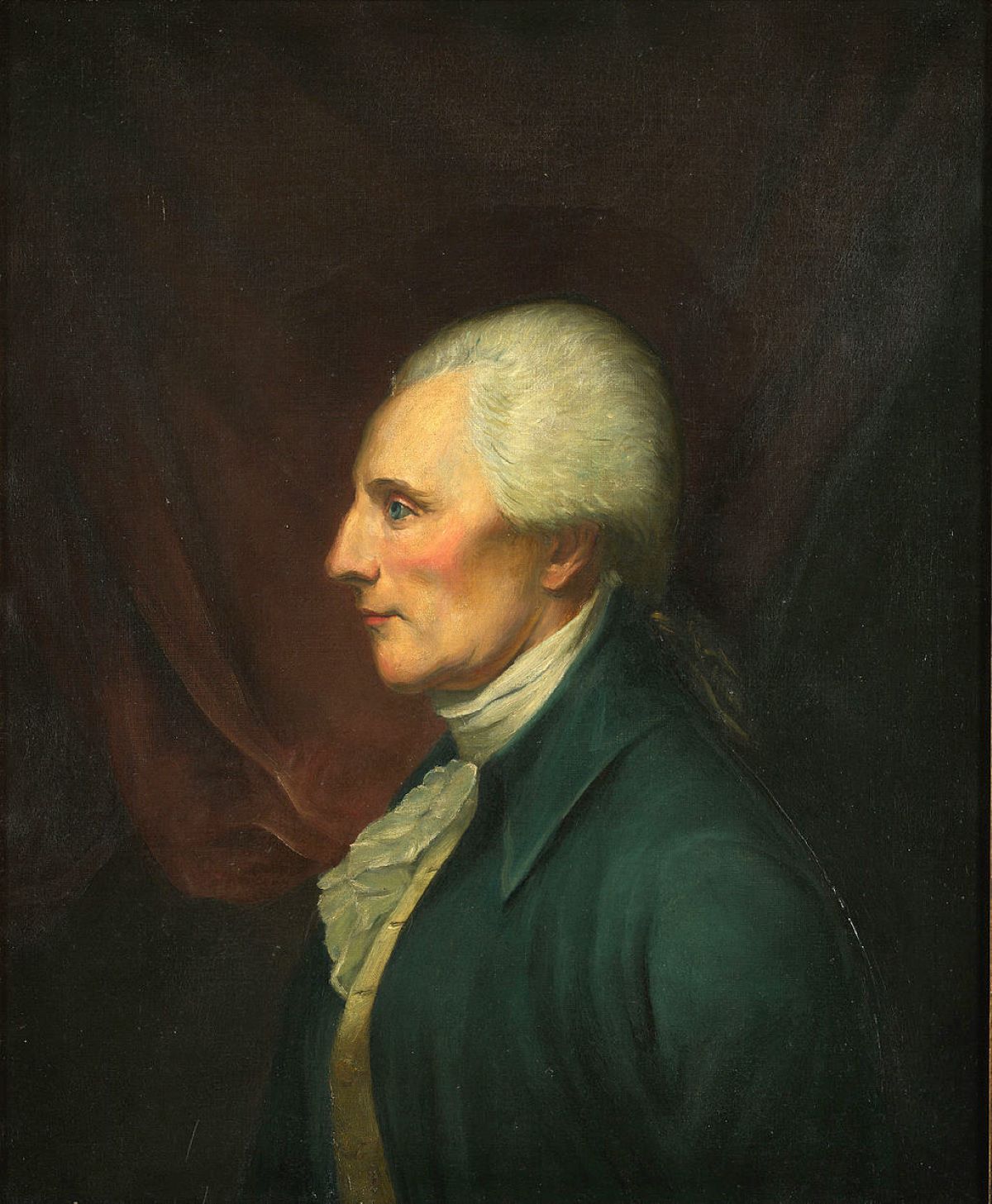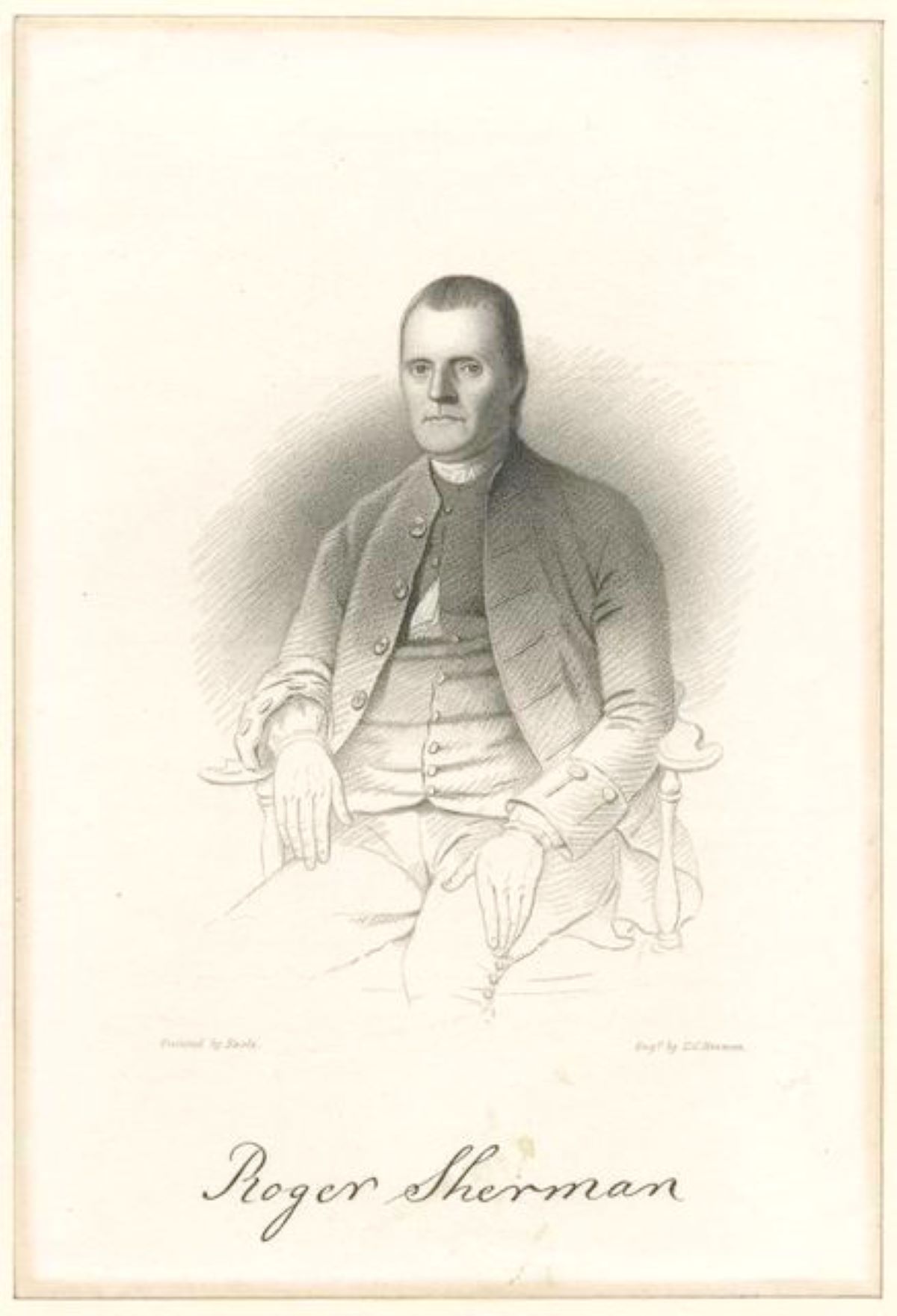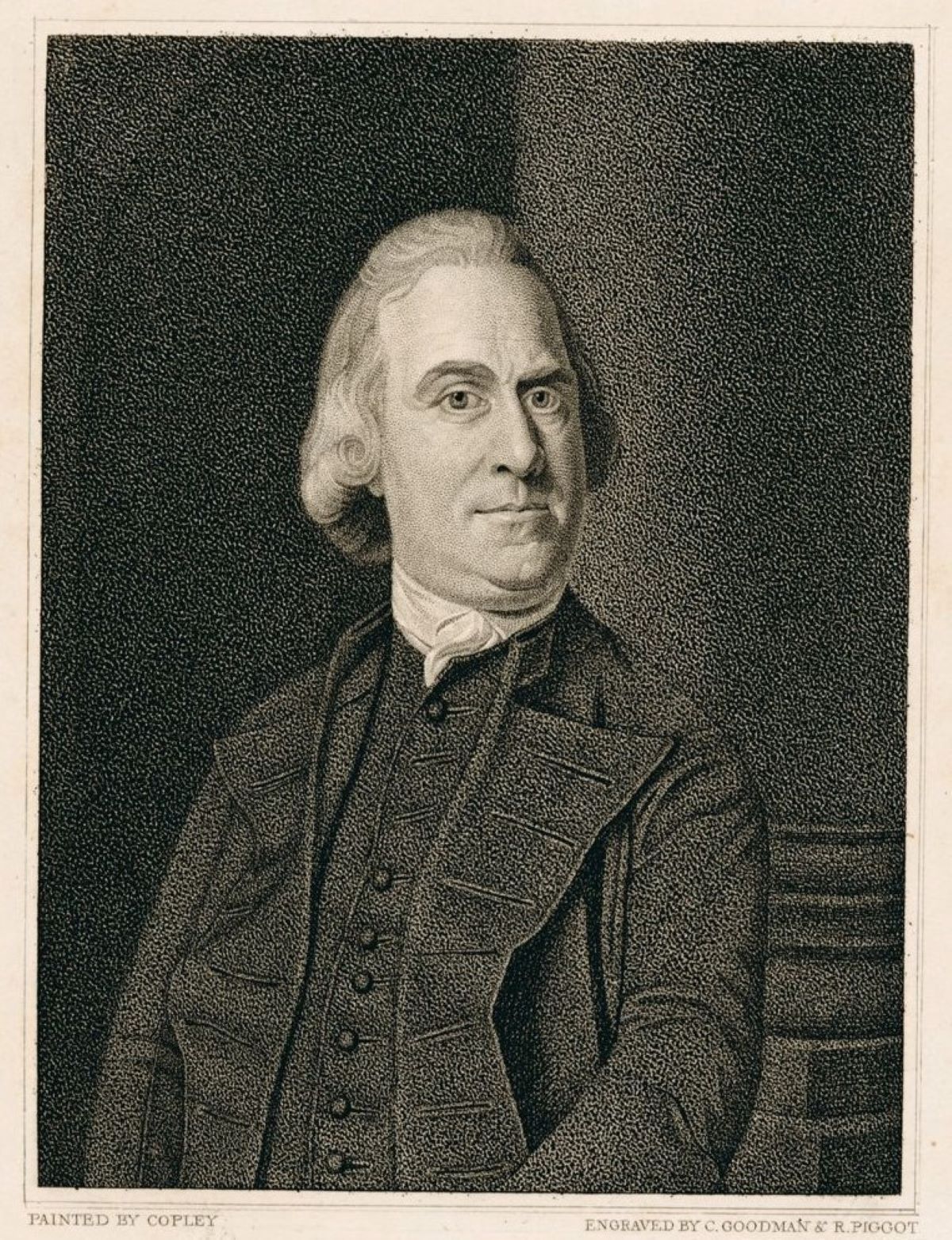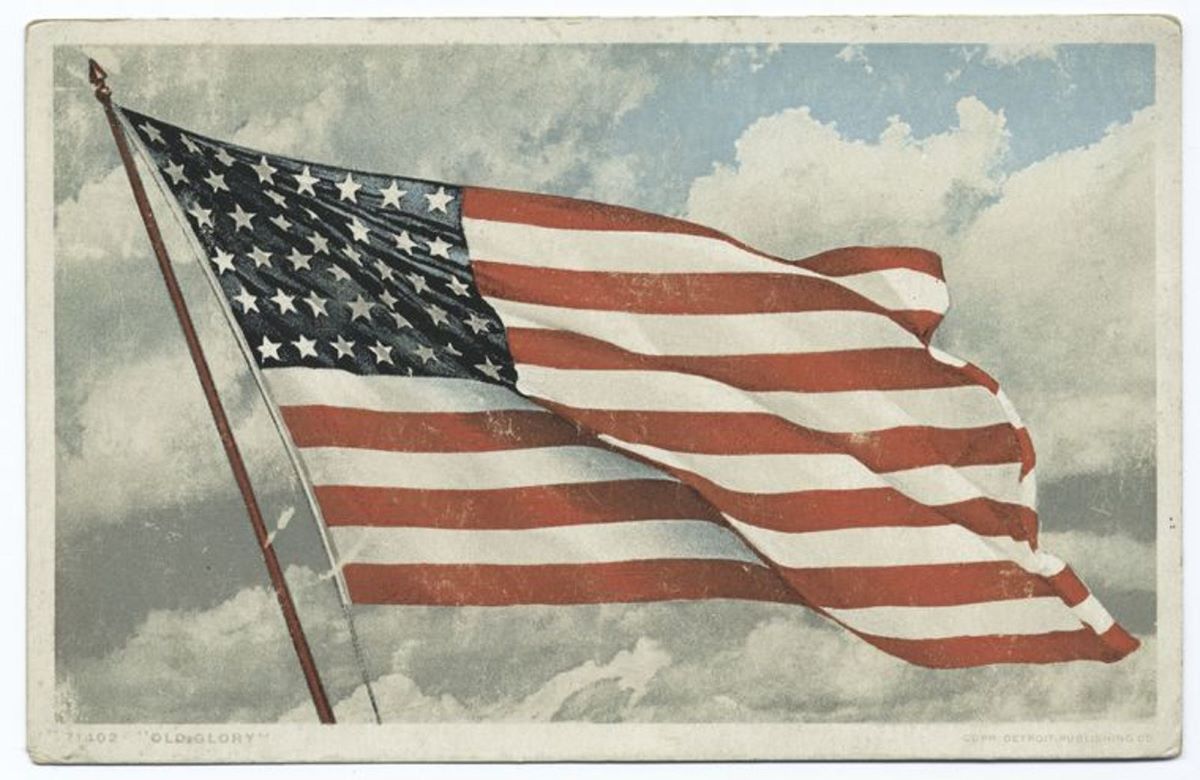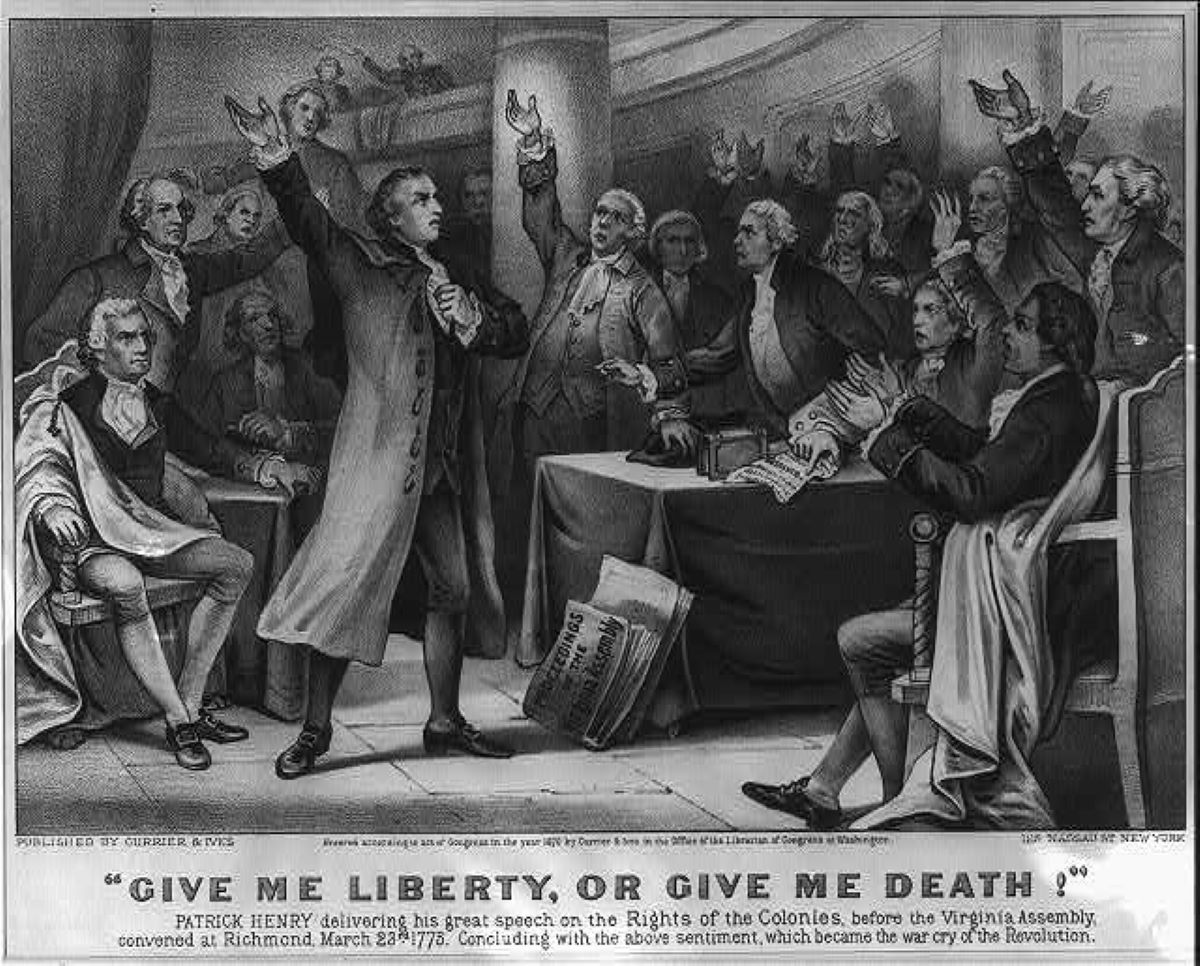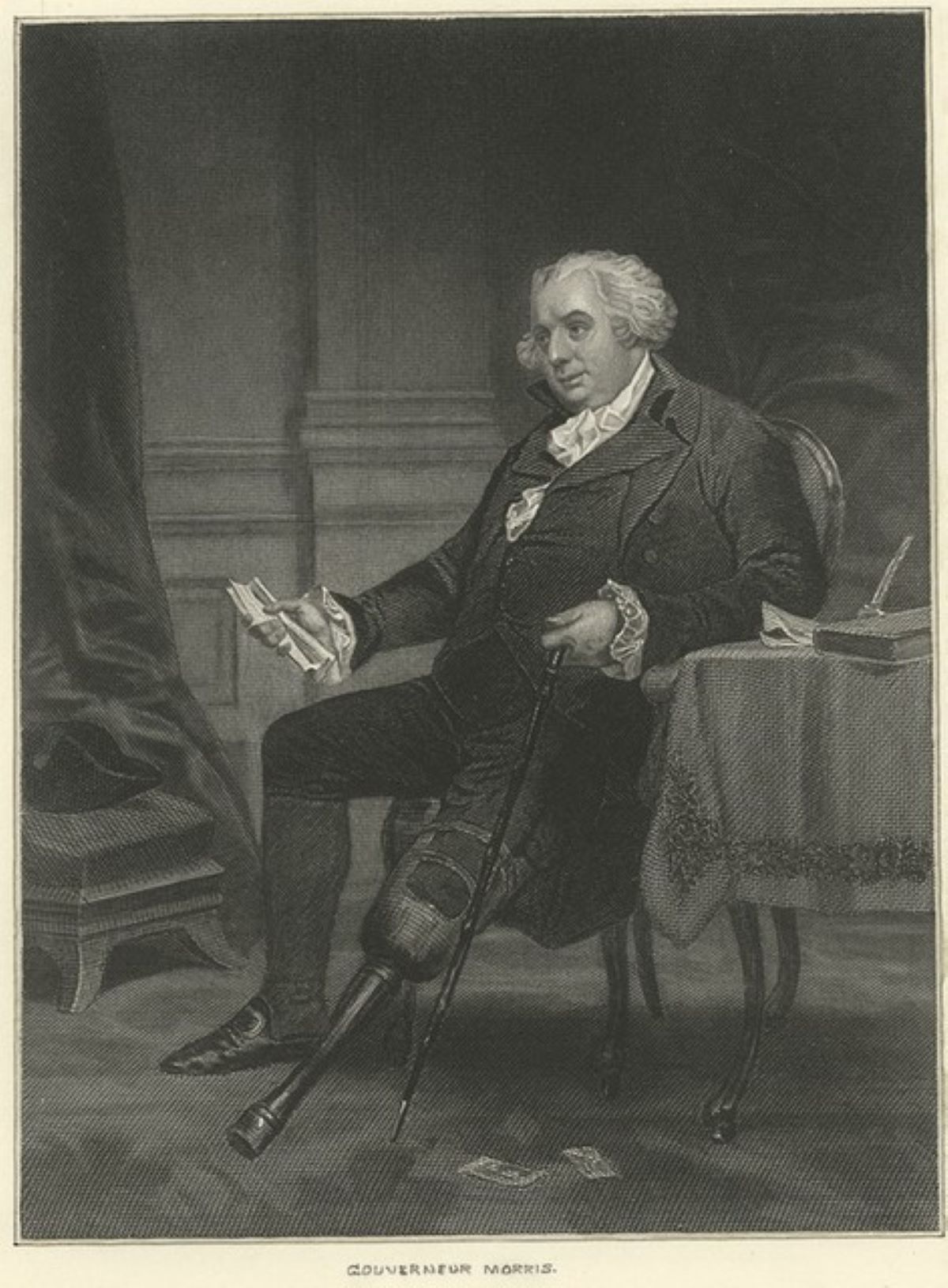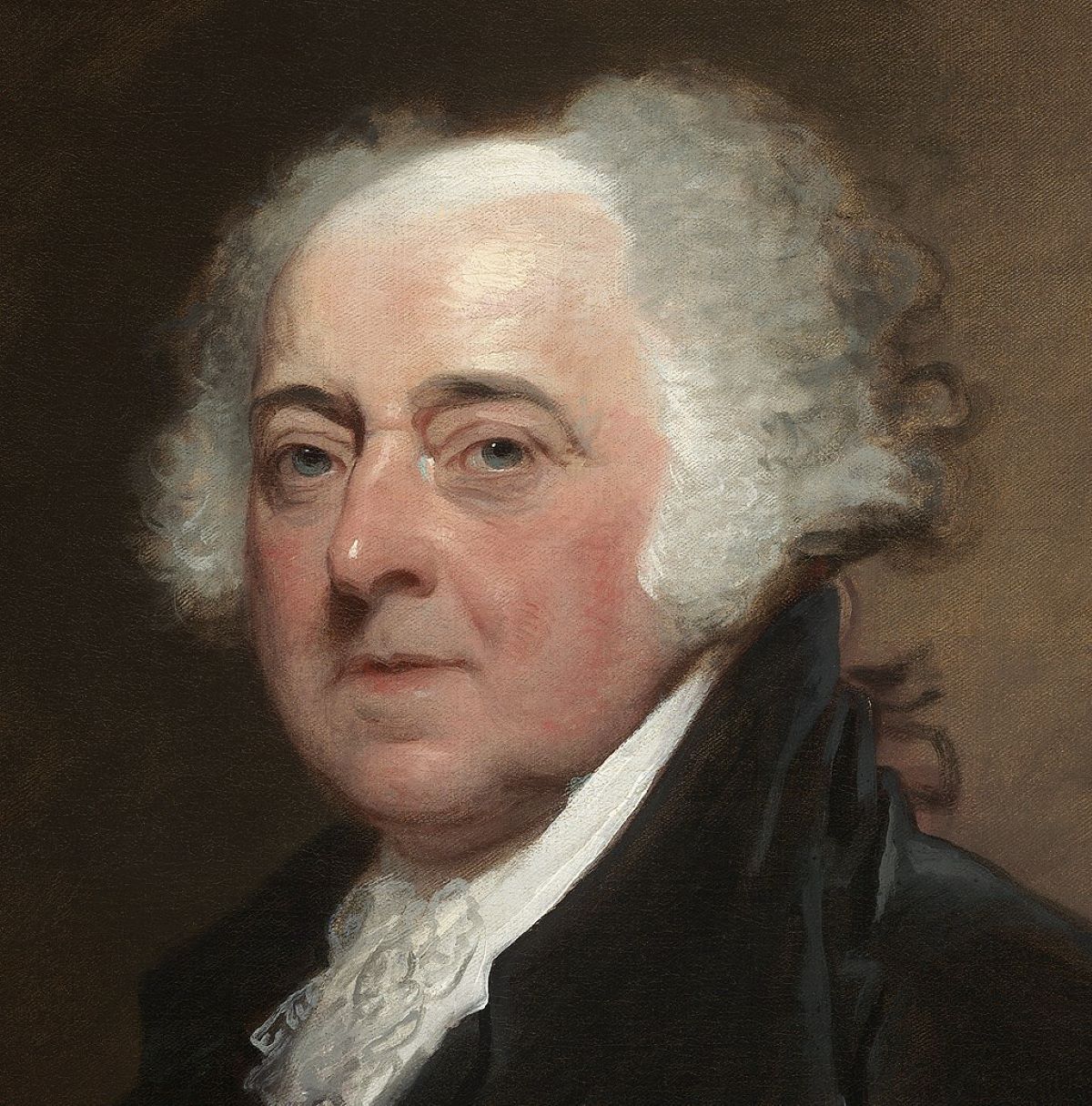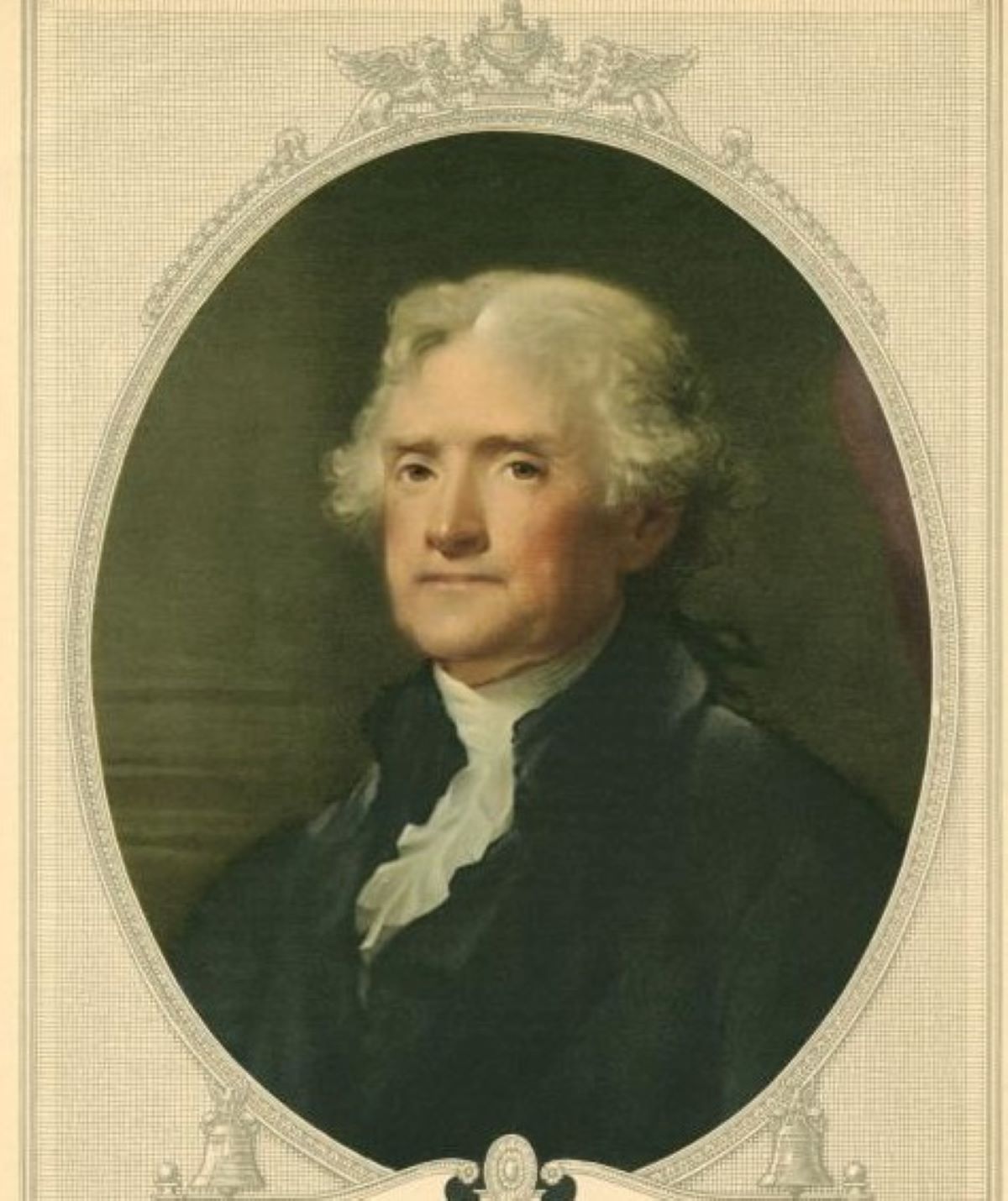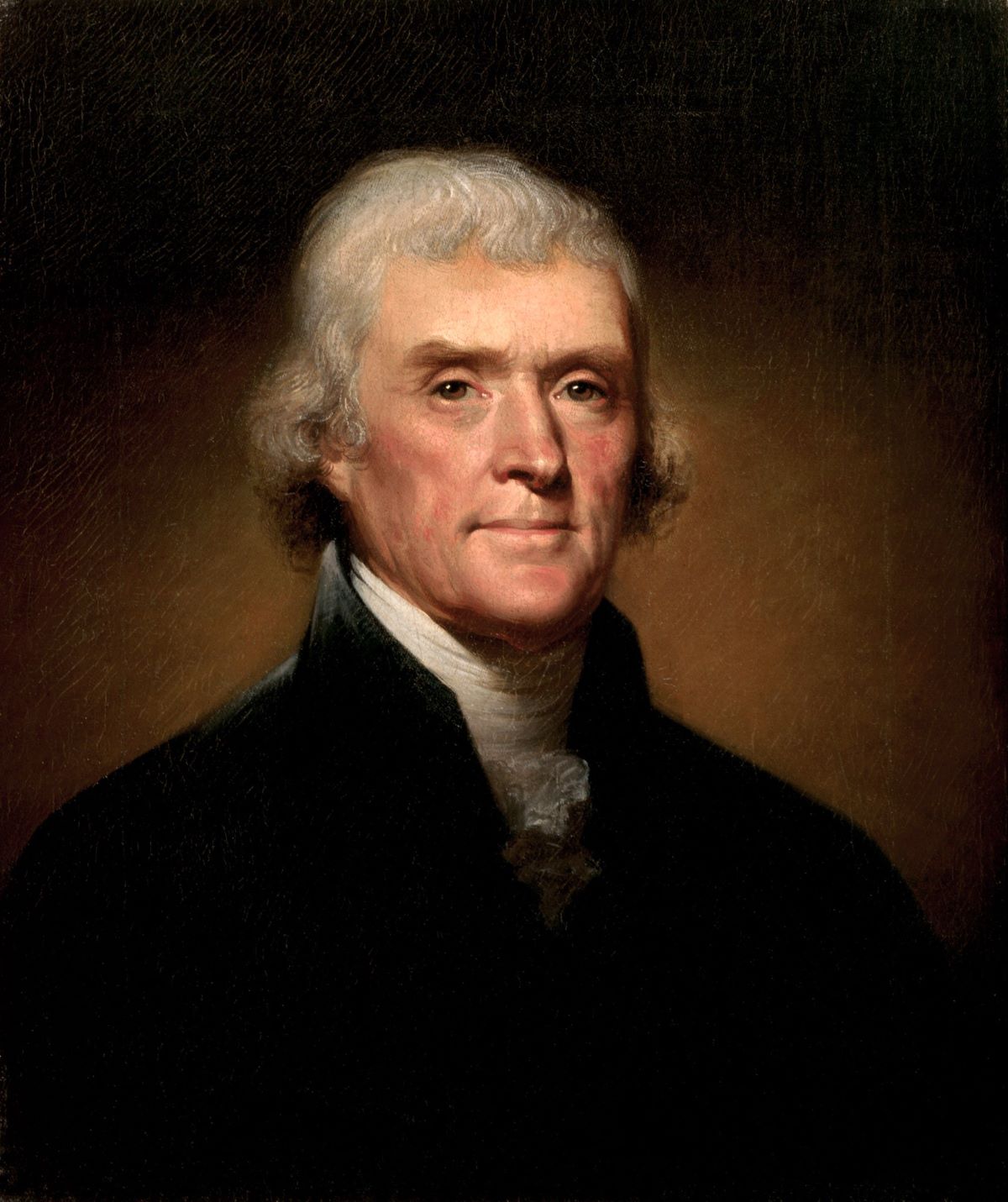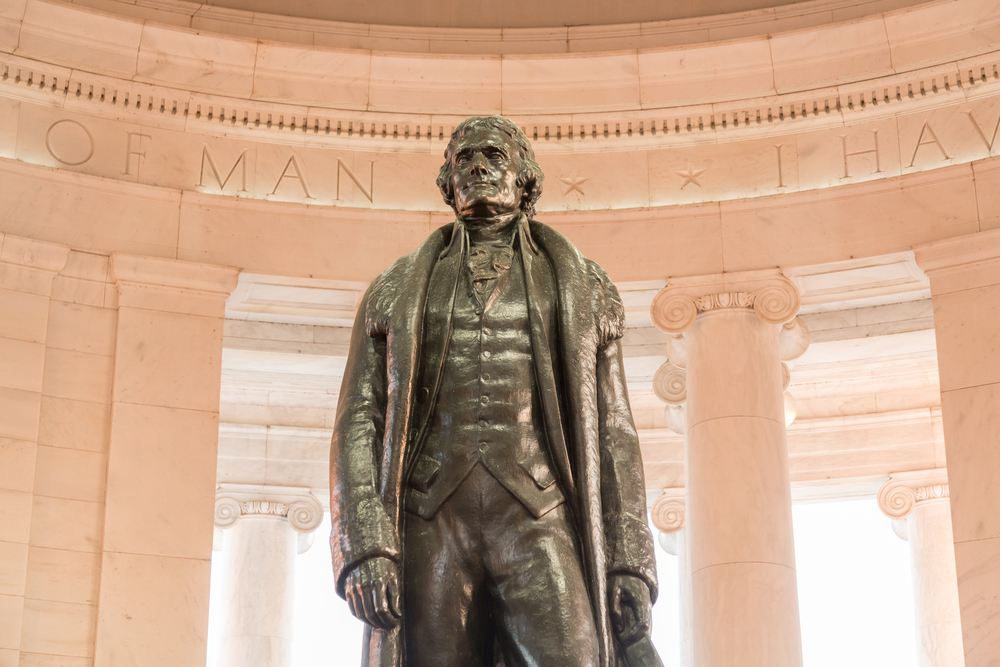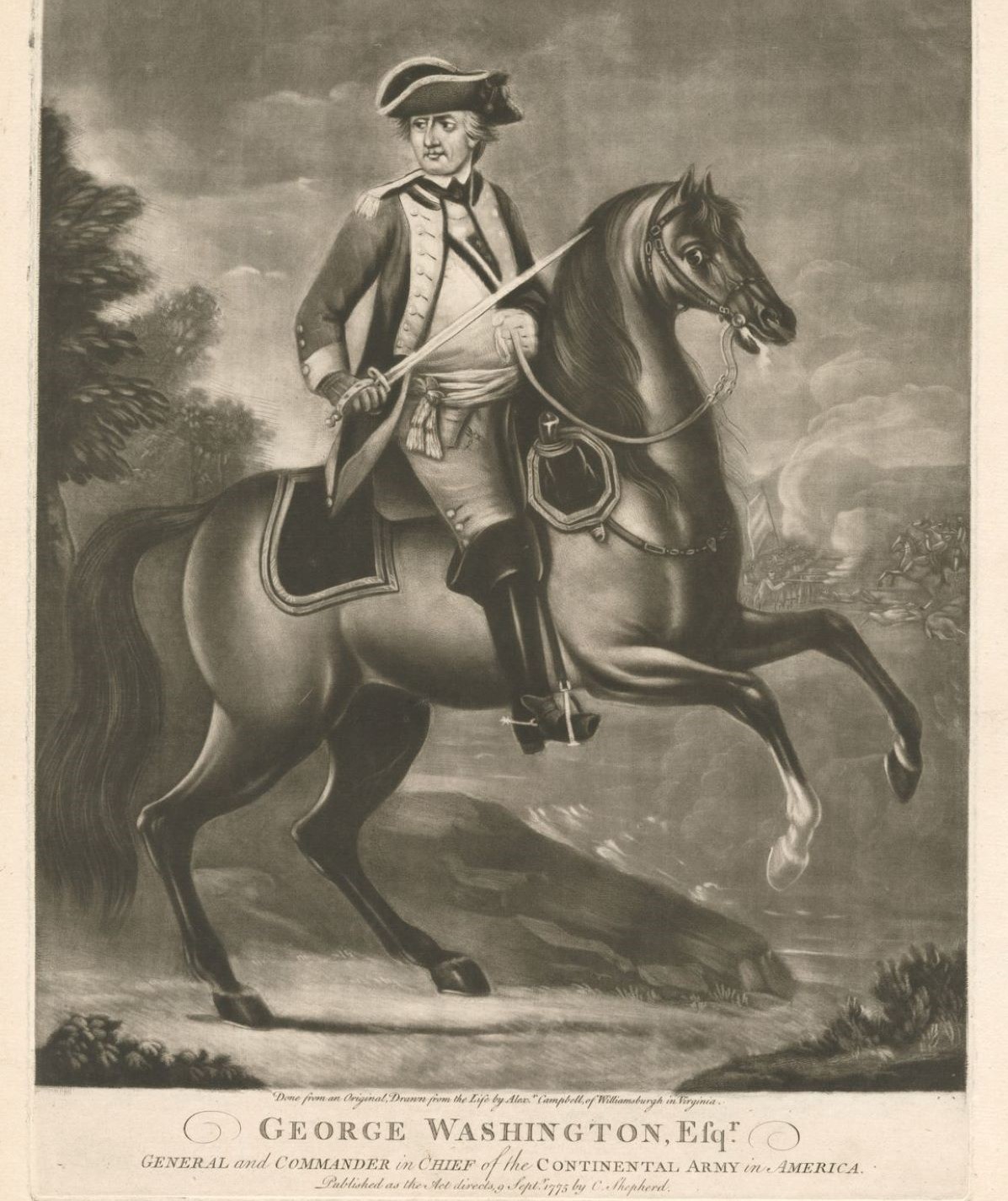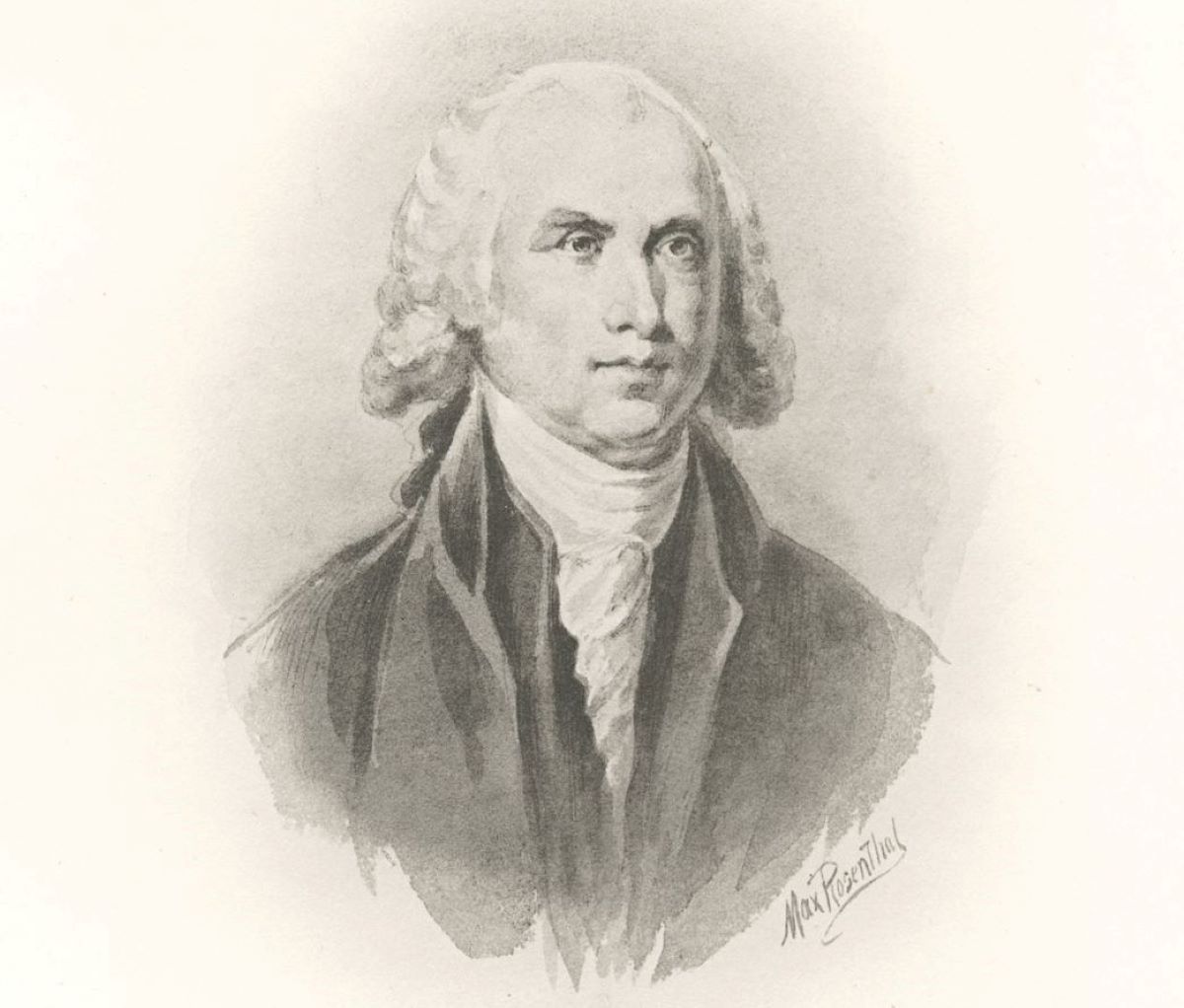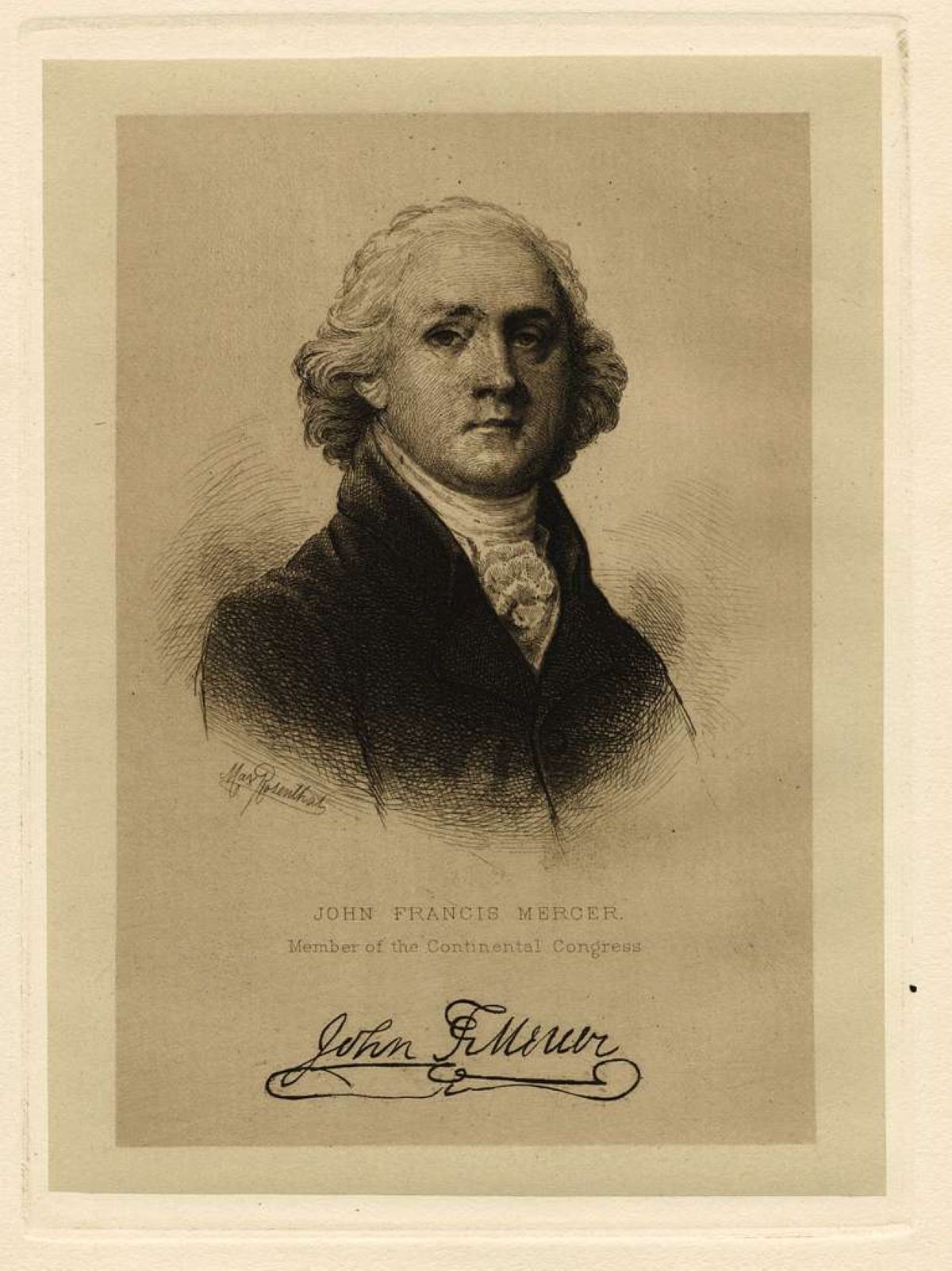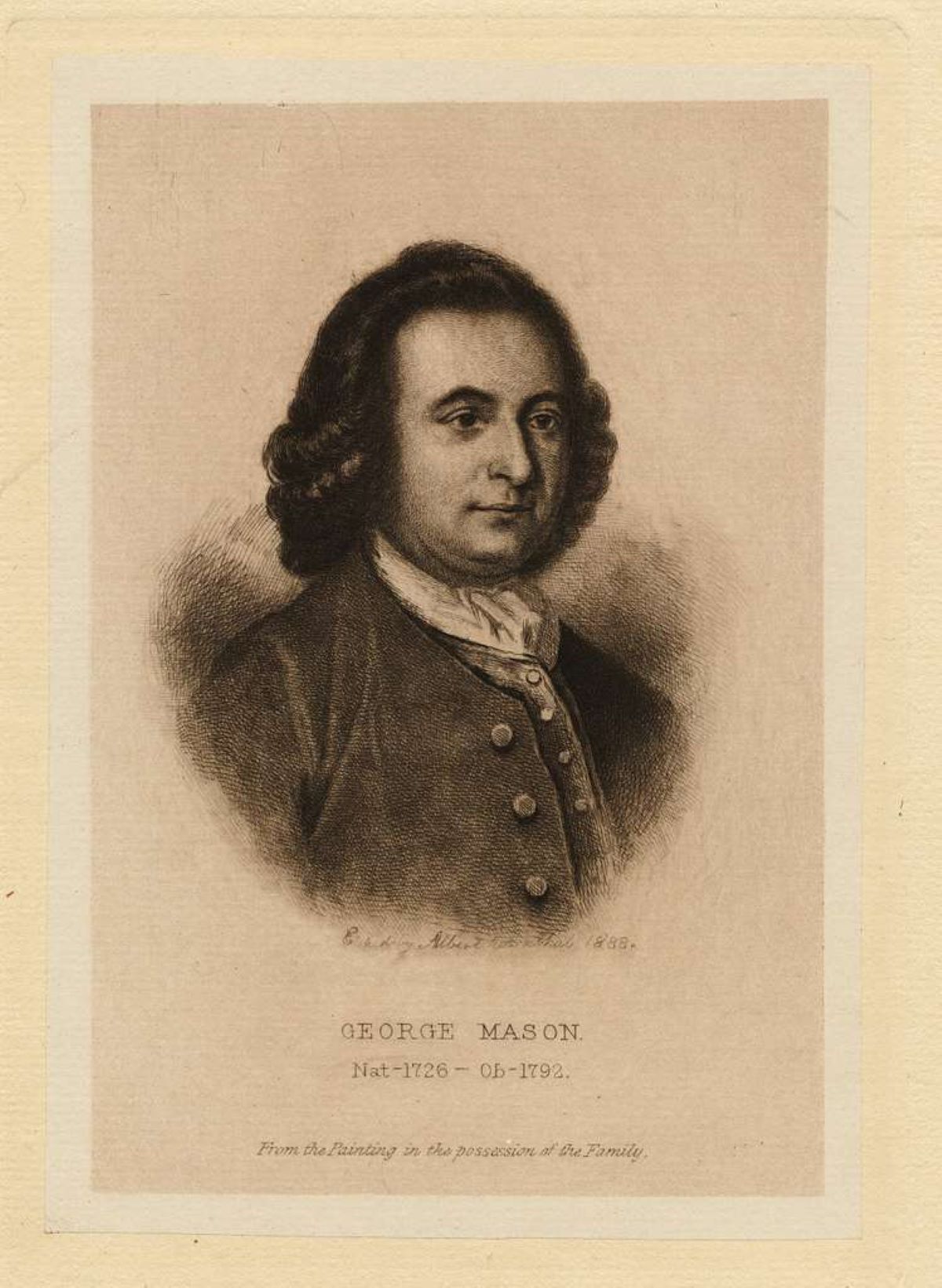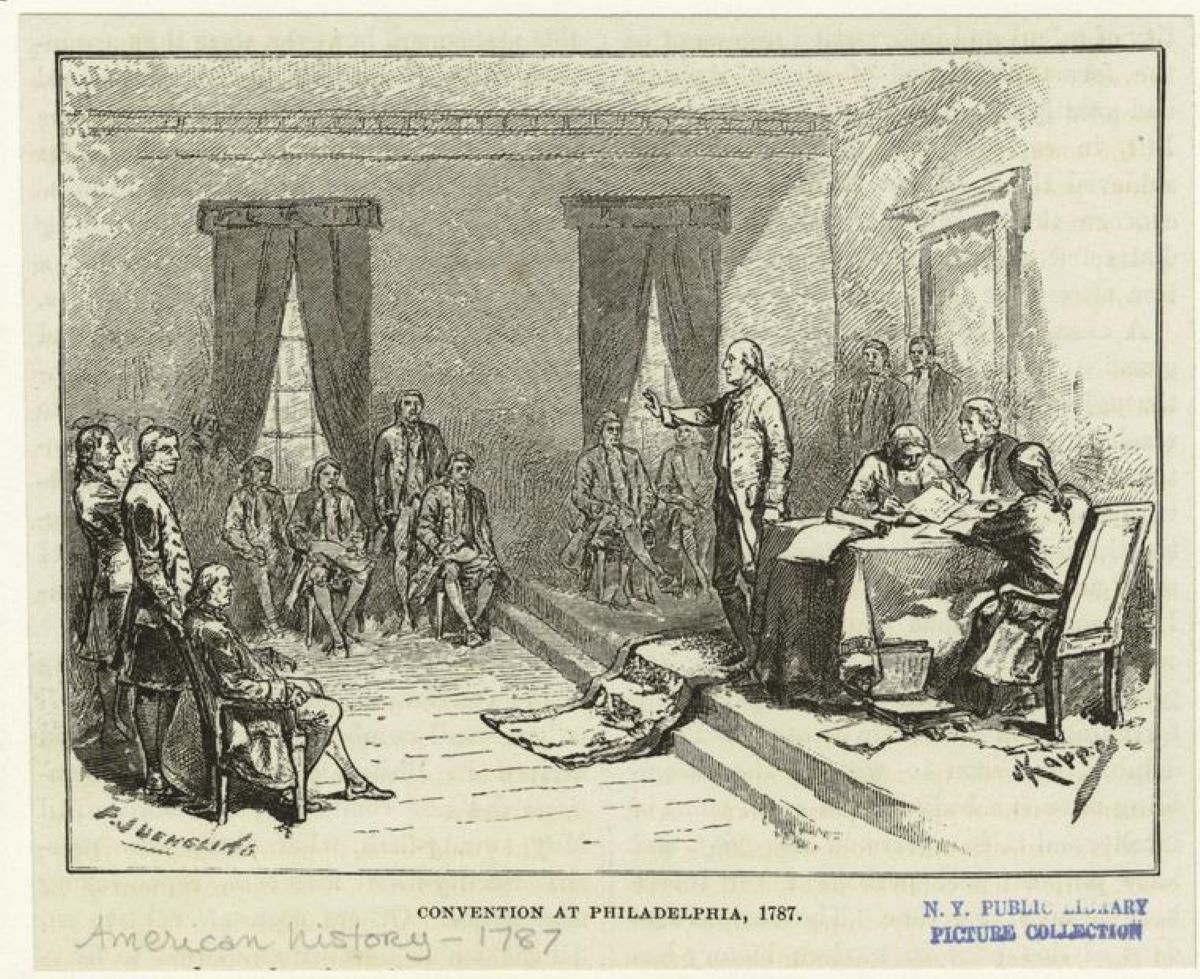Founders of the U.S. Constitution
About this Collection
The “Founders” refers to that generation of men and women who were active in the American Revolution and the formation of the early American Republic and the Constitution.
Key People
Titles & Essays
THE READING ROOM
THE READING ROOM
THE READING ROOM
THE READING ROOM
THE READING ROOM
THE READING ROOM
THE READING ROOM
THE READING ROOM
THE READING ROOM
THE READING ROOM
THE READING ROOM
LIBERTY MATTERS
THE READING ROOM
THE READING ROOM
LIBERTY MATTERS
LIBERTY MATTERS
LIBERTY MATTERS
LIBERTY MATTERS
LIBERTY MATTERS
LIBERTY MATTERS
LIBERTY MATTERS
LIBERTY MATTERS
LIBERTY MATTERS
THE READING ROOM
THE READING ROOM
THE READING ROOM
THE READING ROOM
THE READING ROOM
THE READING ROOM
THE READING ROOM
THE READING ROOM
THE READING ROOM
THE READING ROOM
THE READING ROOM
THE READING ROOM
THE READING ROOM
THE READING ROOM
THE READING ROOM
THE READING ROOM
THE READING ROOM
THE READING ROOM
THE READING ROOM
THE READING ROOM
THE READING ROOM
THE READING ROOM
THE READING ROOM
THE READING ROOM
THE READING ROOM
THE READING ROOM
THE READING ROOM
THE READING ROOM
THE READING ROOM
THE READING ROOM
THE READING ROOM
THE READING ROOM
THE READING ROOM
THE READING ROOM
THE READING ROOM
Quotes
Revolution
Adams and Jefferson reflect on the Revolution and the future of liberty (1823)
Class
Alexander Hamilton on the Civil Balance of Power
Money & Banking
Alexander Hamilton on the Constitutionality of a National Bank
Origin of Government
Alexander Hamilton on the Federal Army versus the Individual States
War & Peace
Alexander Hamilton warns of the danger to civil society and liberty from a standing army since “the military state becomes elevated above the civil” (1787)
Colonies, Slavery & Abolition
Benjamin Franklin and the Need for Unity among the Colonies
The State
Benjamin Franklin on the “superstructure” of Good Government (1736)
Revolution
Benjamin Franklin on the trade off between essential liberty and temporary safety (1775)
Society
Benjamin Franklin’s List of Virtues for “Clean” Living
Revolution
George Washington on Political Differences
Politics & Liberty
George Washington on the Difference between Commercial and Political Relations with other Countries (1796)
Colonies, Slavery & Abolition
George Washington on War and Peace
Presidents, Kings, Tyrants, & Despots
George Washington warns that the knee jerk reaction of citizens to problems is to seek a solution in the creation of a “new monarch”(1786)
Presidents, Kings, Tyrants, & Despots
George Washington warns the nation in his Farewell Address, that love of power will tend to create a real despotism in America unless proper checks and balances are maintained to limit government power (1796)
War & Peace
James Madison argues that the Constitution places war-making powers squarely with the legislative branch; for the president to have these powers is the “the true nurse of executive aggrandizement” (1793)
Class
James Madison on the “sagacious and monied few” who are able to “harvest” the benefits of government regulations (1787)
Parties & Elections
James Madison on the dangers of elections resulting in overbearing majorities who respect neither justice nor individual rights, Federalist 10 (1788)
Politics & Liberty
James Madison on the mischievous effects of mutable government in The Federalist no. 62 (1788)
War & Peace
James Madison on the necessity of separating the power of “the sword from the purse” (1793)
Politics & Liberty
James Madison on the need for the “separation of powers” because “men are not angels,” Federalist 51 (1788)
War & Peace
James Madison on the need for the people to declare war and for each generation, not future generations, to bear the costs of the wars they fight (1792)
Presidents, Kings, Tyrants, & Despots
Jefferson feared that it would only be a matter of time before the American system of government degenerated into a form of “elective despotism” (1785)
Presidents, Kings, Tyrants, & Despots
Jefferson on how Congress misuses the inter-state commerce and general welfare clauses to promote the centralization of power (1825)
Taxation
Jefferson on Taxes and the General Welfare (1791)
Politics & Liberty
Jefferson on the right to change one’s government (1776)
Taxation
Jefferson tells Congress that since tax revenues are increasing faster than population then taxes on all manner of items can be “dispensed with” (i.e. abolished) (1801)
Revolution
Jefferson warns about the rise of an “Anglo-Monarchio-Aristocratic party” in America (1797)
Presidents, Kings, Tyrants, & Despots
Jefferson’s list of objections to the British Empire in his first draft of the Declaration of Independence (1776)
Freedom of Speech
Jefferson’s preference for “newspapers without government” over “government without newspapers” (1787)
Law
John Adams argues that the British Empire is not a “true” empire but a form of a “republic” where the rule of law operates (1763)
Presidents, Kings, Tyrants, & Despots
John Adams on how absolute power intoxicates those who excercise that power (1814)
The State
John Adams on Religion and the Constitution
Law
John Adams predicts a glorious future for America under the new Constitution and is in “reverence and awe” at its future prospects (1787)
Politics & Liberty
John Adams thought he could see arbitrary power emerging in the American colonies and urged his countrymen to “nip it in the bud” before they lost all their liberties (1774)
War & Peace
John Jay in The Federalist Papers discussed why nations go to war and concluded that it was not for justice but “whenever they have a prospect of getting any thing by it” (1787)
War & Peace
John Jay on the pretended as well as the just causes of war (1787)
Liberty
Madison on “Parchment Barriers” and the defence of liberty I (1788)
Presidents, Kings, Tyrants, & Despots
Madison on “Parchment Barriers” and the defence of liberty II (1788)
War & Peace
The 7th Day of Christmas: Madison on “the most noble of all ambitions” which a government can have, of promoting peace on earth (1816)
War & Peace
The 8th Day of Christmas: Jefferson on the inevitability of revolution in England only after which there will be peace on earth (1817)
Money & Banking
Thomas Jefferson and The National Bank Question Yet Again: 1813-1817
Taxation
Thomas Jefferson boasts about having reduced the size of government and eliminated a number of “vexatious” taxes (1805)
Money & Banking
Thomas Jefferson in a letter to John Taylor condemns the system of banking as “a blot” on the constitution, as corrupt, and that long-term government debt was “swindling” future generations (1816)
Colonies, Slavery & Abolition
Thomas Jefferson on Slavery and Liberty
Colonies, Slavery & Abolition
Thomas Jefferson on Slavery and the Wrath of God
War & Peace
Thomas Jefferson on the Draft as "the last of all oppressions" (1777)
Revolution
Thomas Jefferson on the Unity of the Nation
Natural Rights
Thomas Jefferson on whether the American Constitution is binding on those who were not born at the time it was signed and agreed to (1789)
Presidents, Kings, Tyrants, & Despots
Thomas Jefferson opposed vehemently the Alien and Sedition Laws of 1798 which granted the President enormous powers showing that the government had become a tyranny which desired to govern with "a rod of iron" (1798)
Colonies, Slavery & Abolition
Thomas Jefferson’s First Draft of the Declaration of Independence denounced the slave trade as an “execrable Commerce” and slavery itself as a “cruel war against nature itself” (1776)
Notes About This Collection
For more information see:
- Collections: The American Revolution and Constitution
- The Editors' Introduction to The Federalist (The Gideon Edition), Edited with an Introduction, Reader’s Guide, Constitutional Cross-reference, Index, and Glossary by George W. Carey and James McClellan (Indianapolis: Liberty Fund, 2001).
- Liberty and Order: The First American Party Struggle, ed. and with a Preface by Lance Banning (Indianapolis: Liberty Fund, 2004).
- The American Republic: Primary Sources, ed. Bruce Frohnen (Indianapolis: Liberty Fund, 2002).
- The essays on James Madison by George Carey in In Defense of the Constitution (1989) (revised ed.) (Indianapolis: Liberty Fund, 1995).
- The Preface to Empire and Nation: Letters from a Farmer in Pennsylvania (John Dickinson). Letters from the Federal Farmer (Richard Henry Lee), ed., Forrest McDonald (1962) (Indianapolis: Liberty Fund 1999).
- The Foreword to The Revolutionary Writings of John Adams, Selected and with a Foreword by C. Bradley Thompson (Indianapolis: Liberty Fund, 2000).
For additional information about the American Founding see the following:
